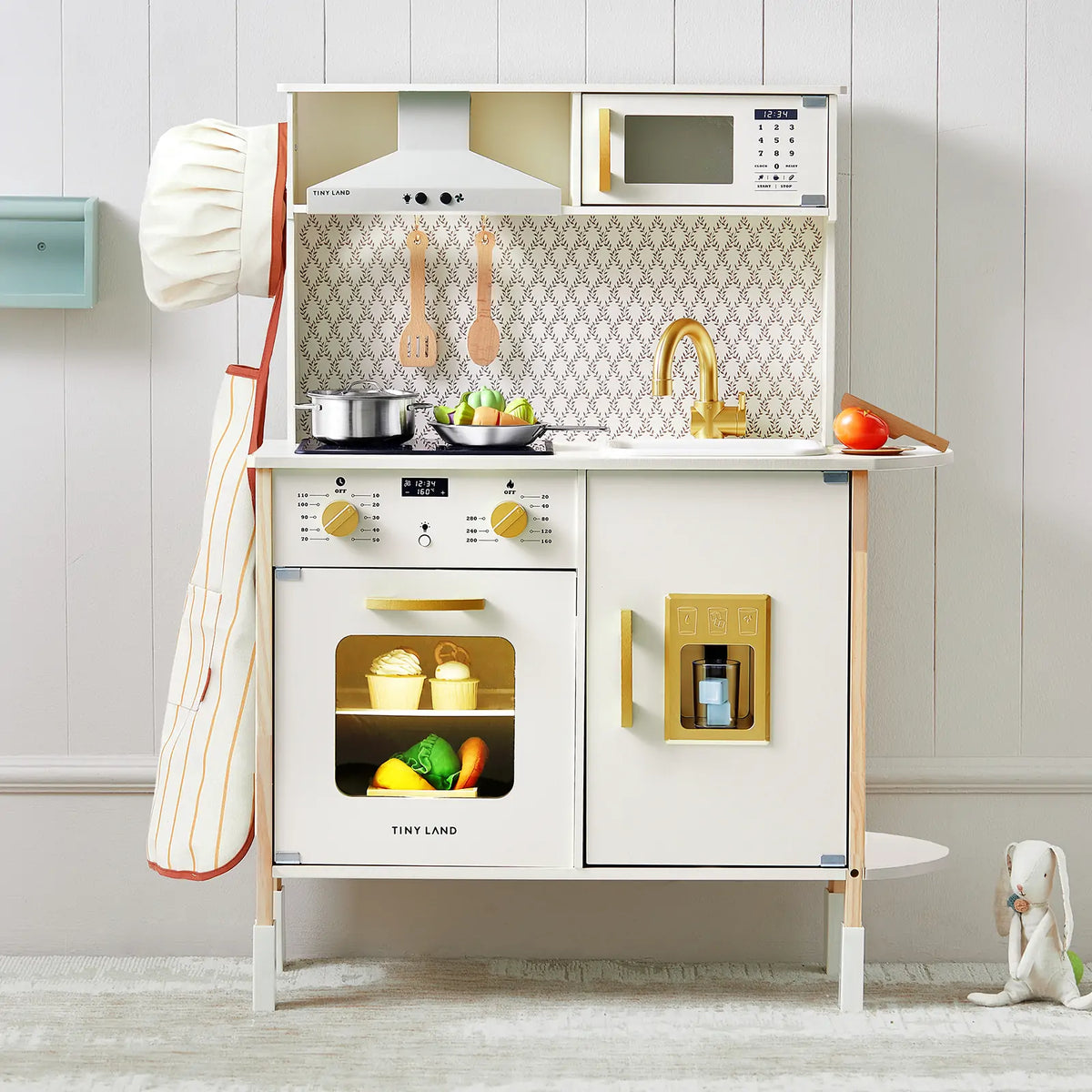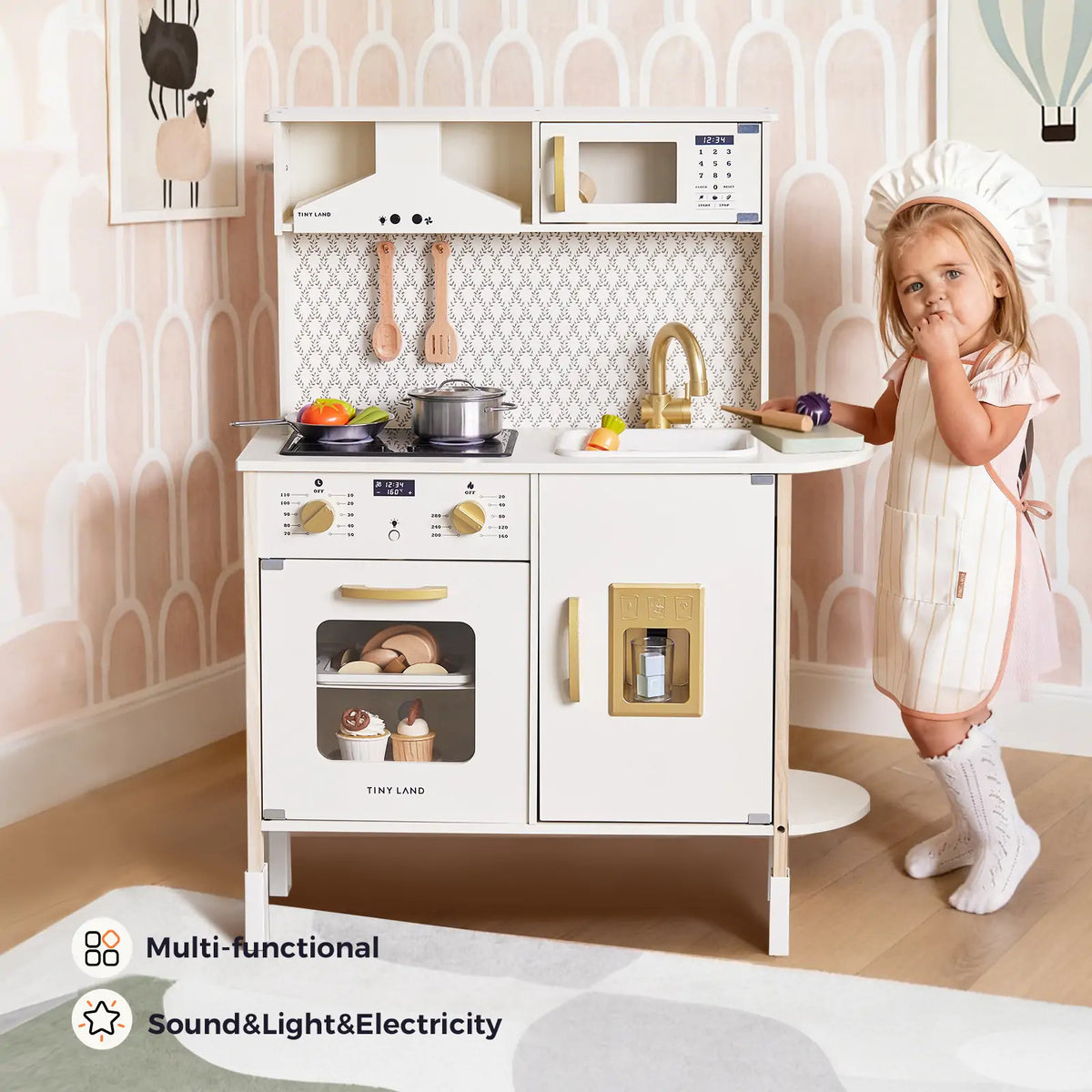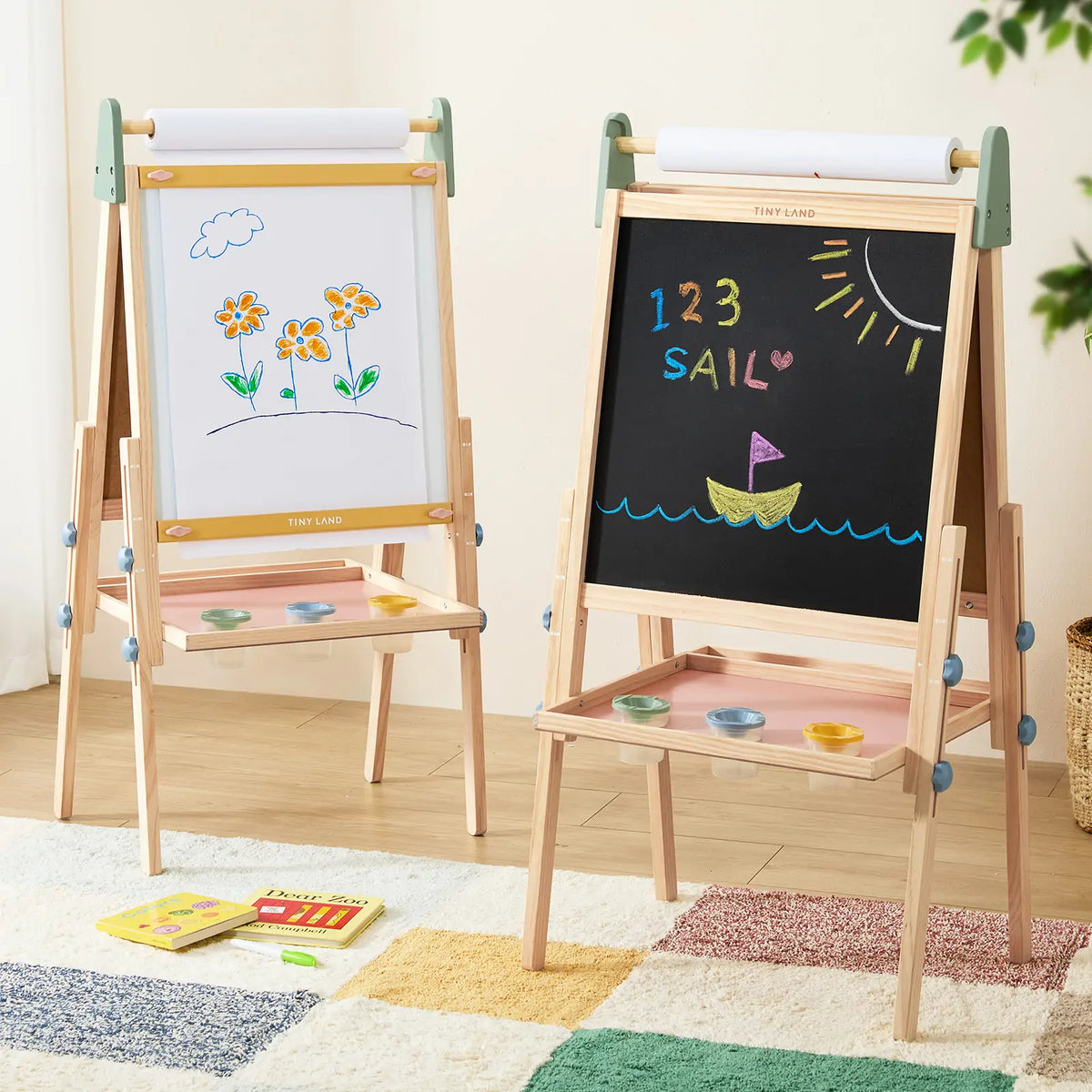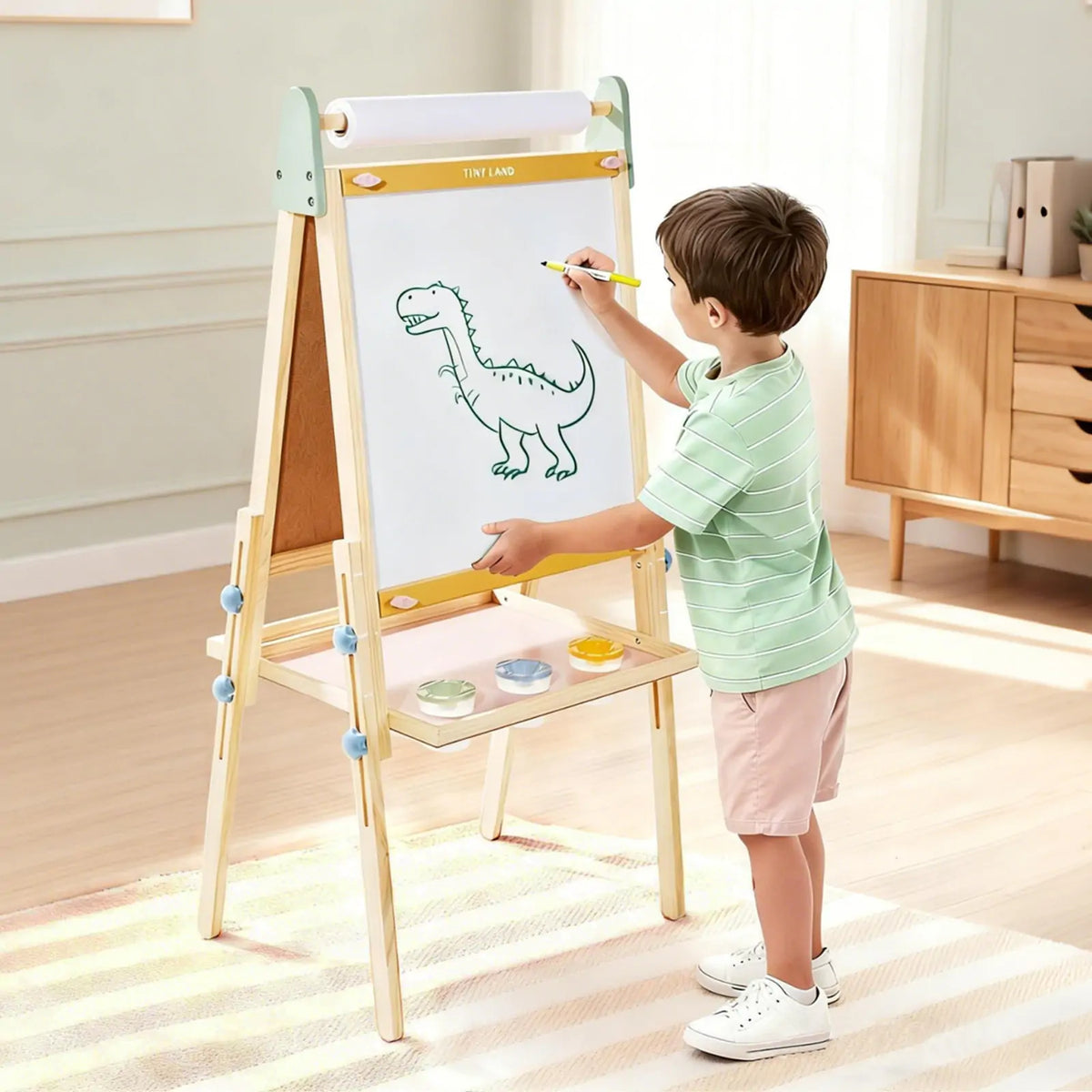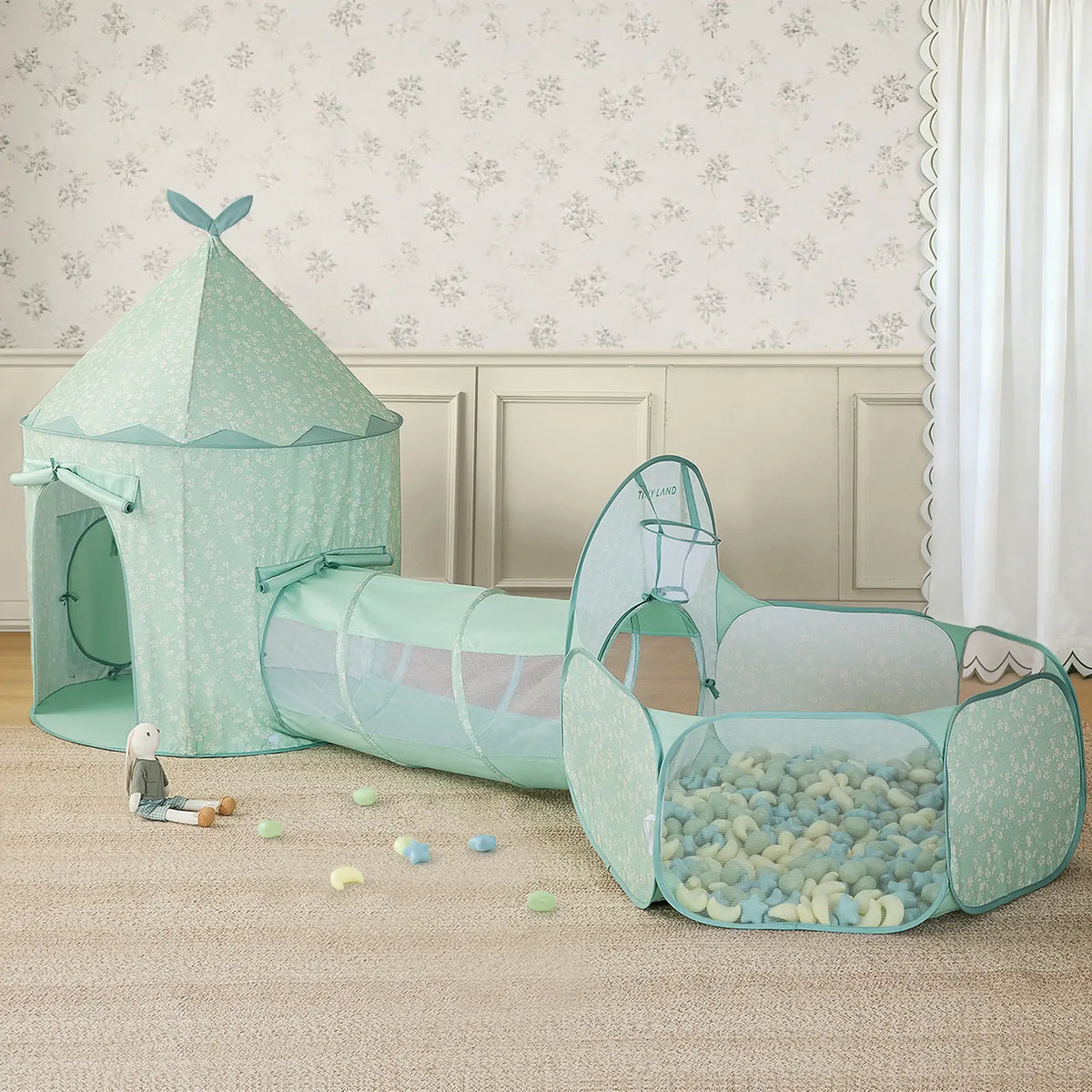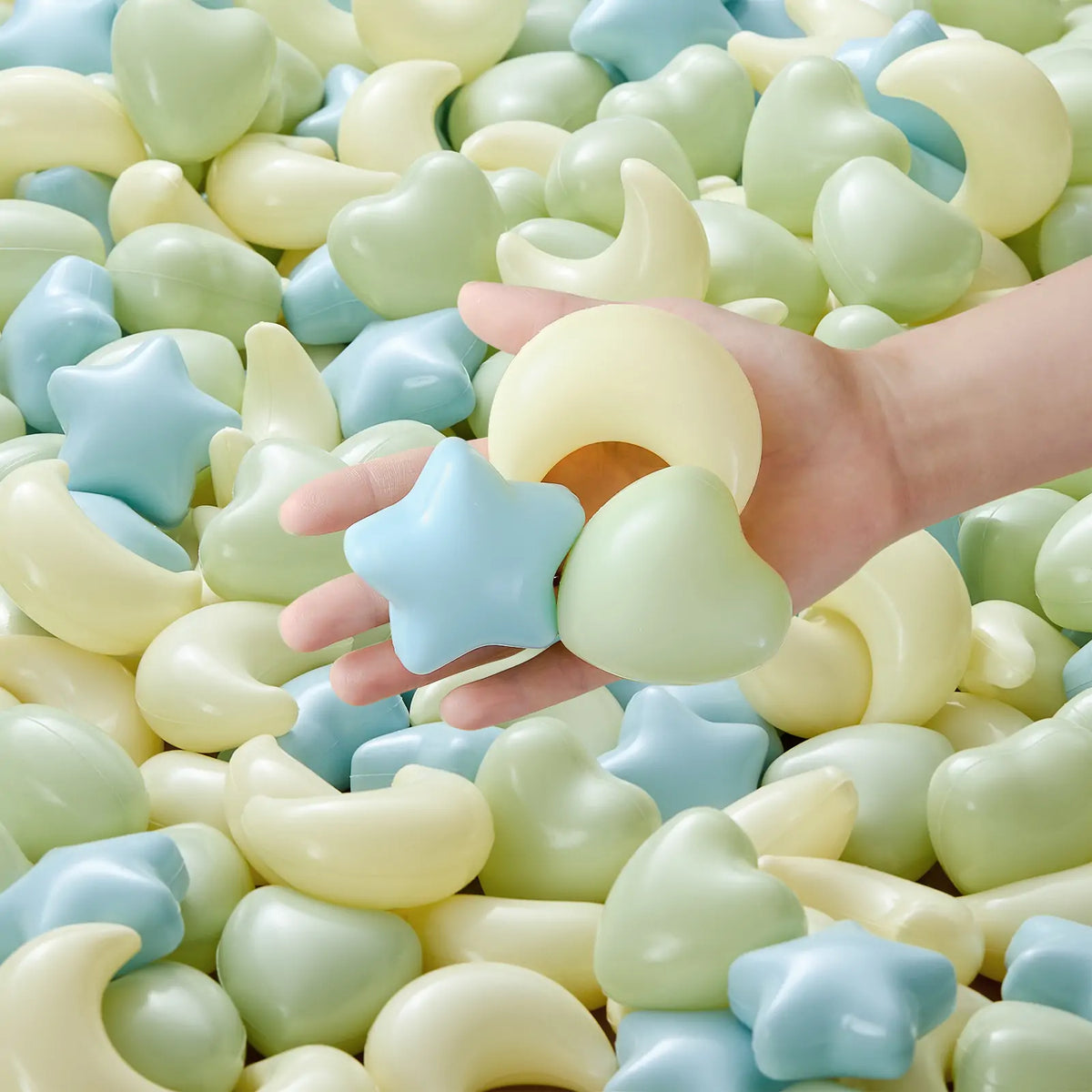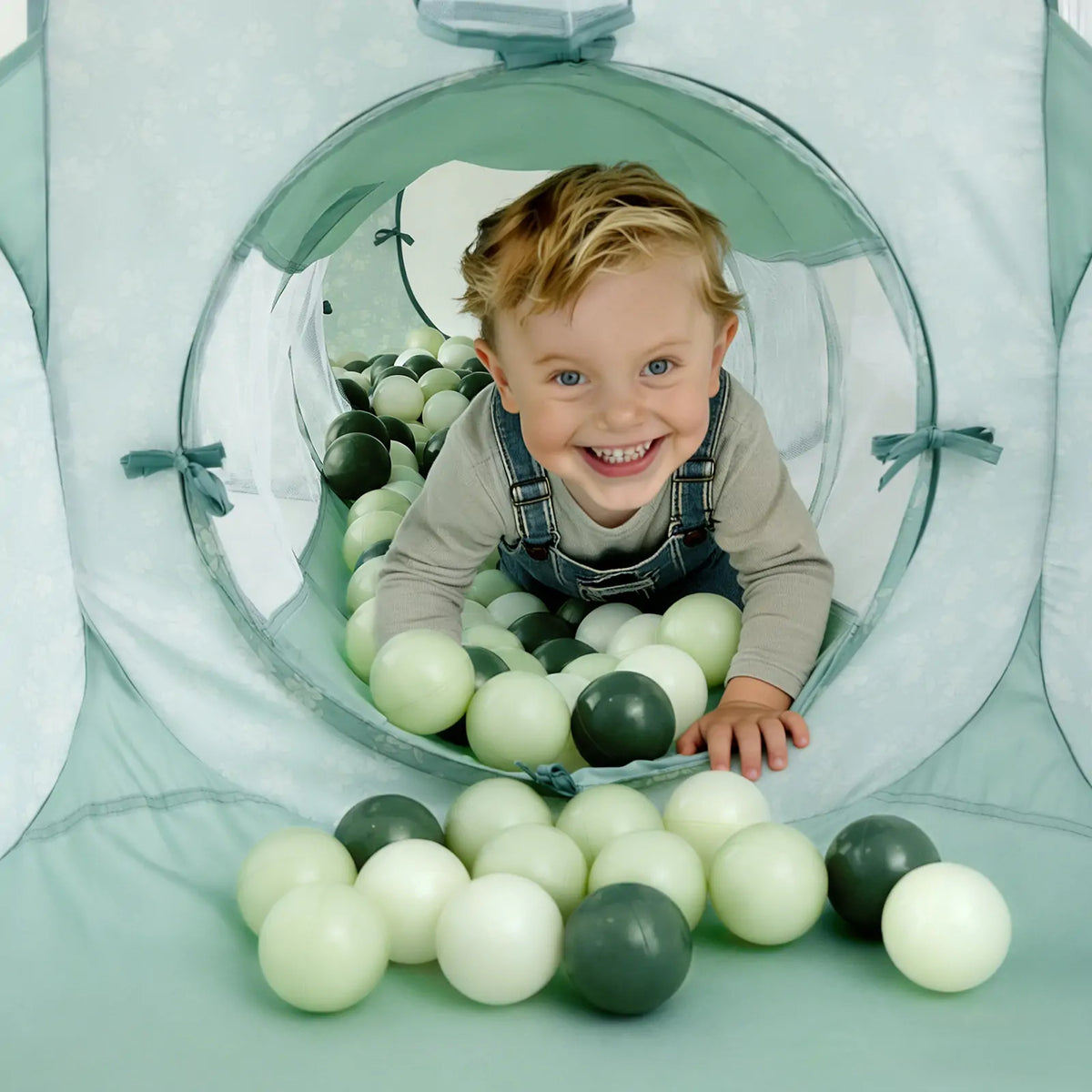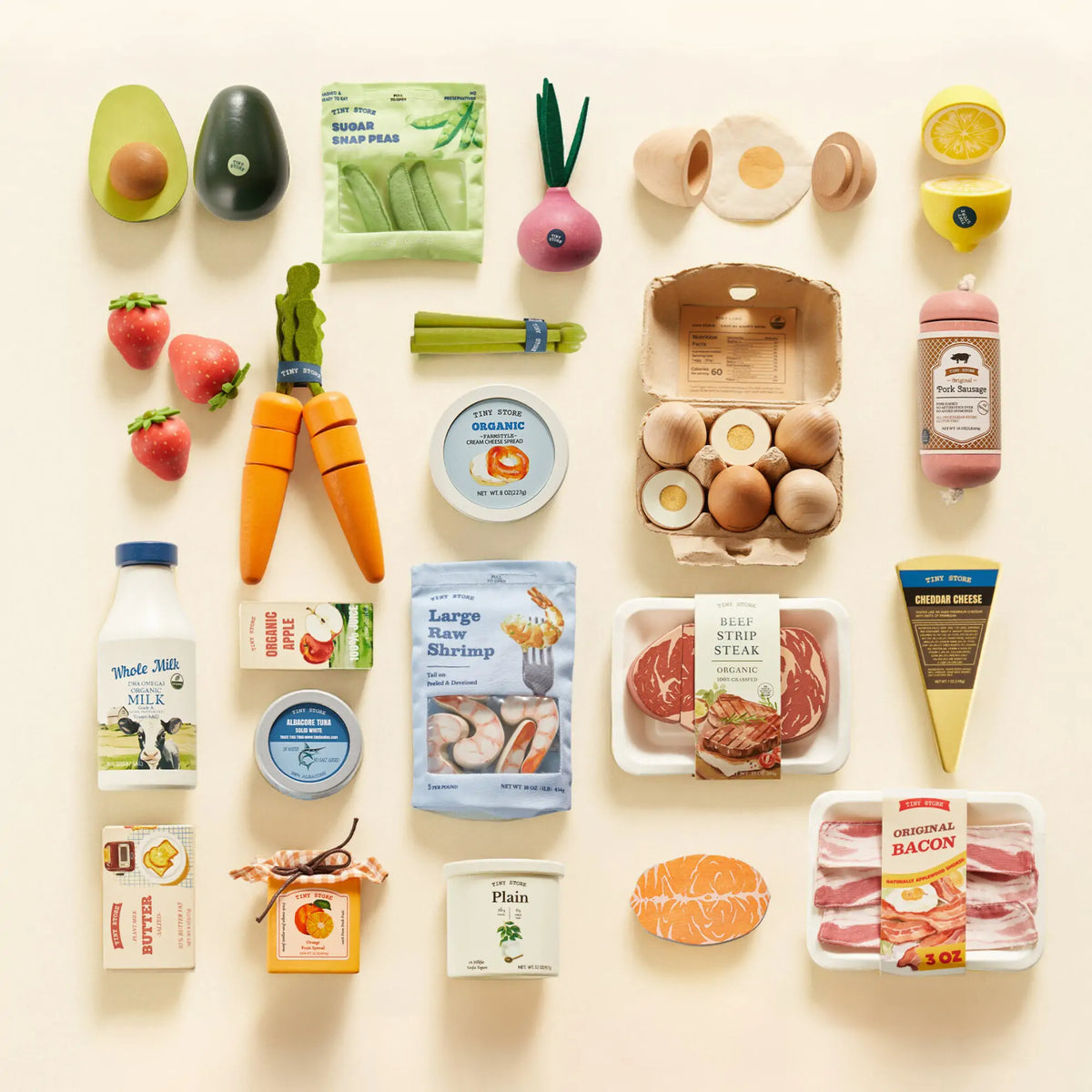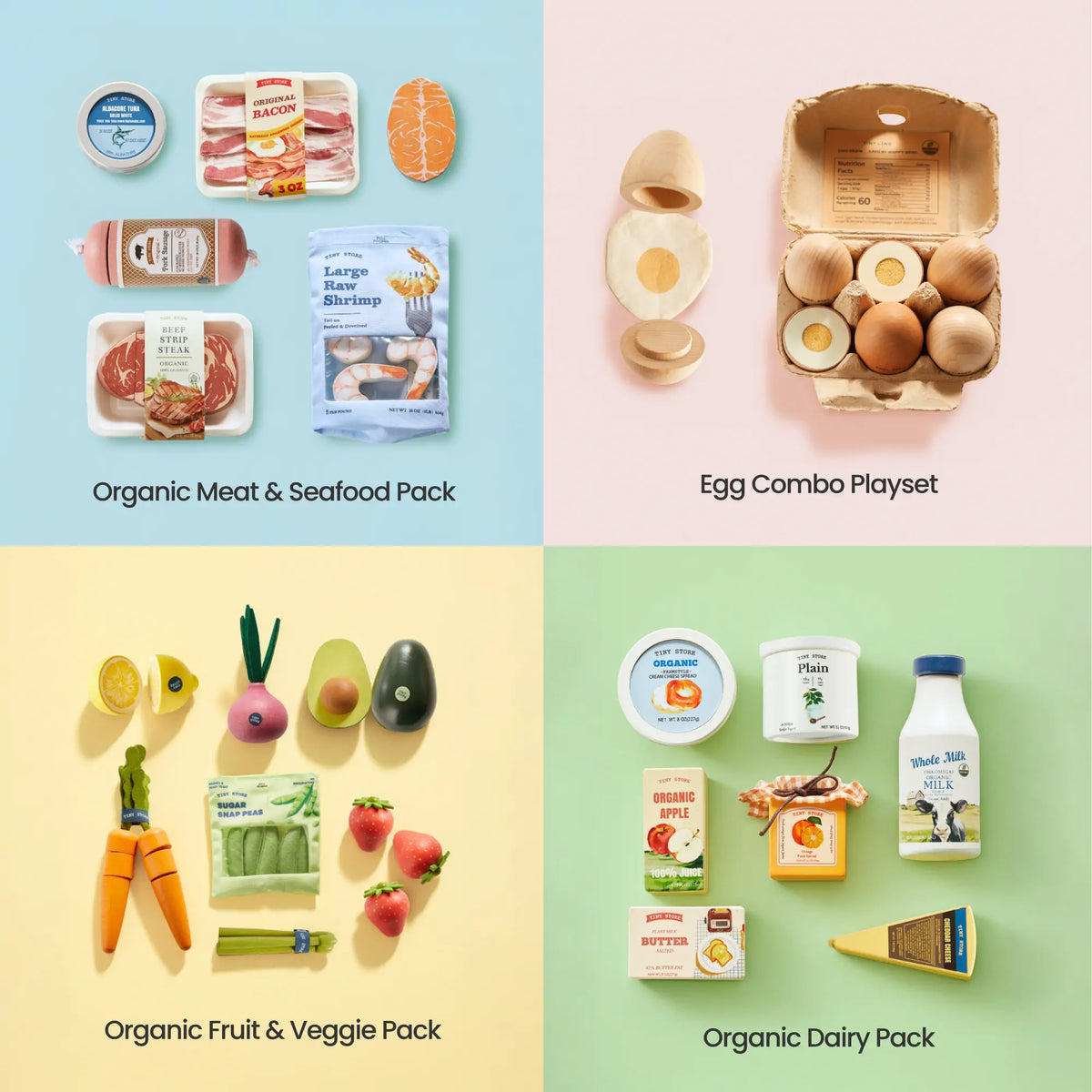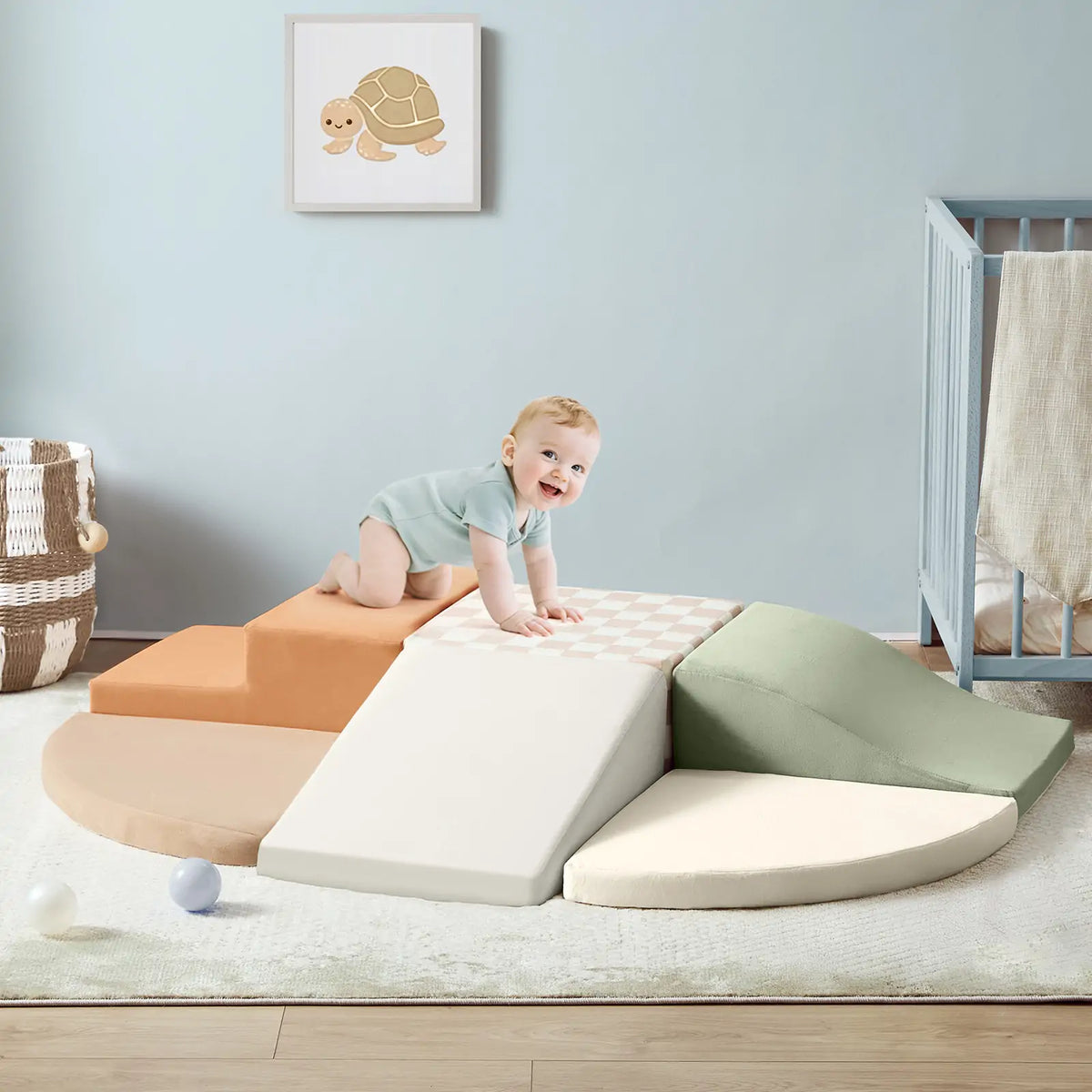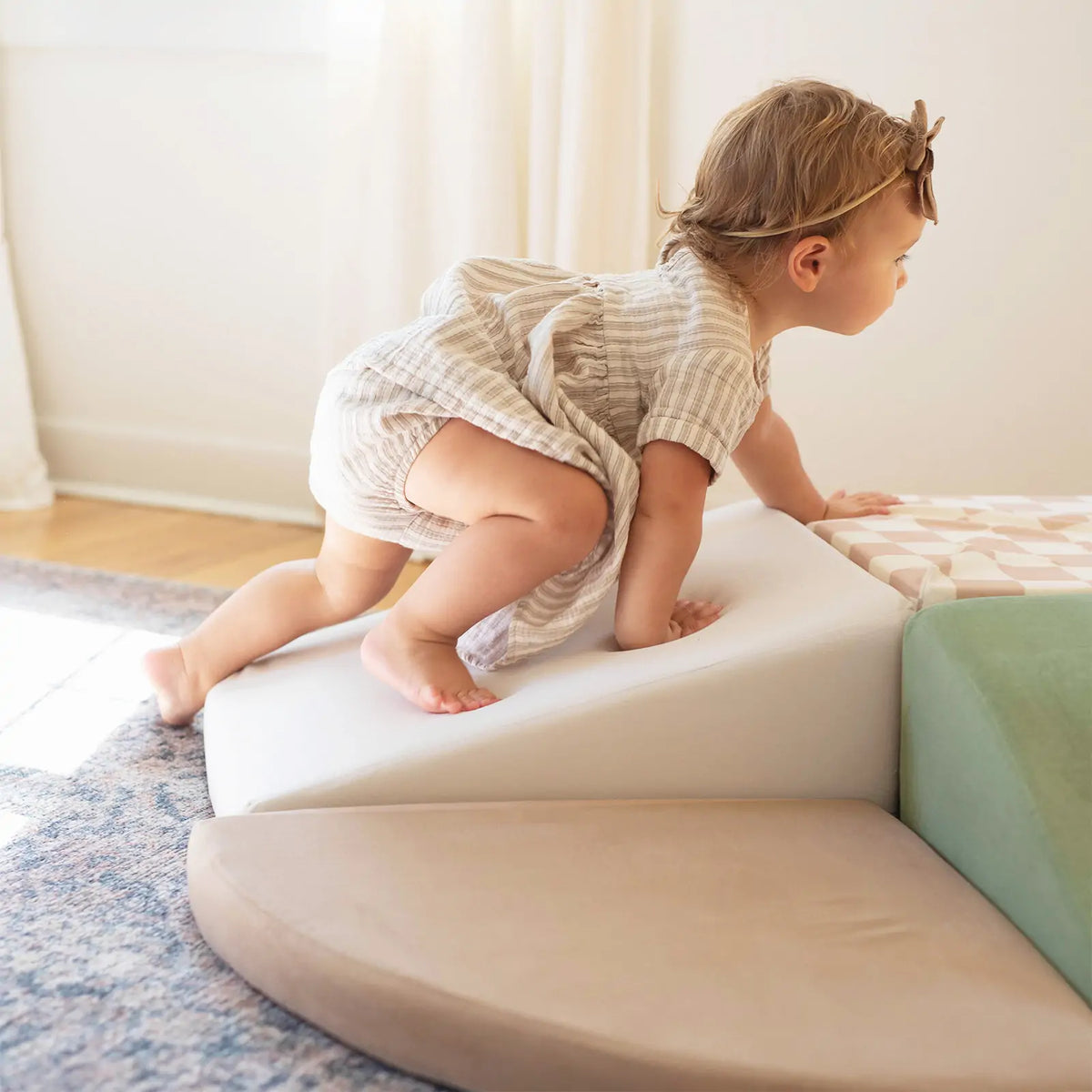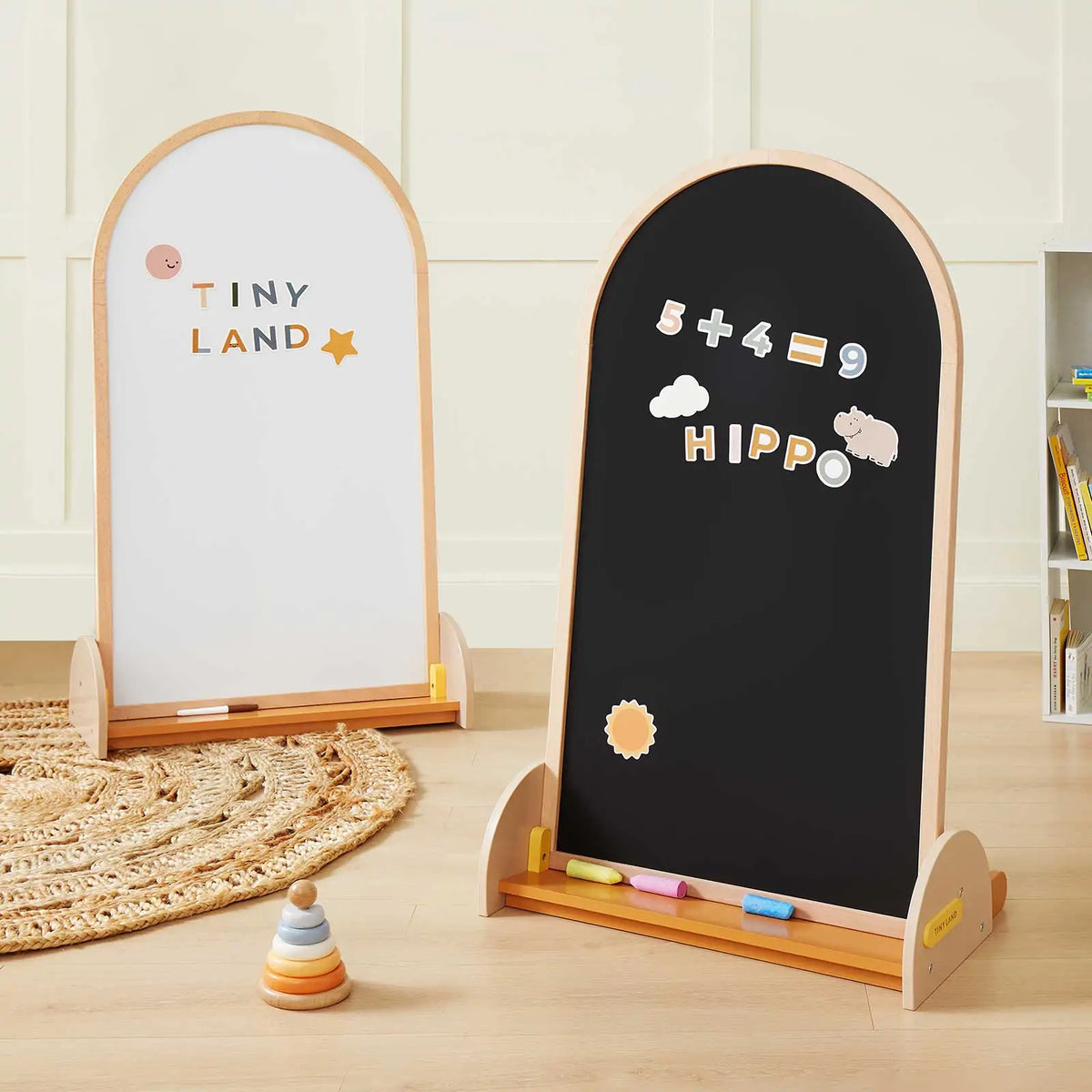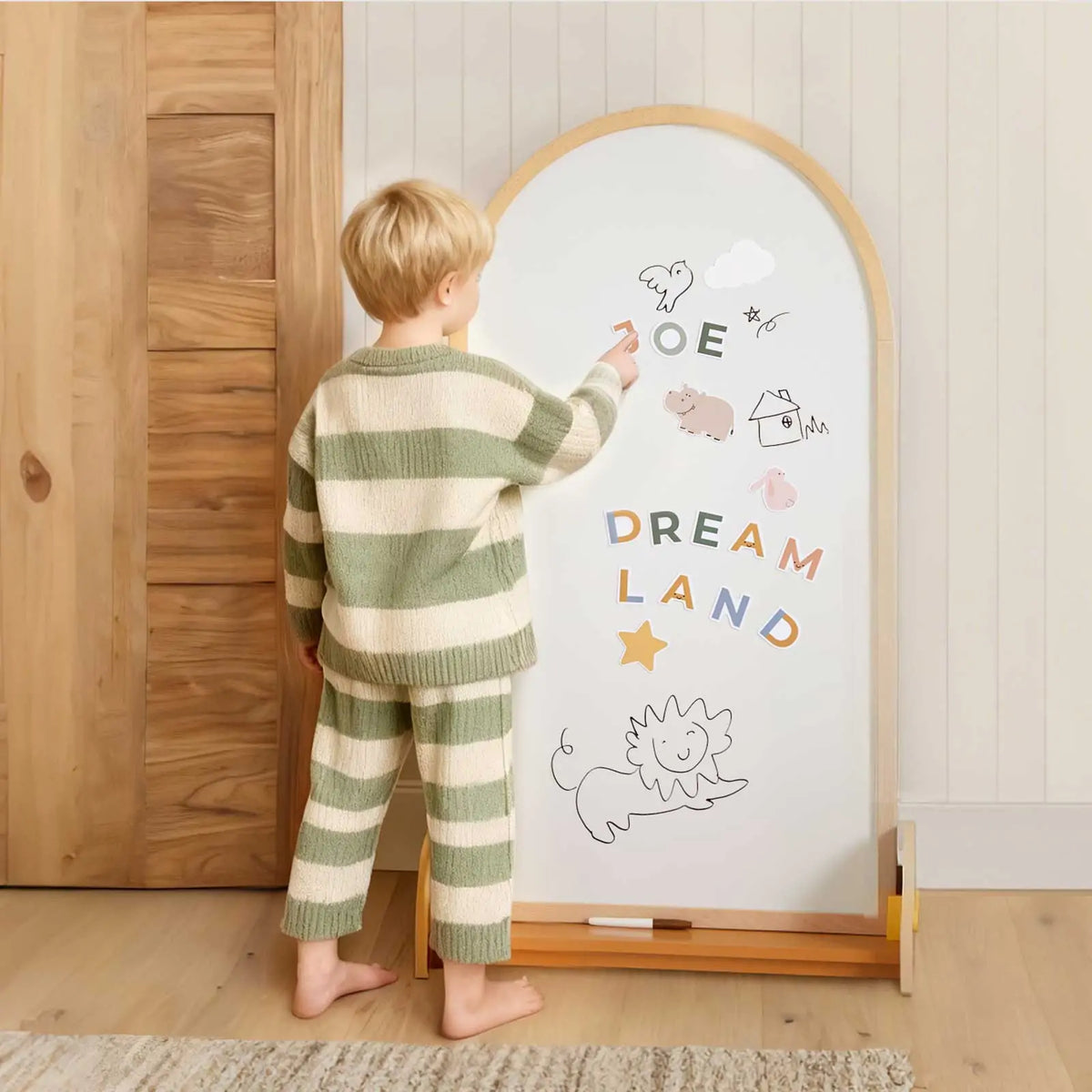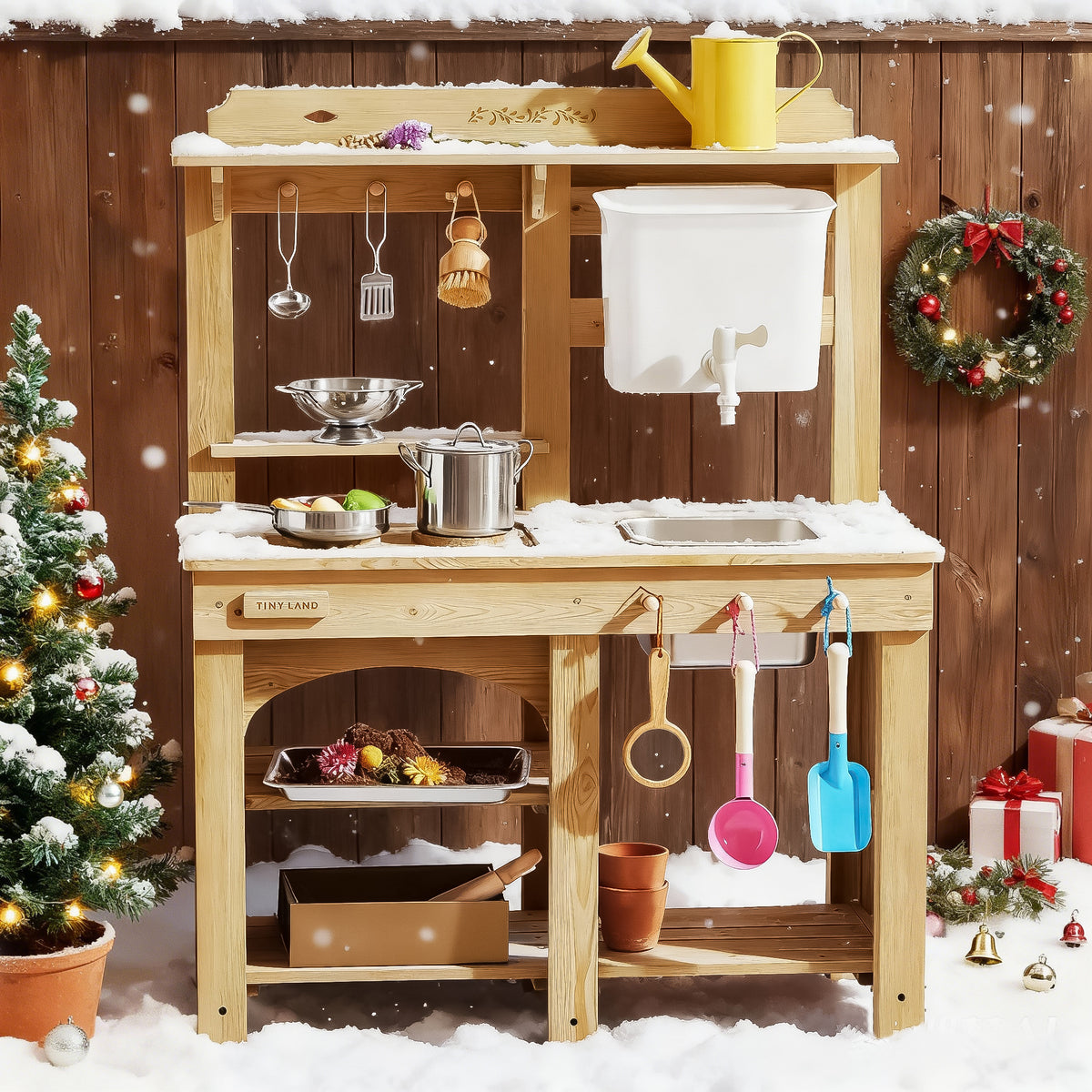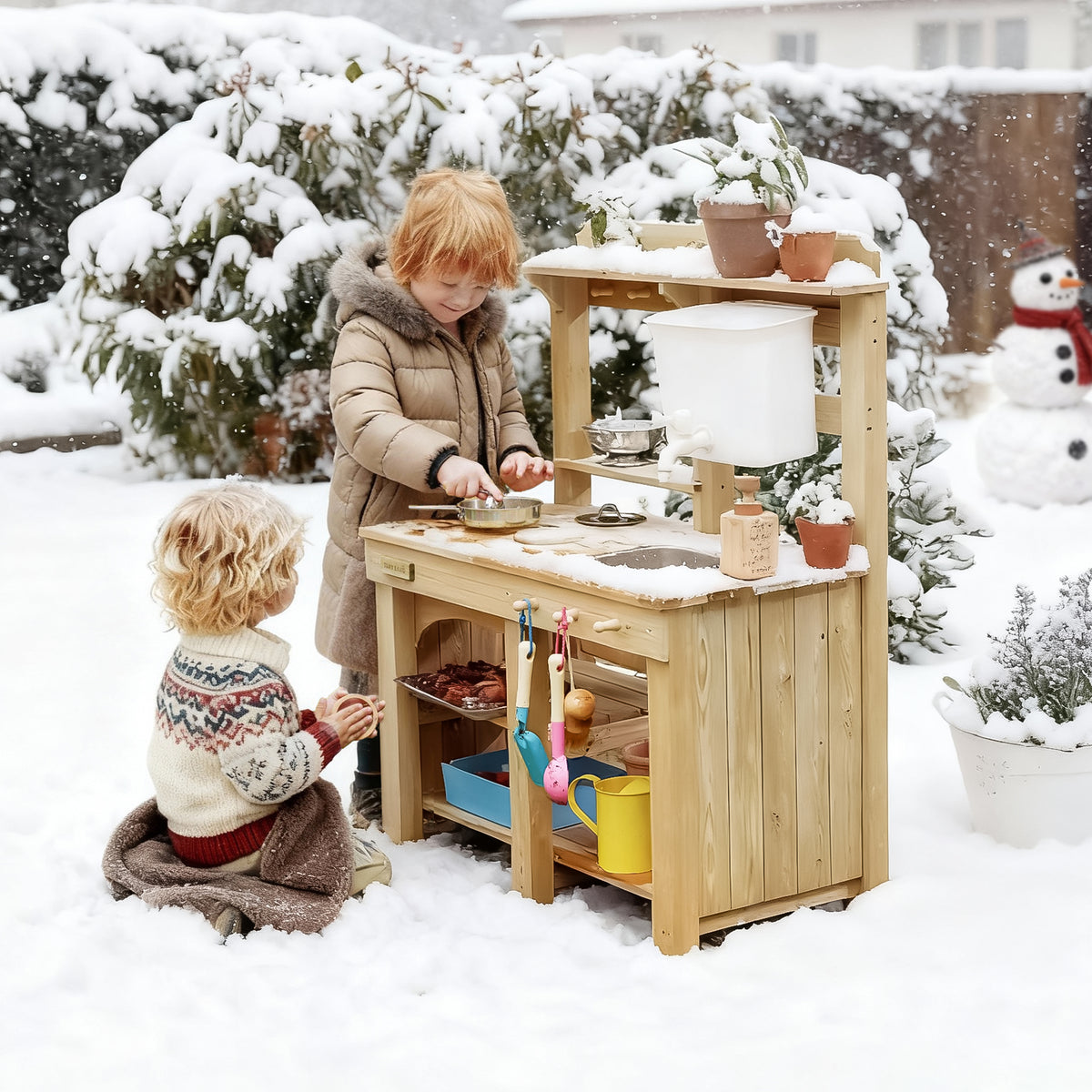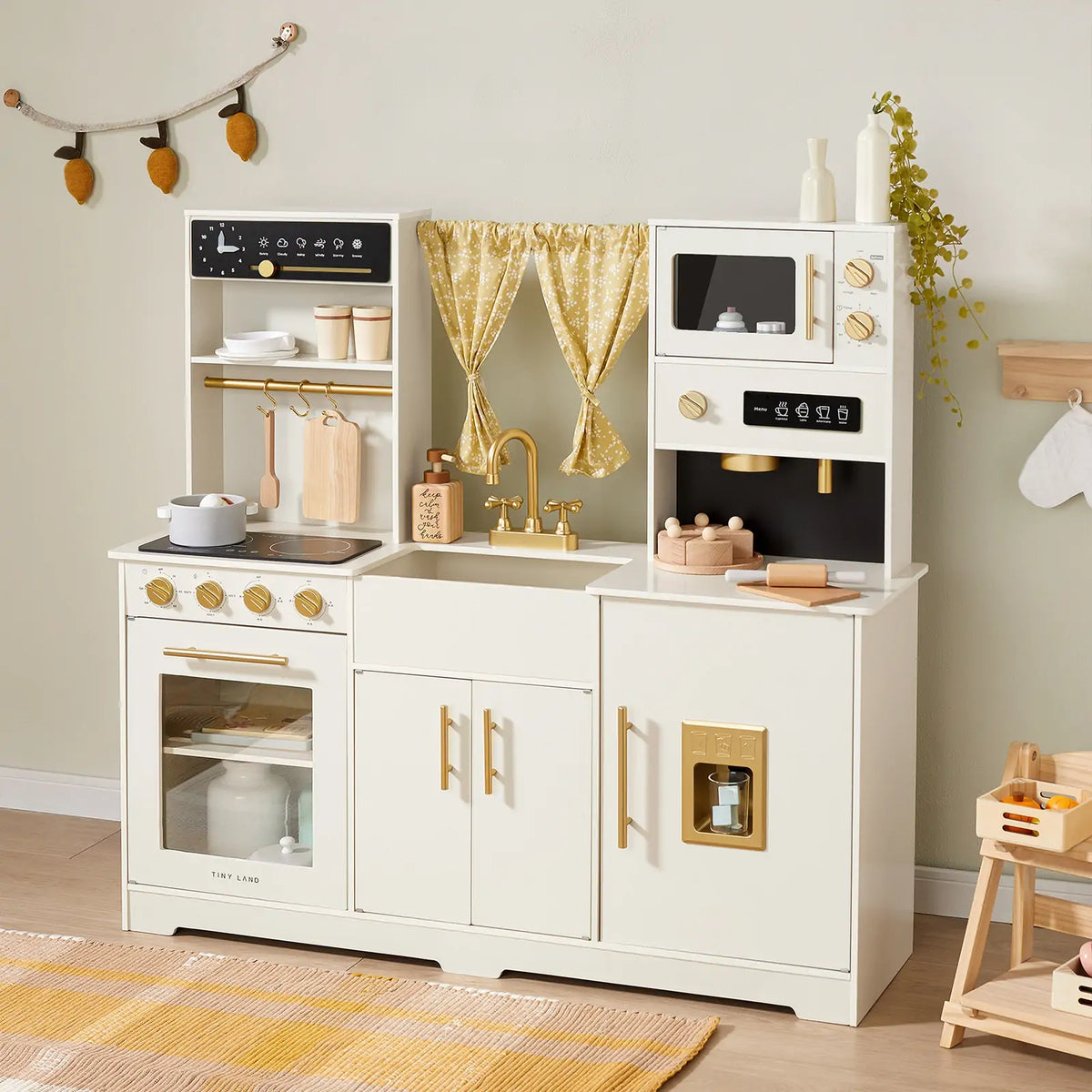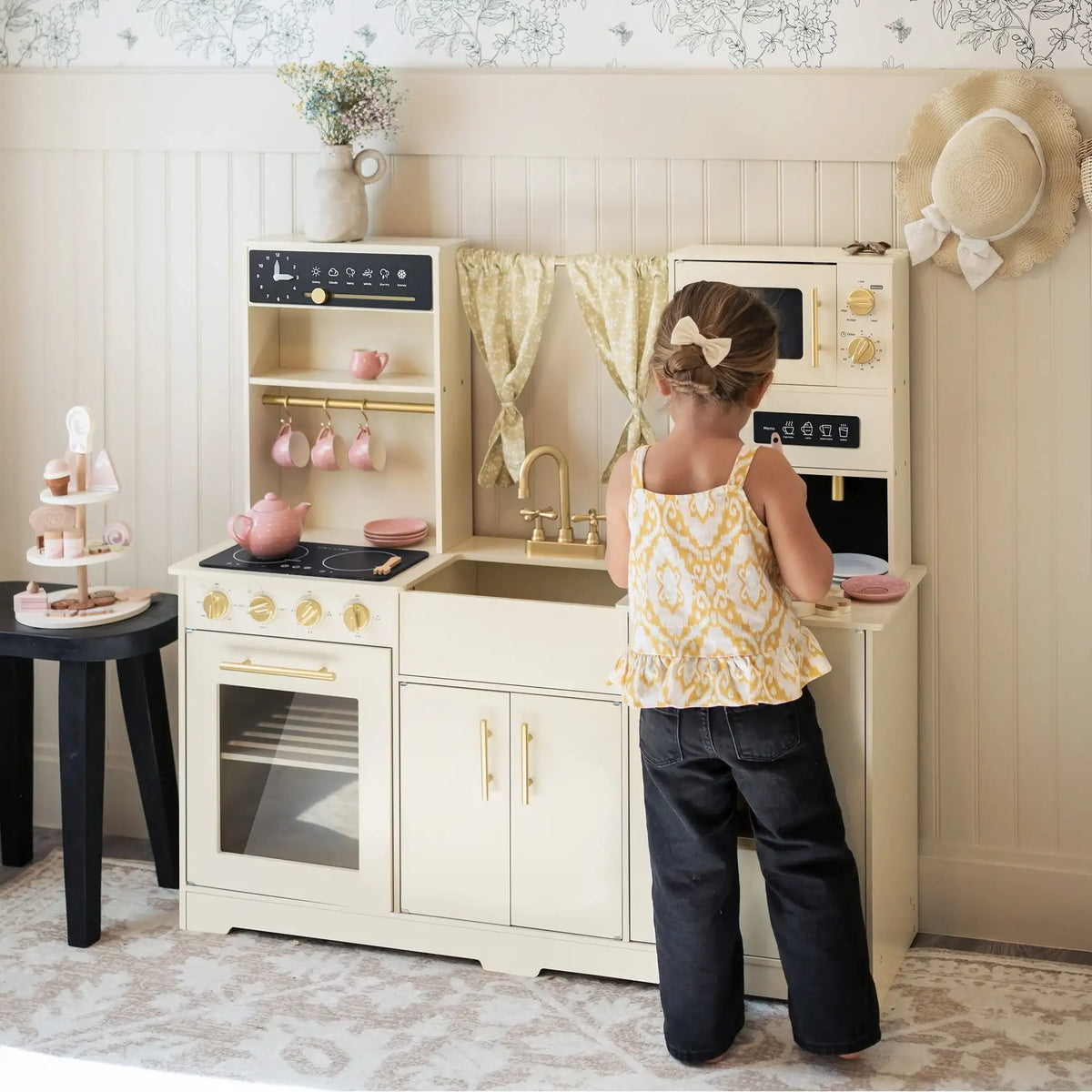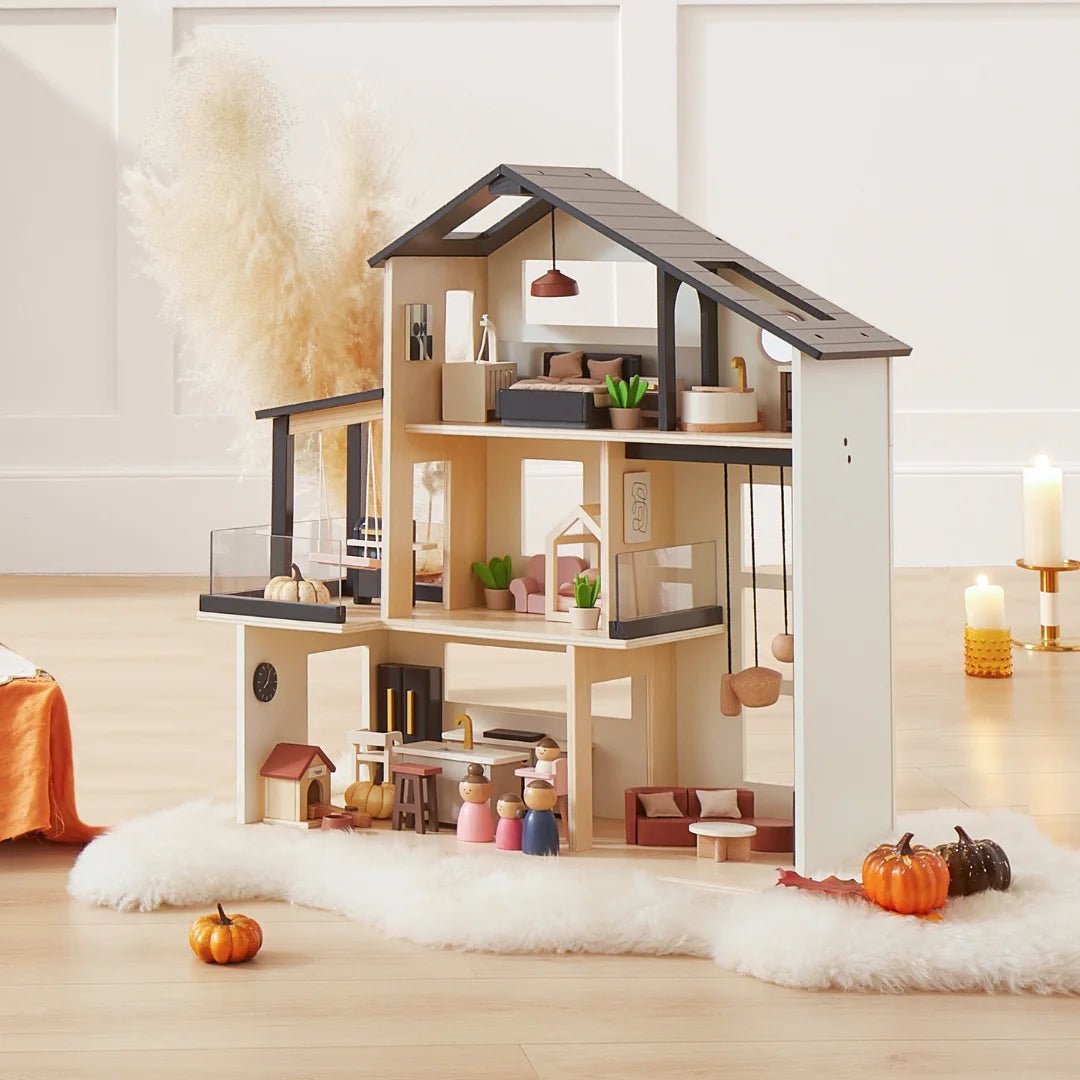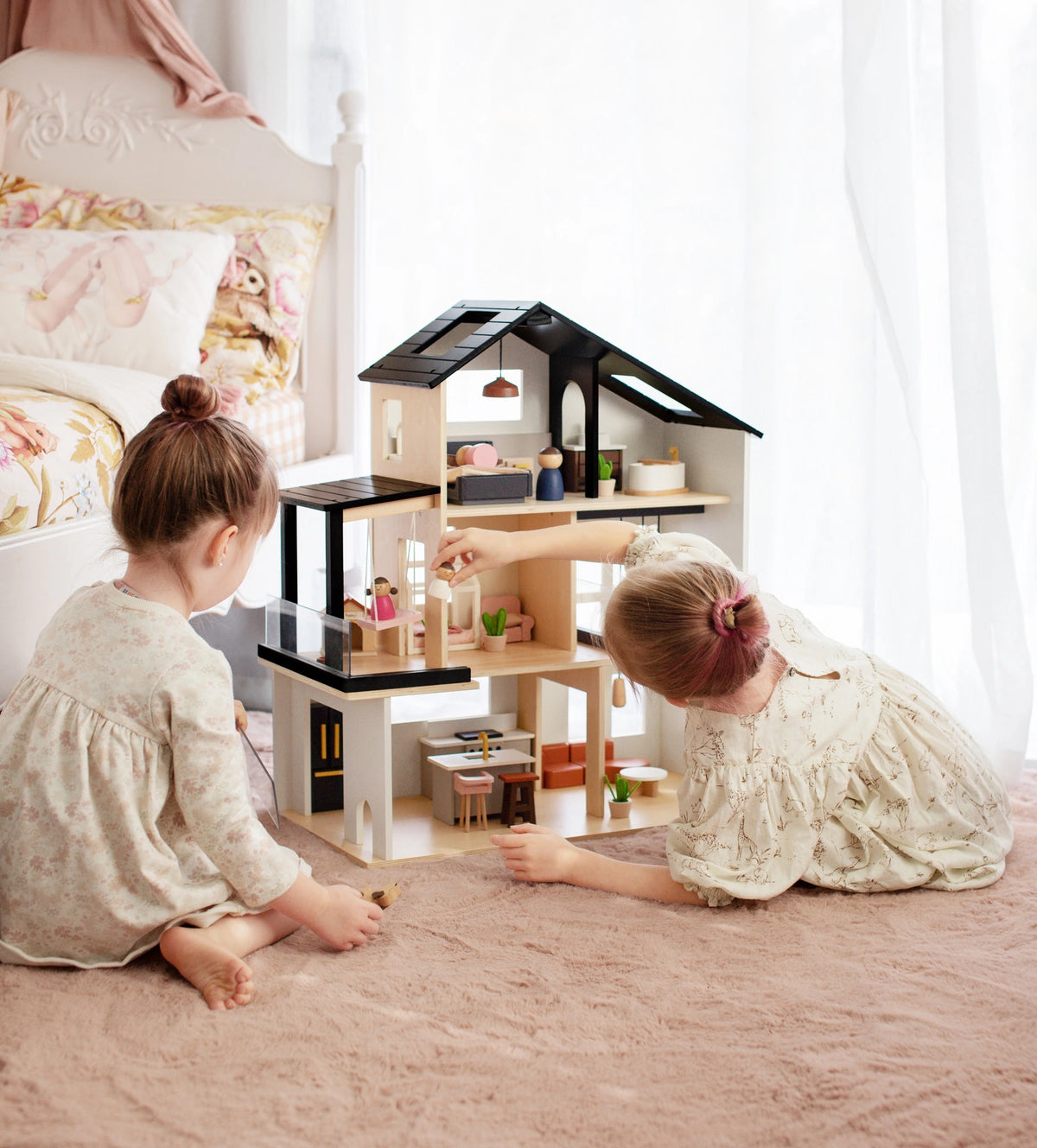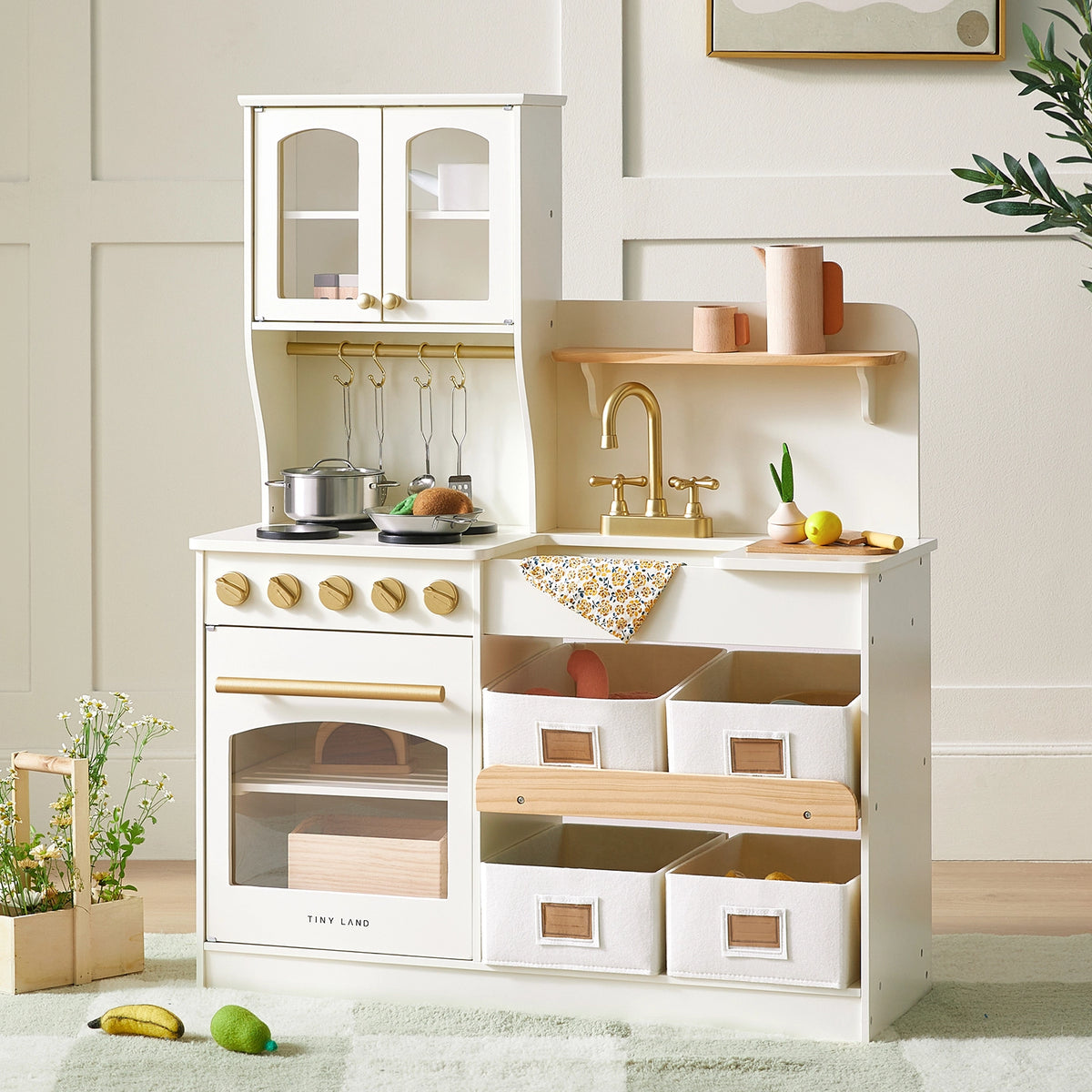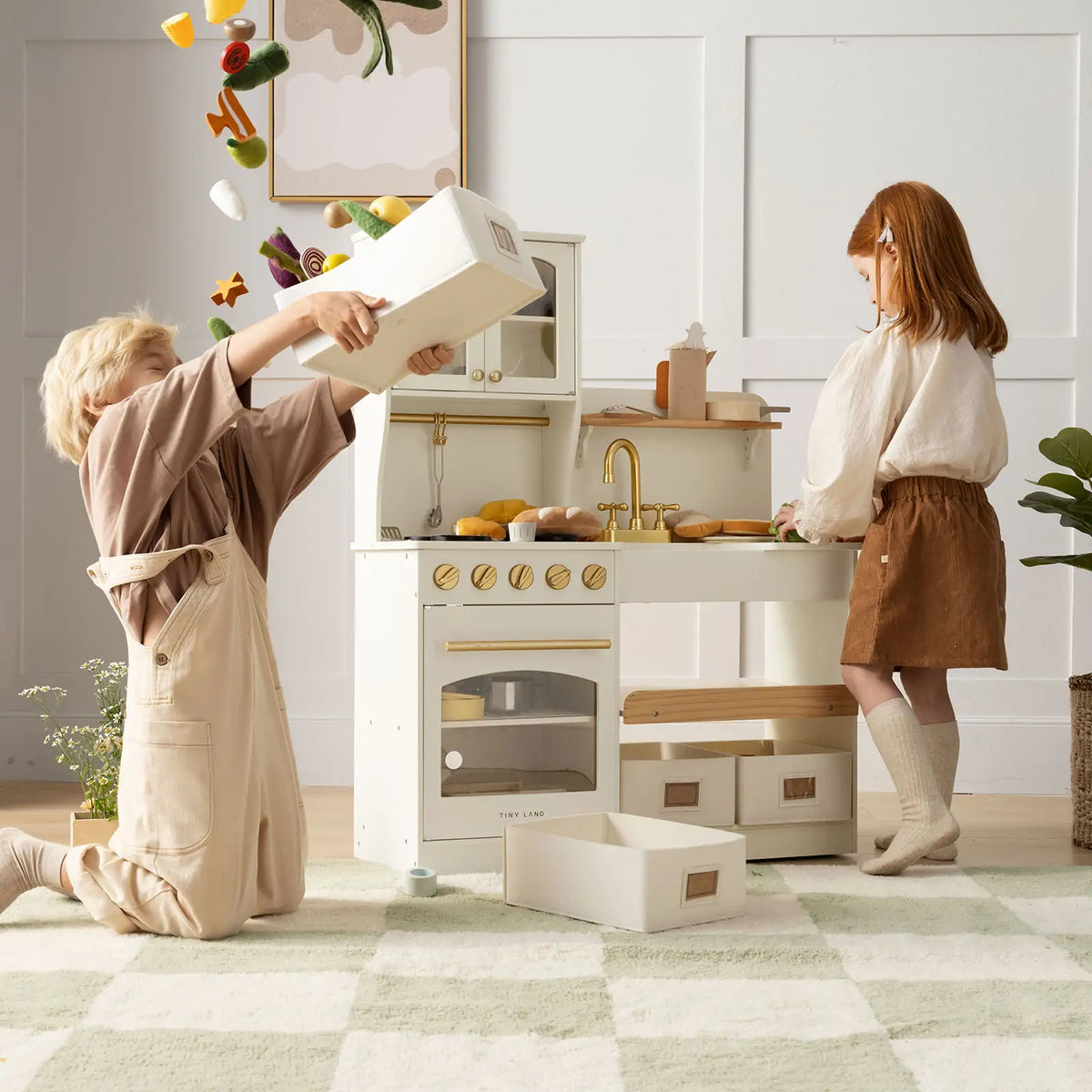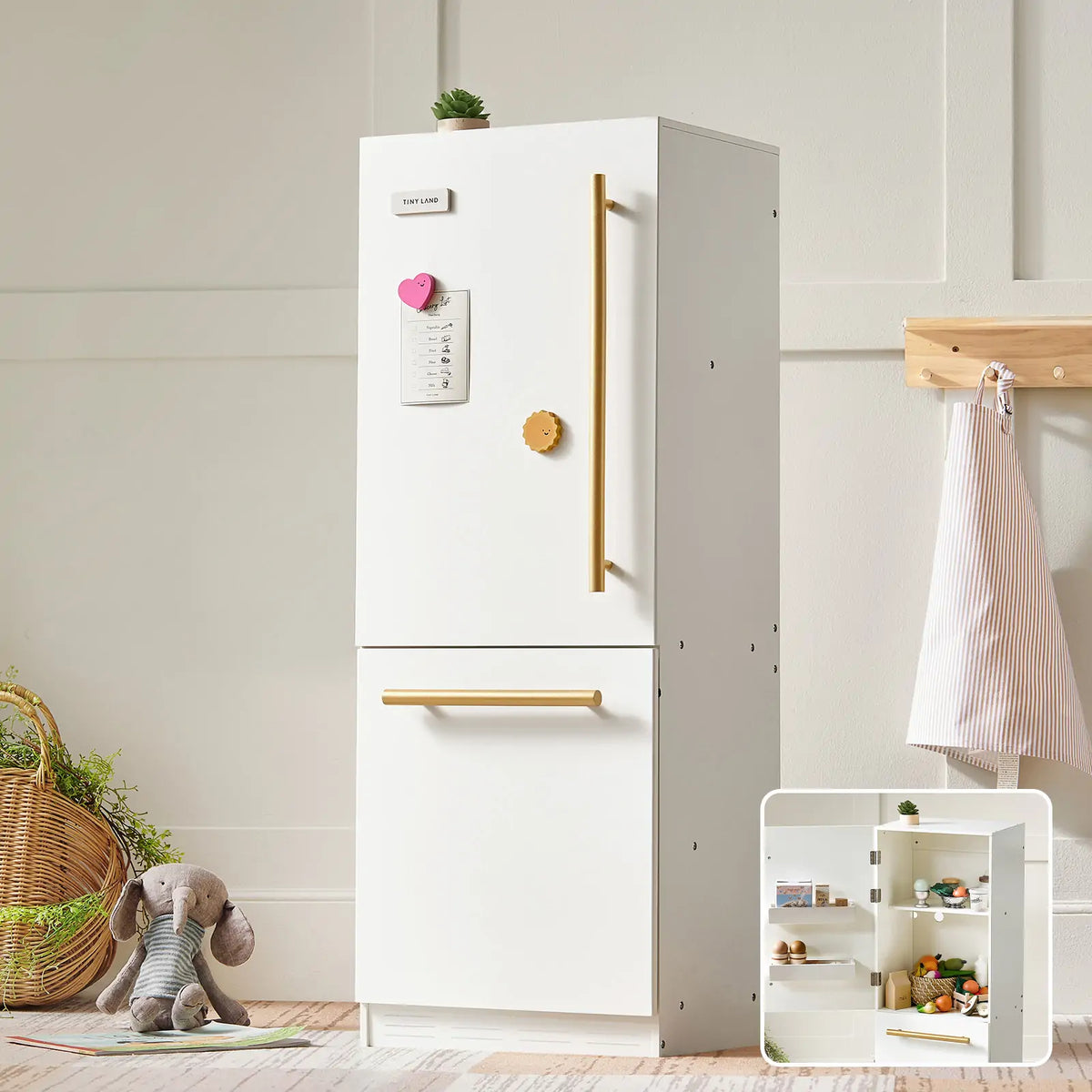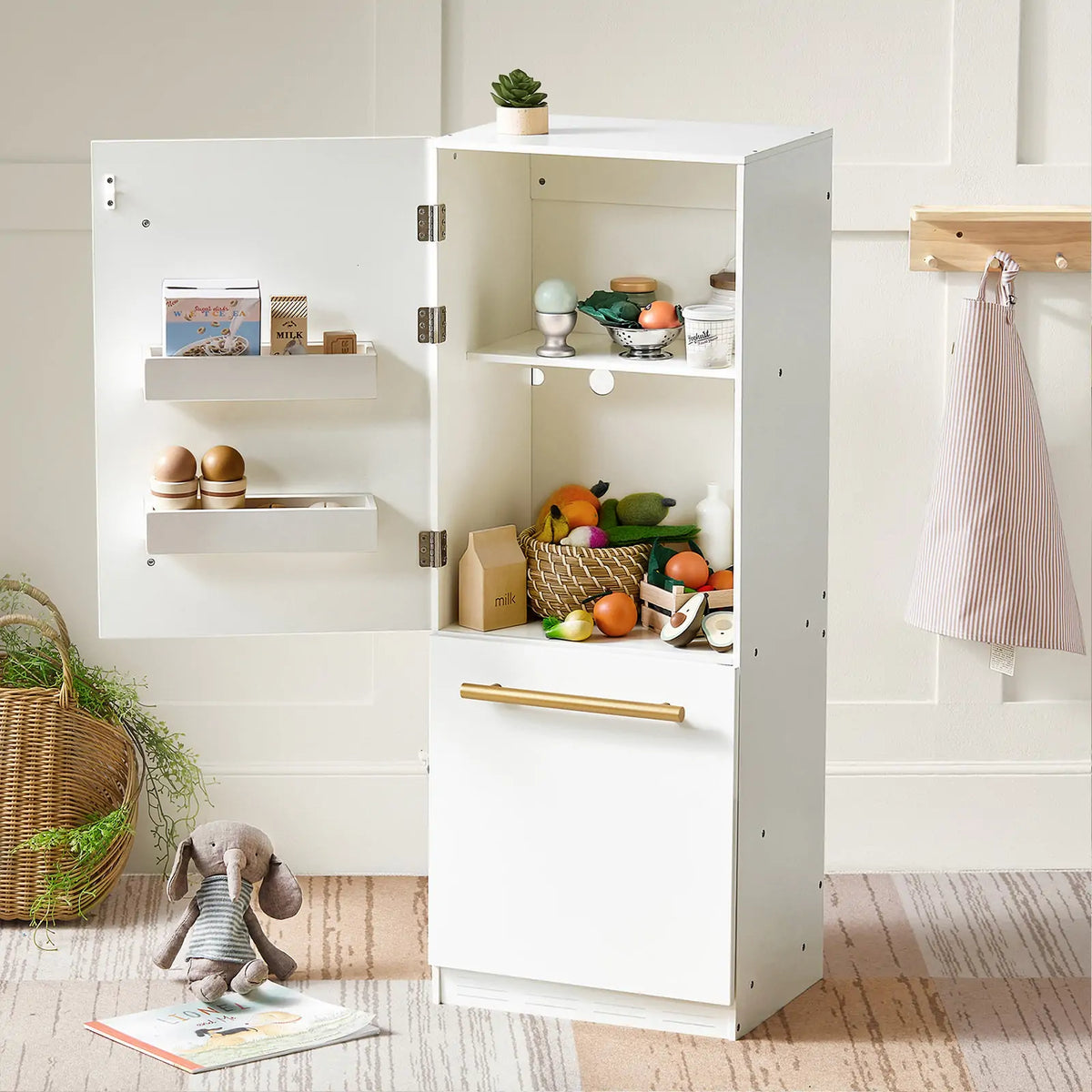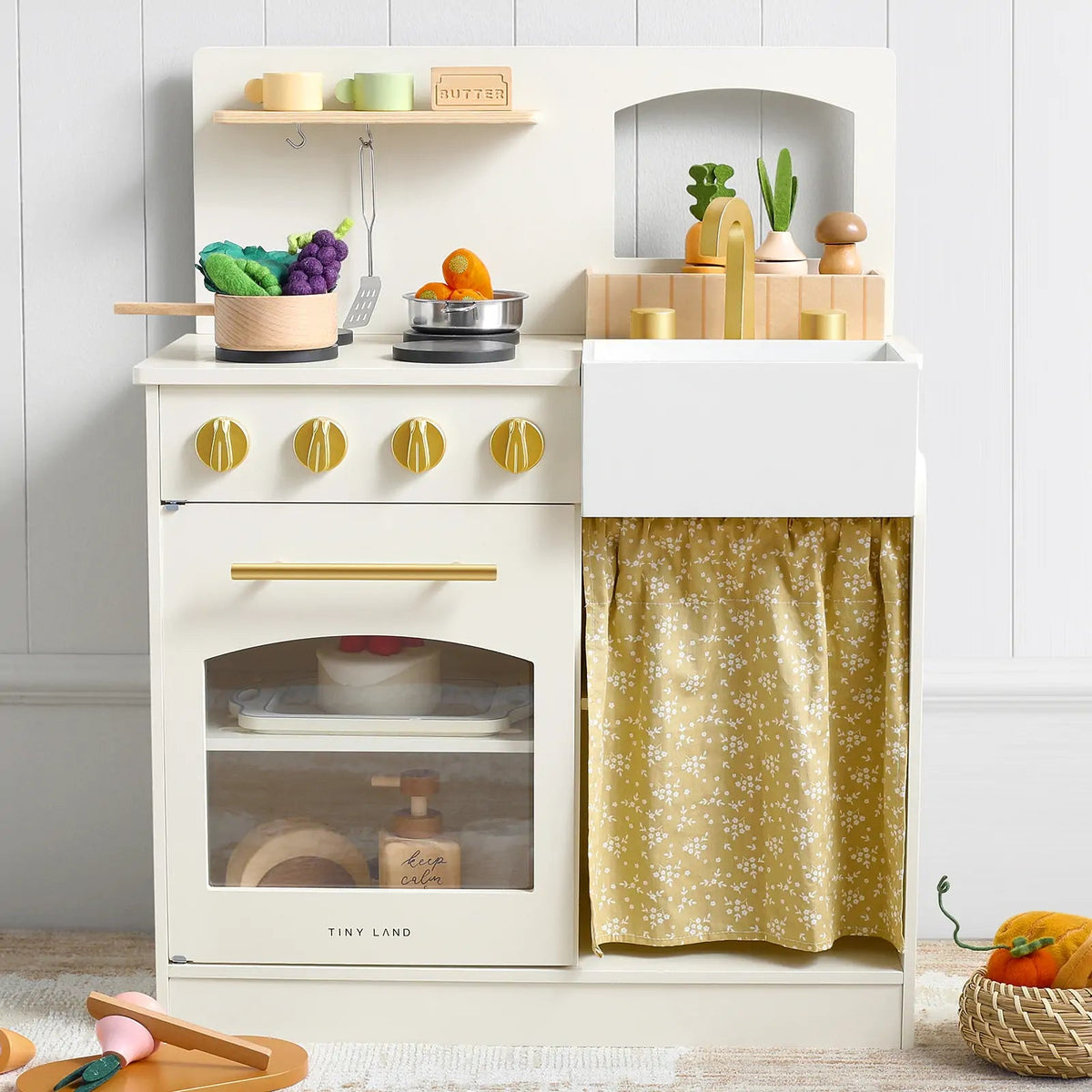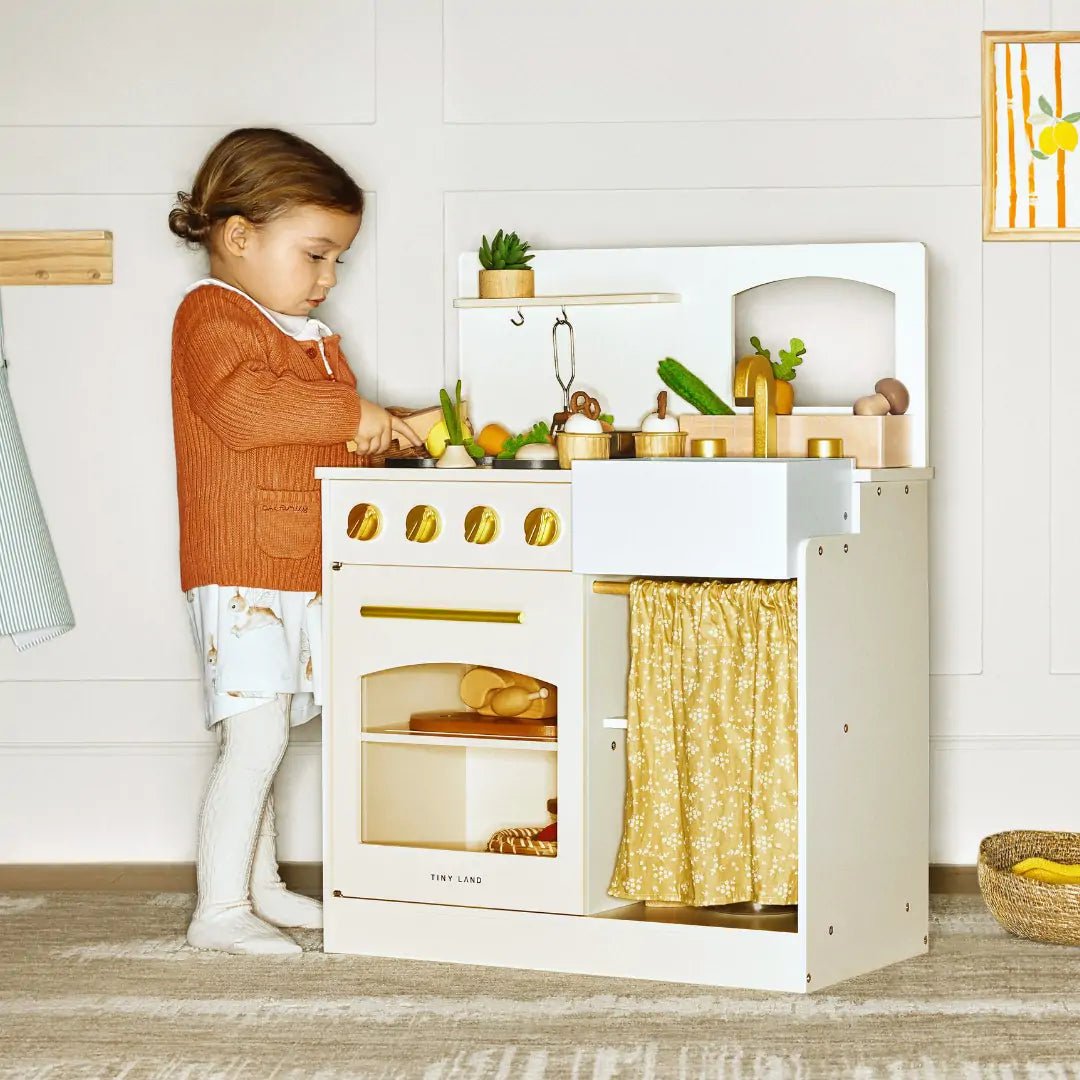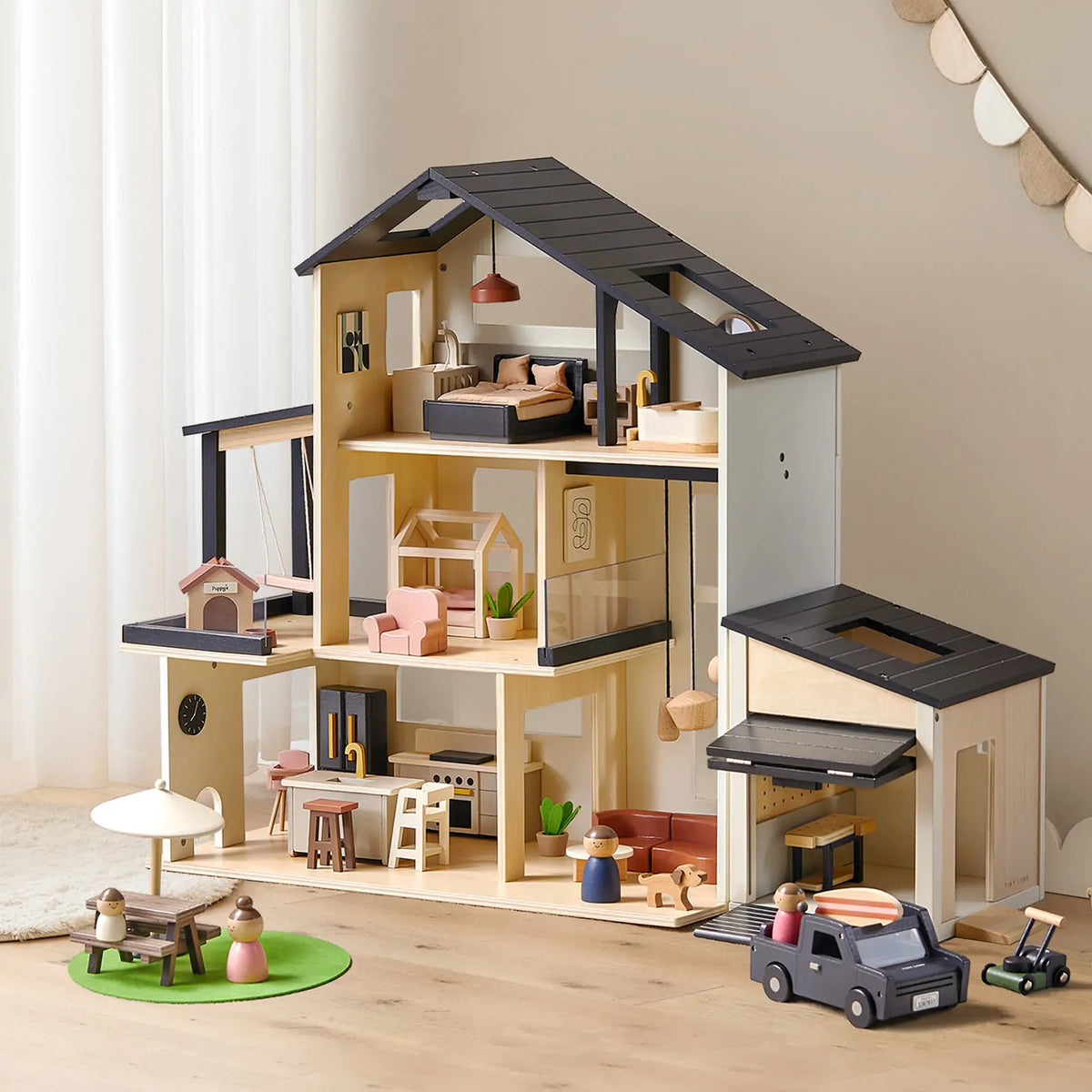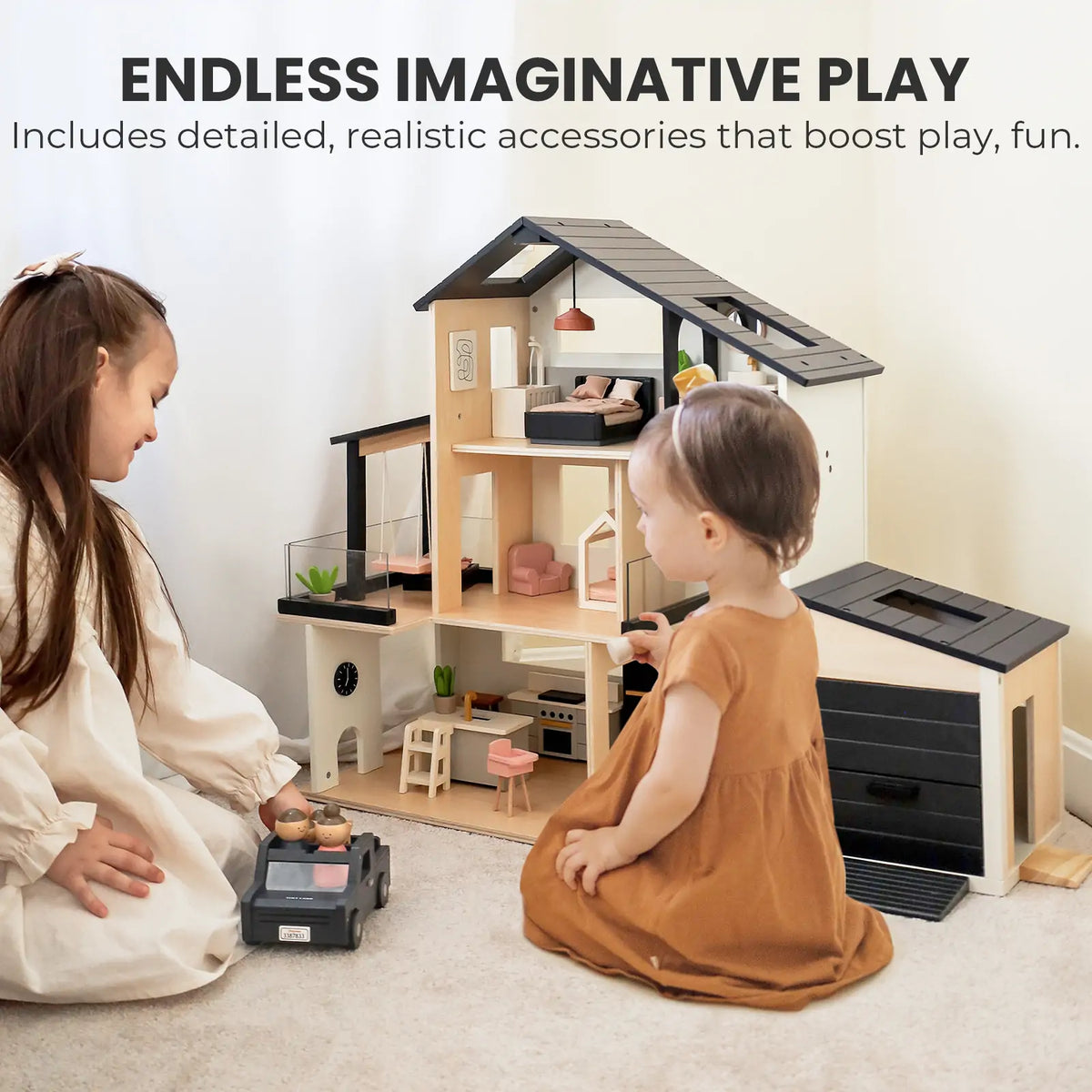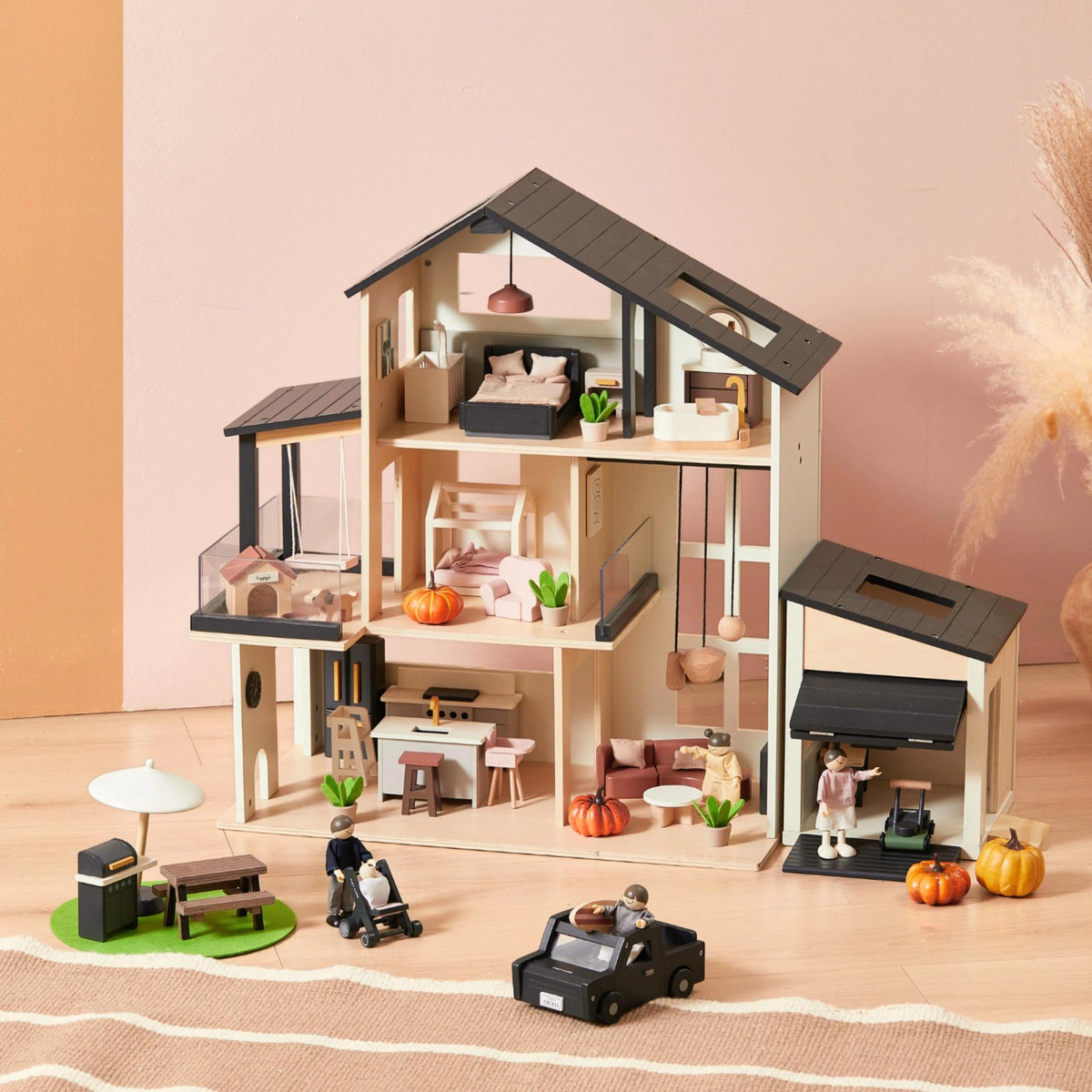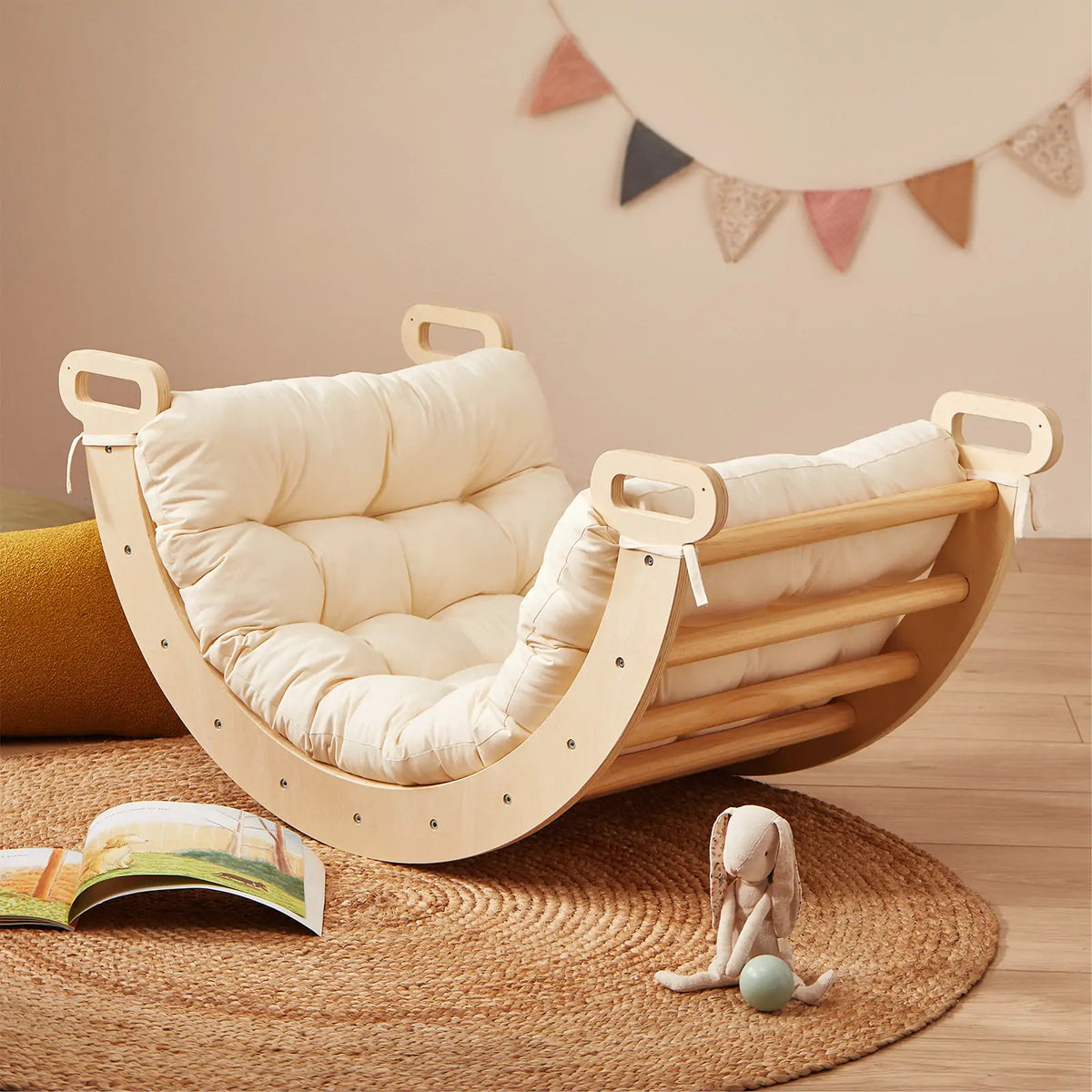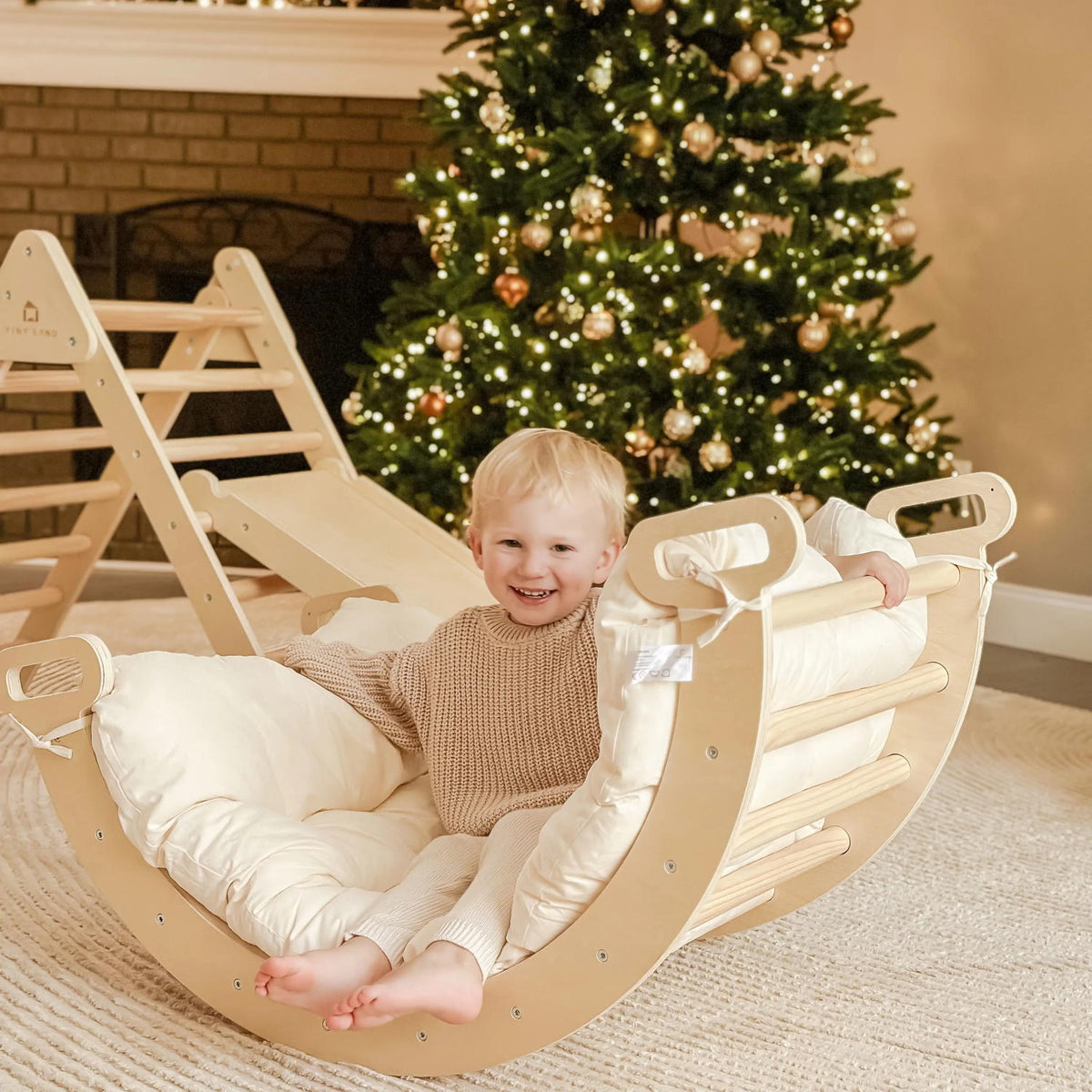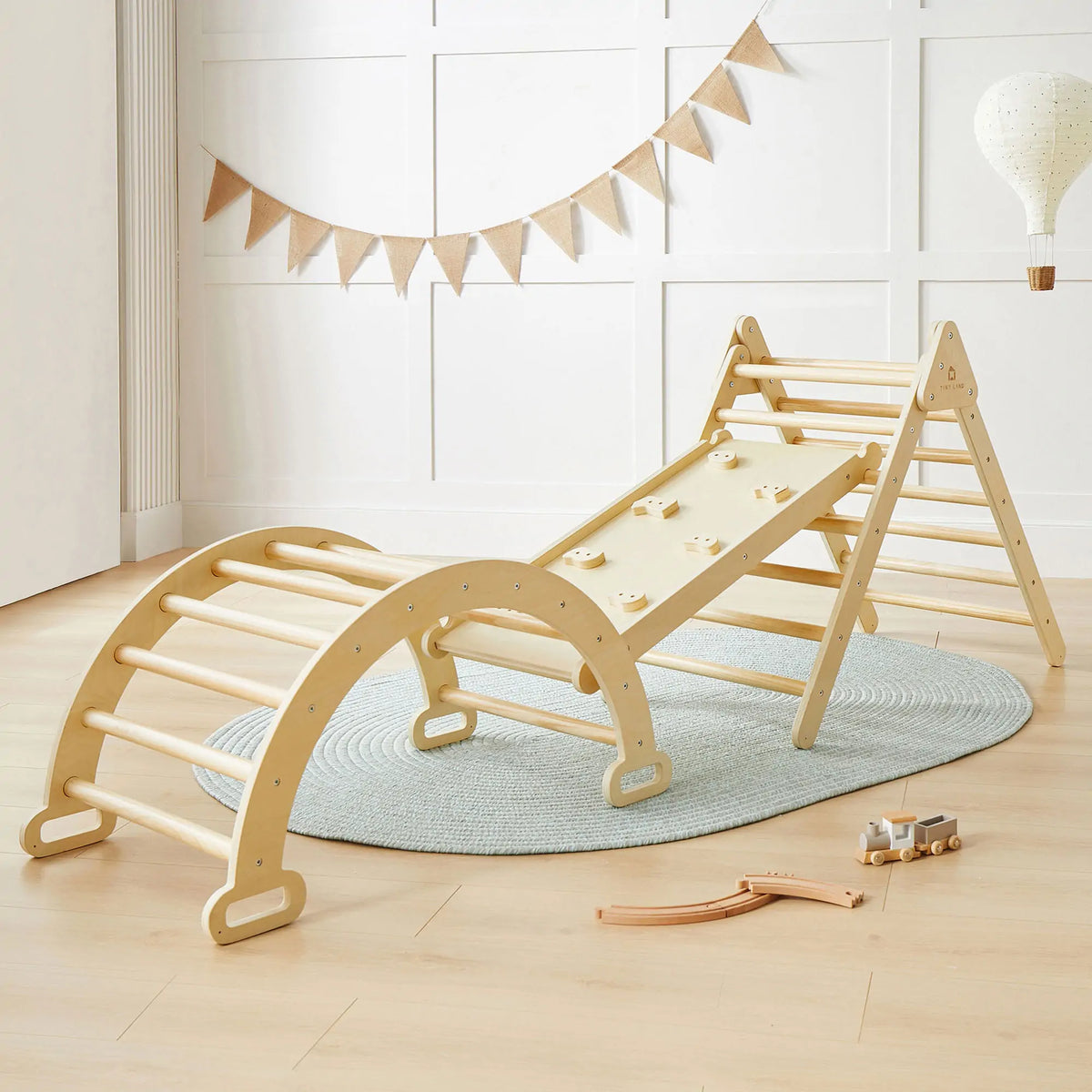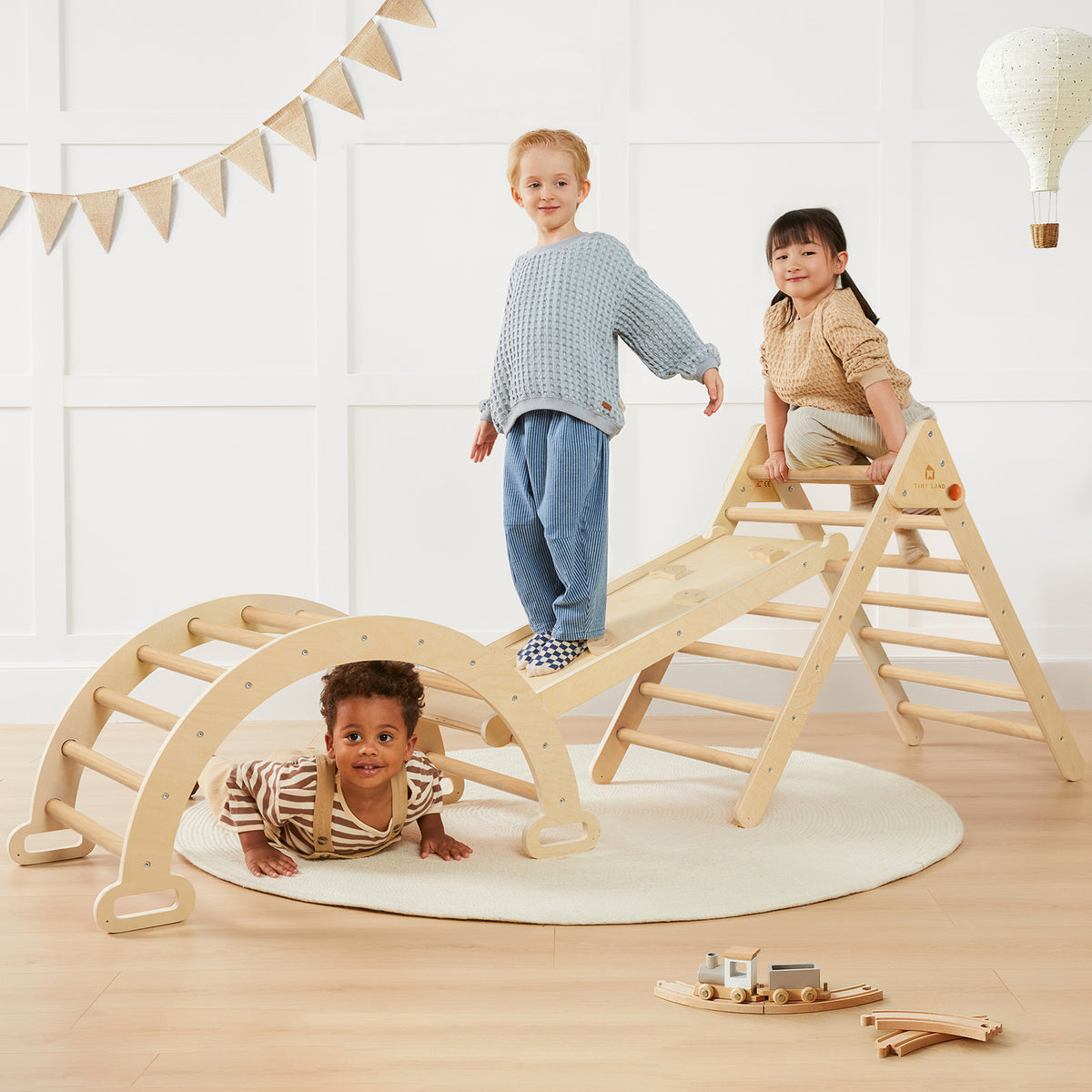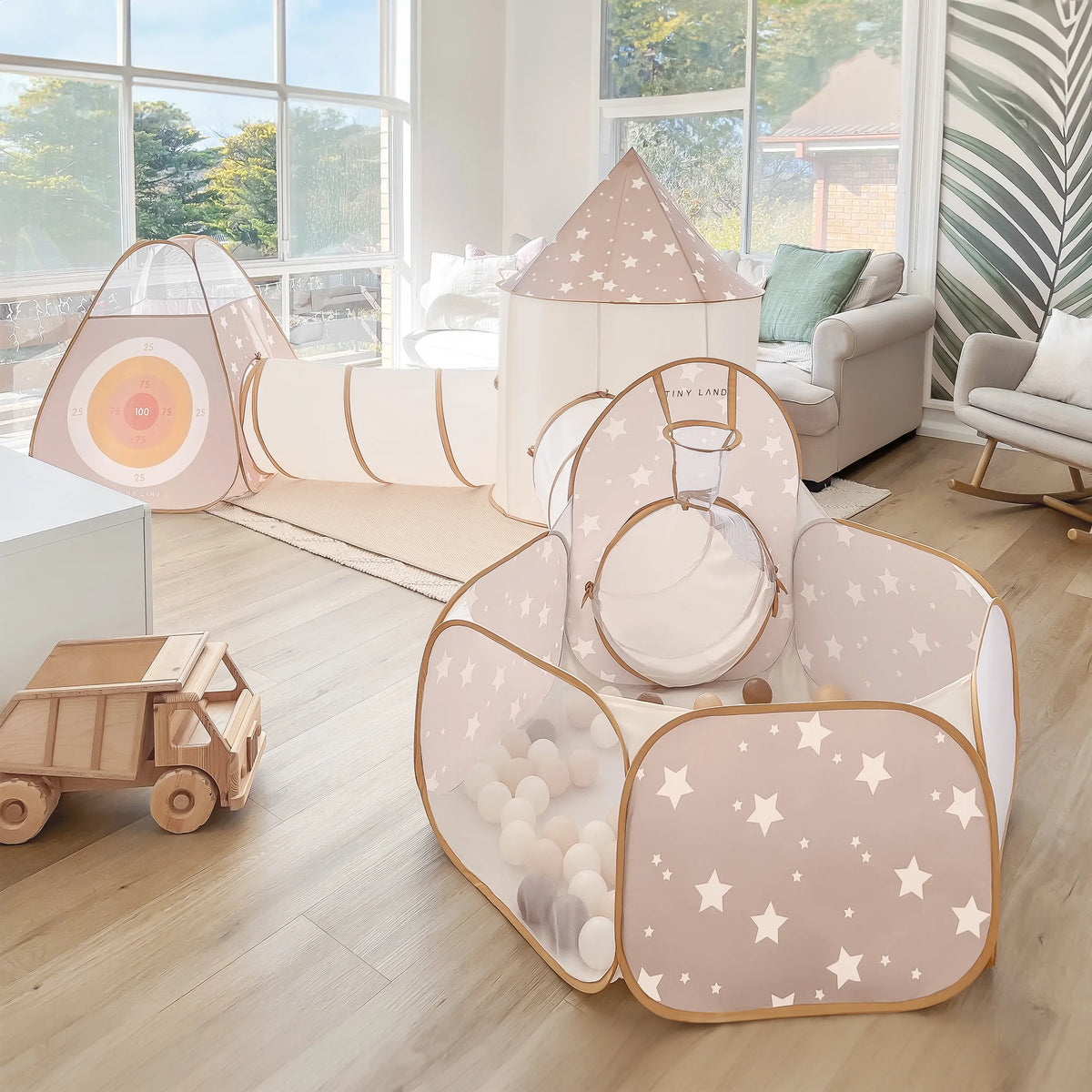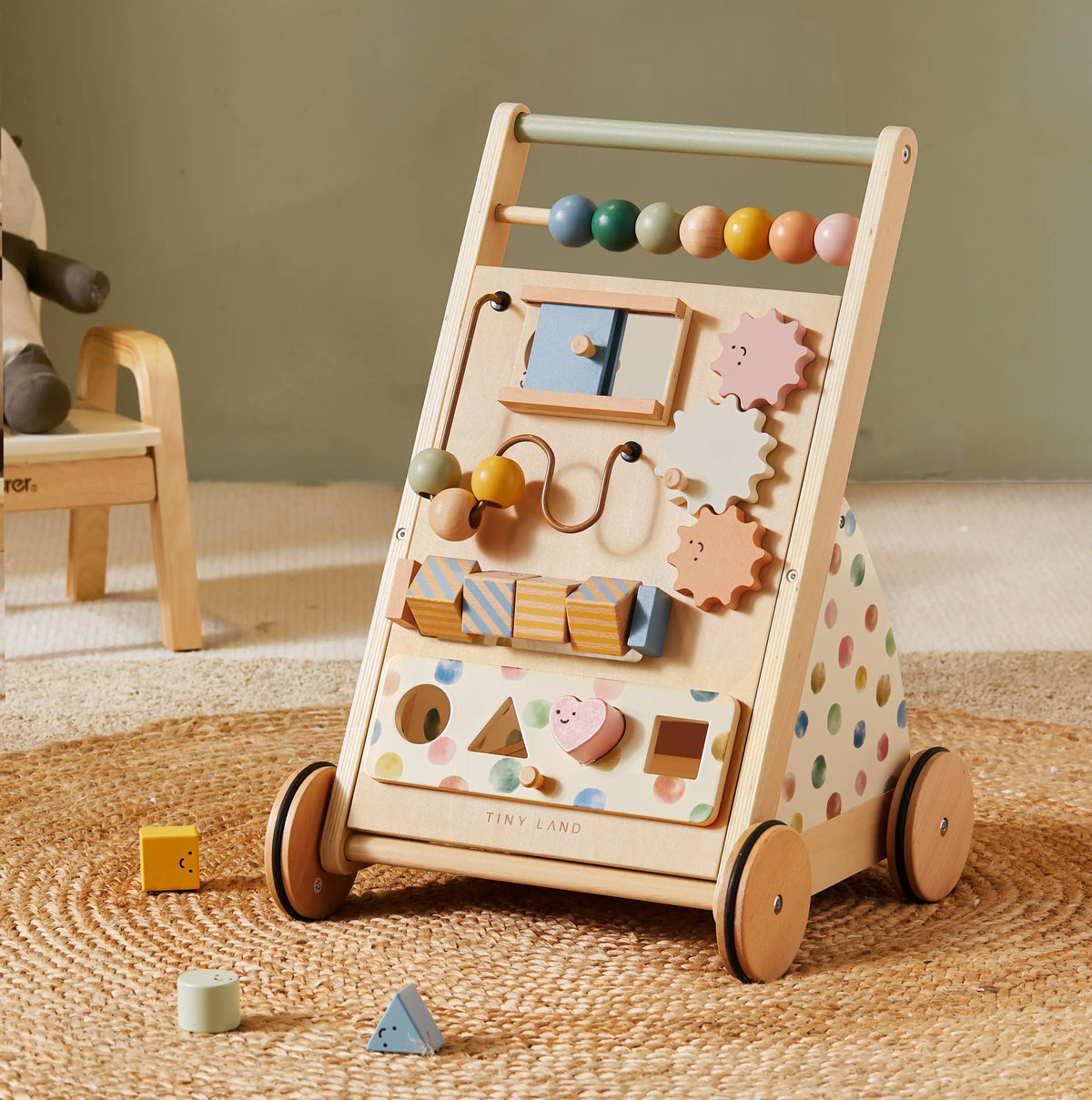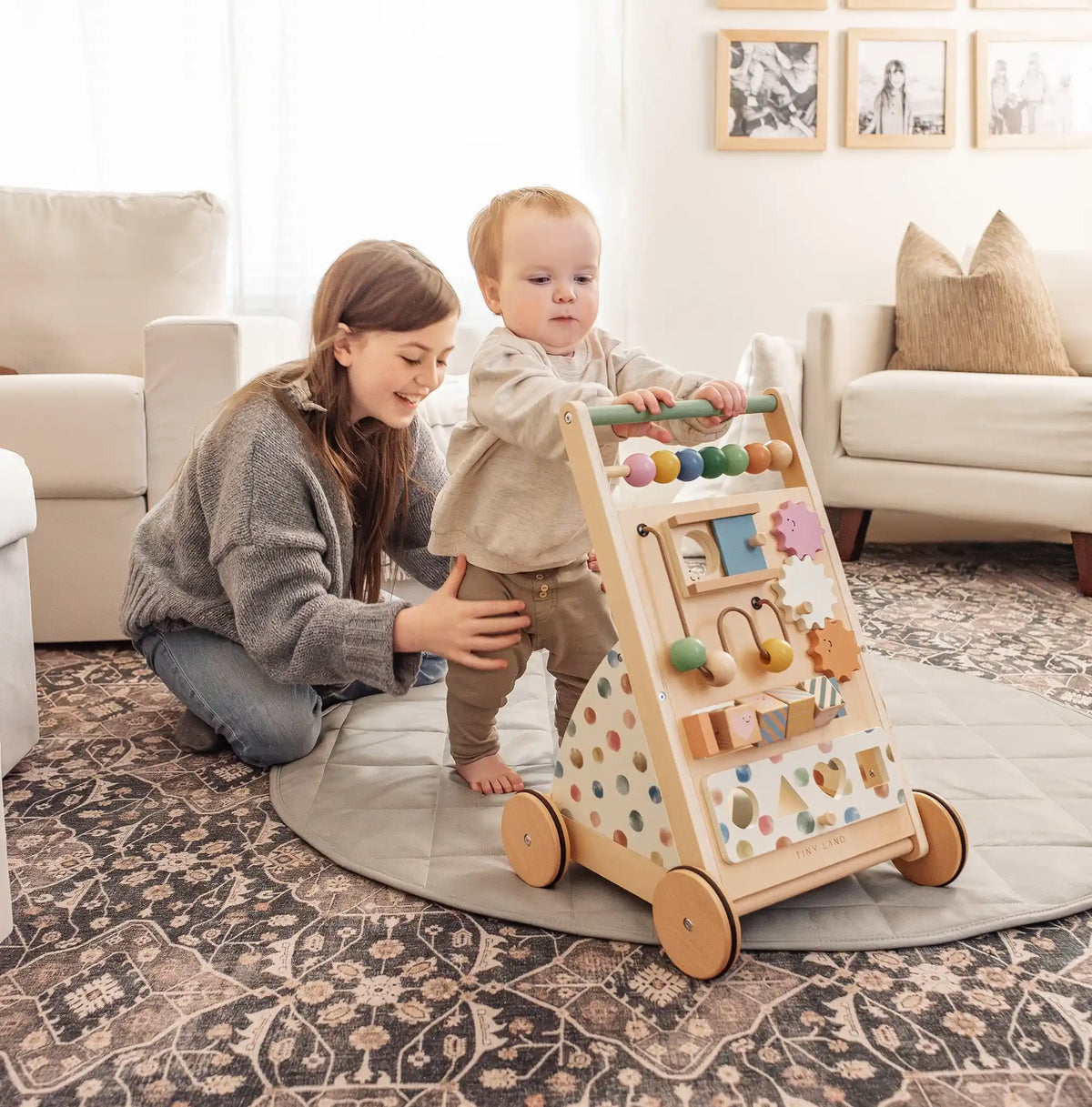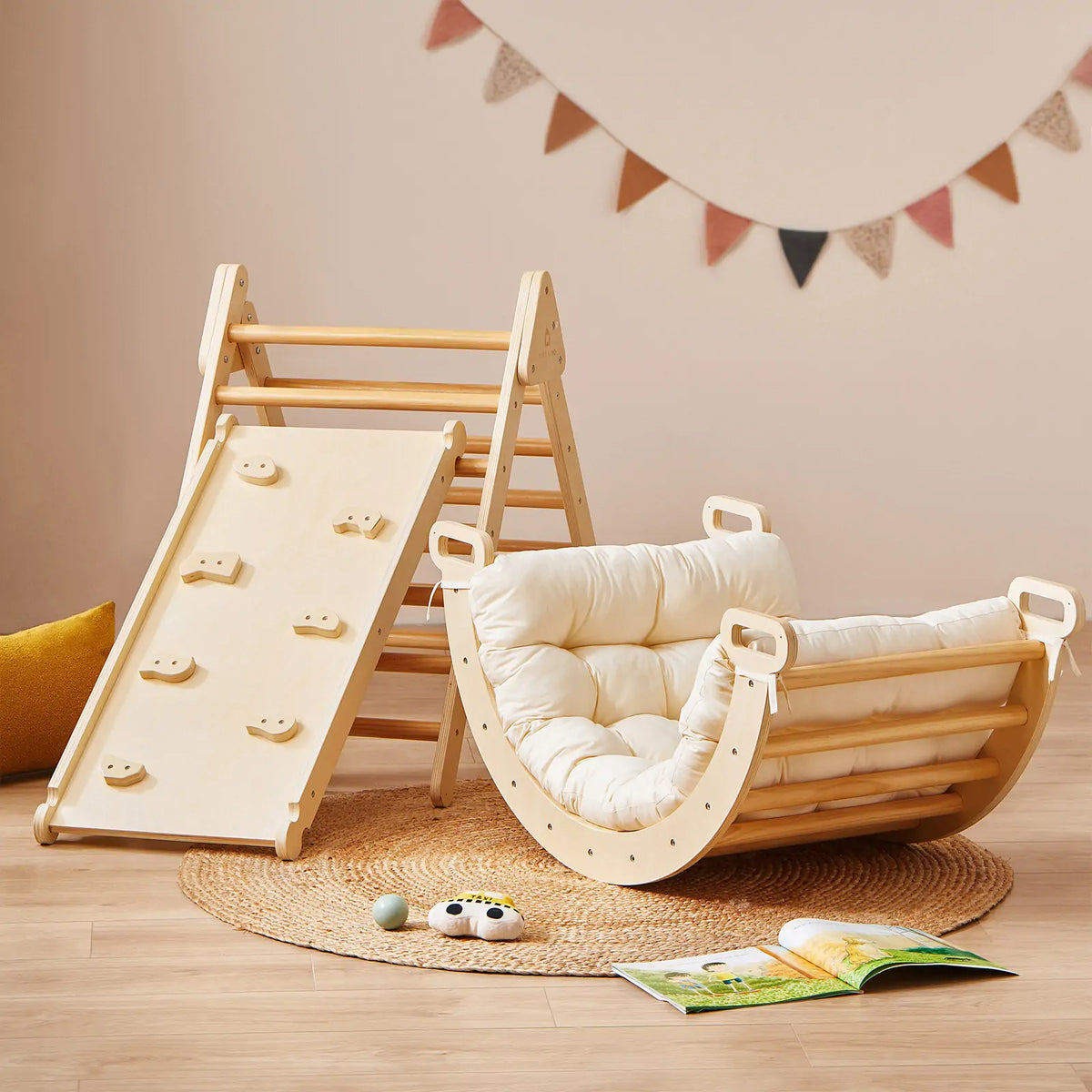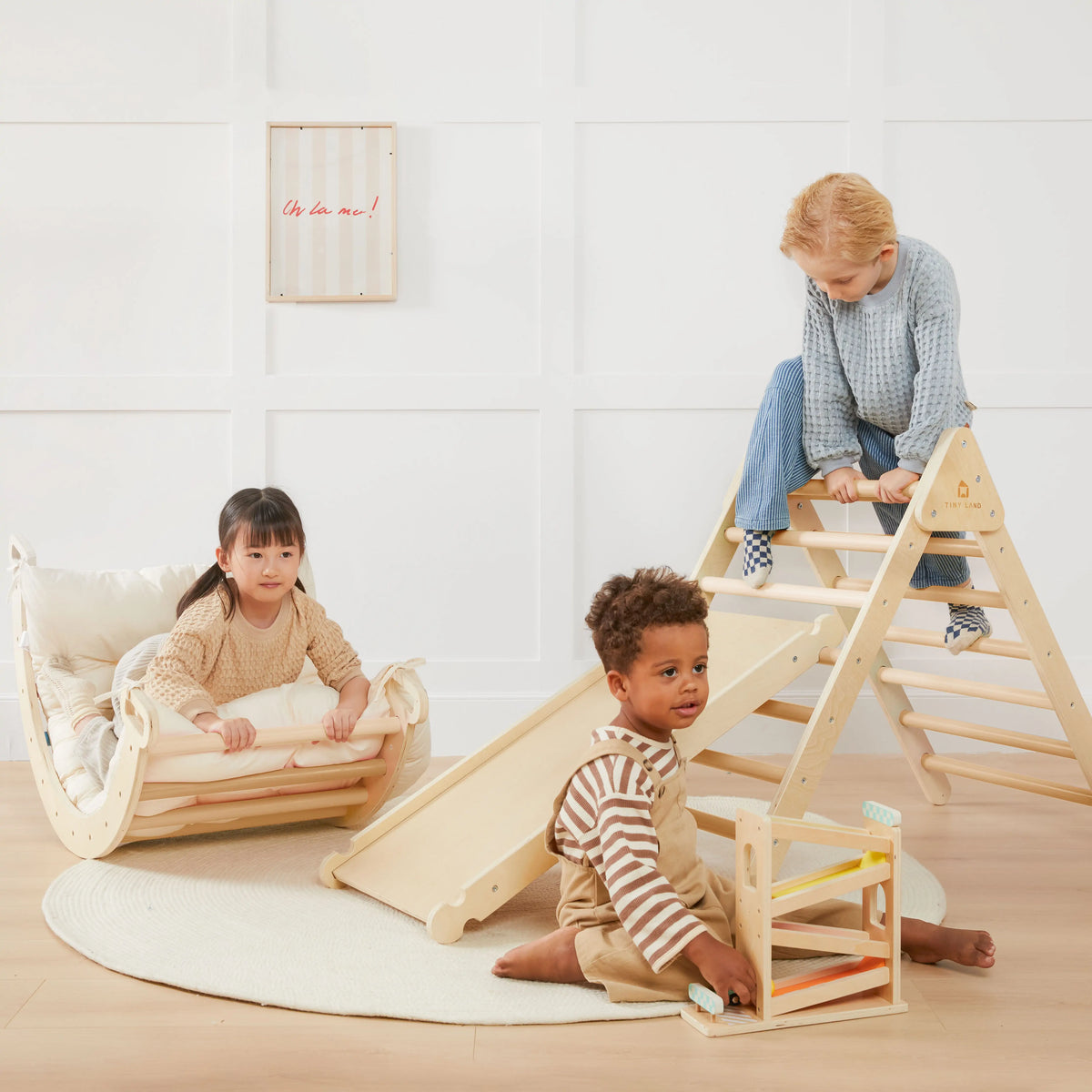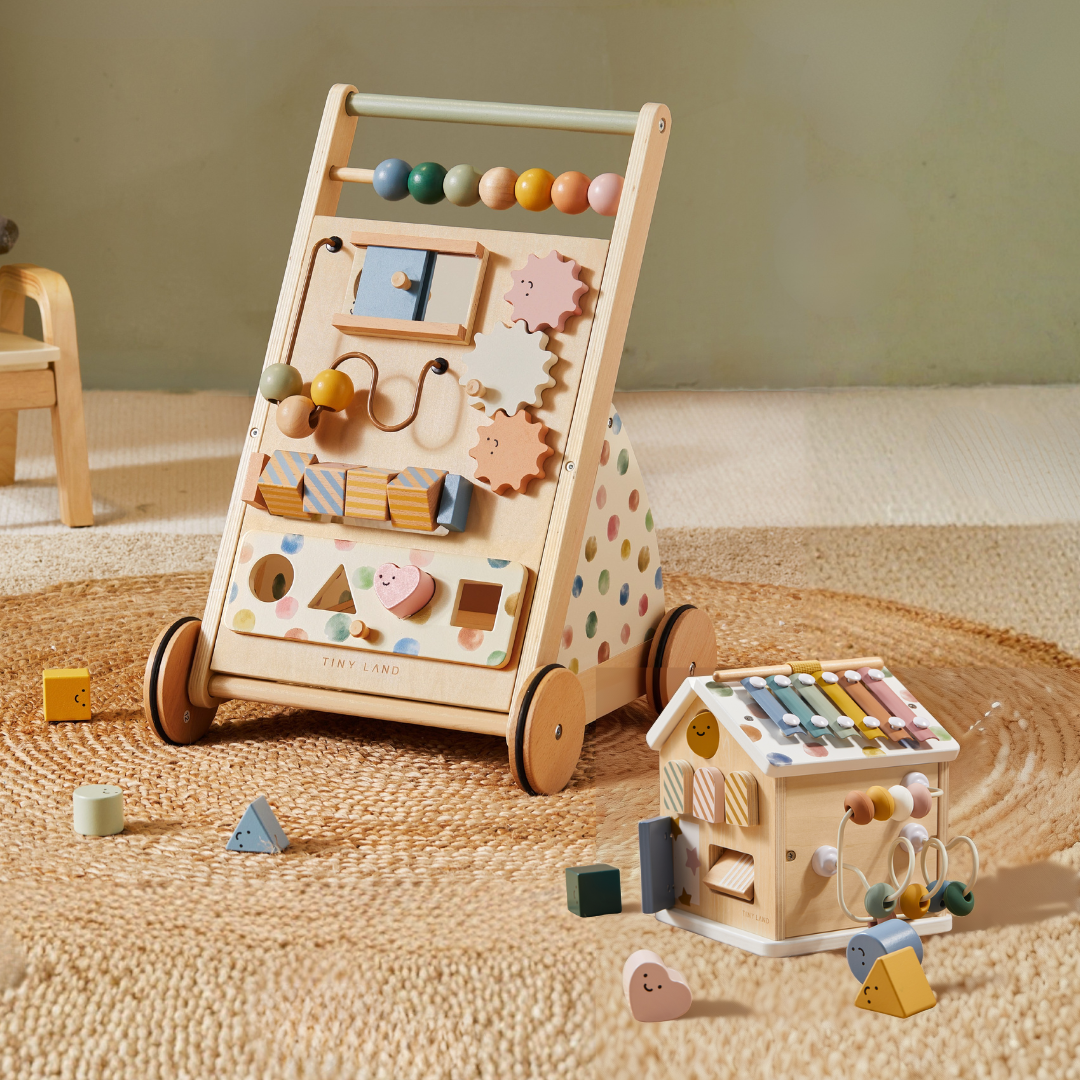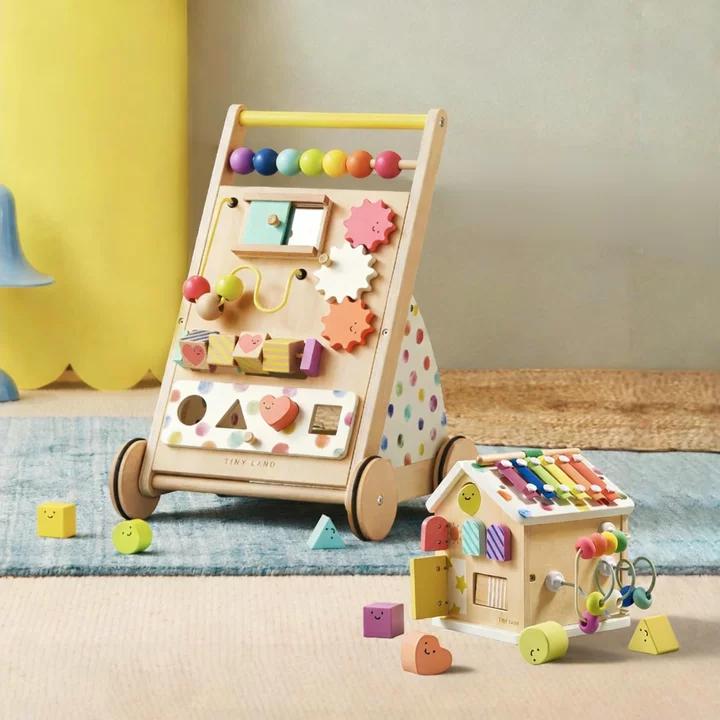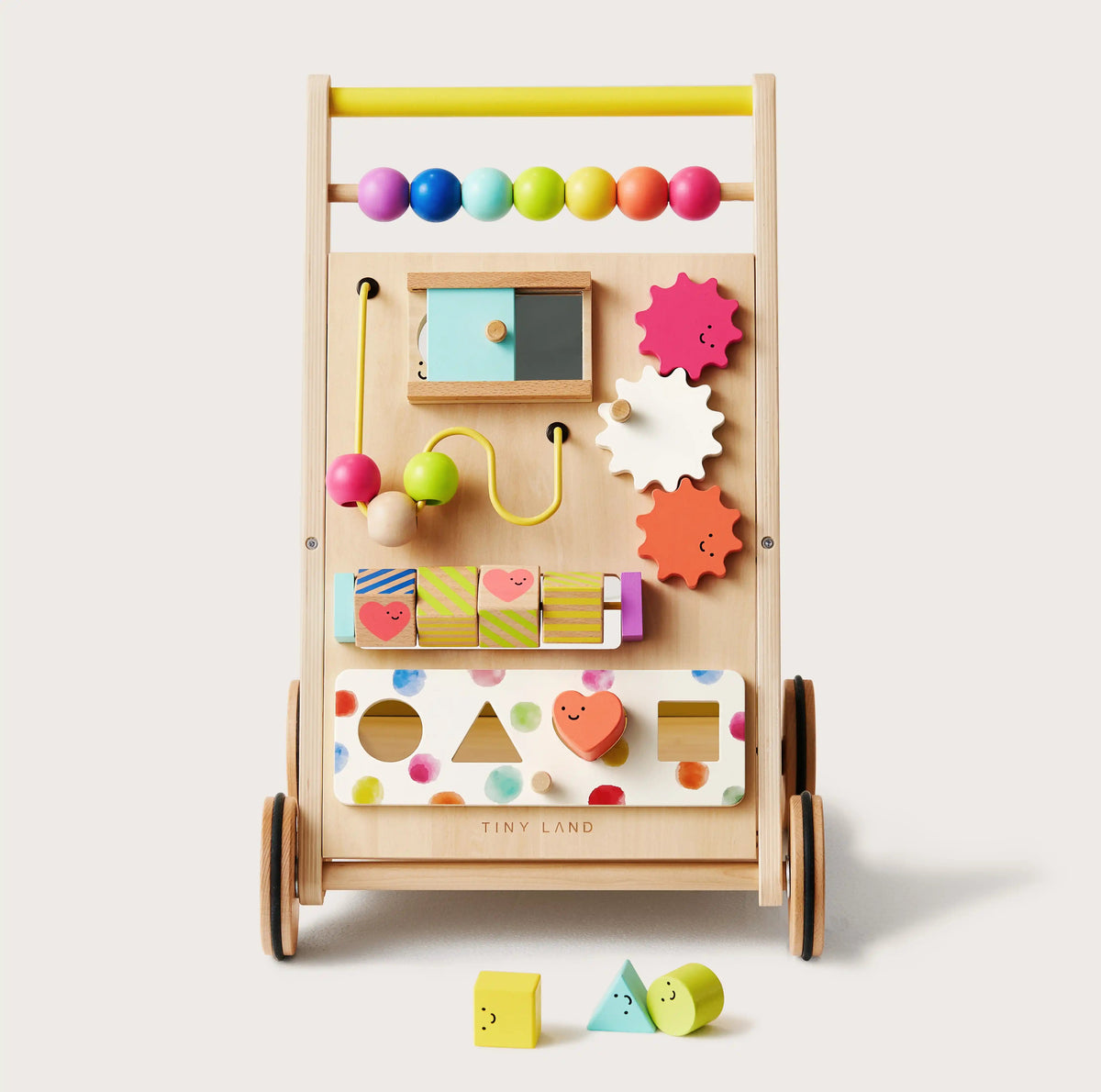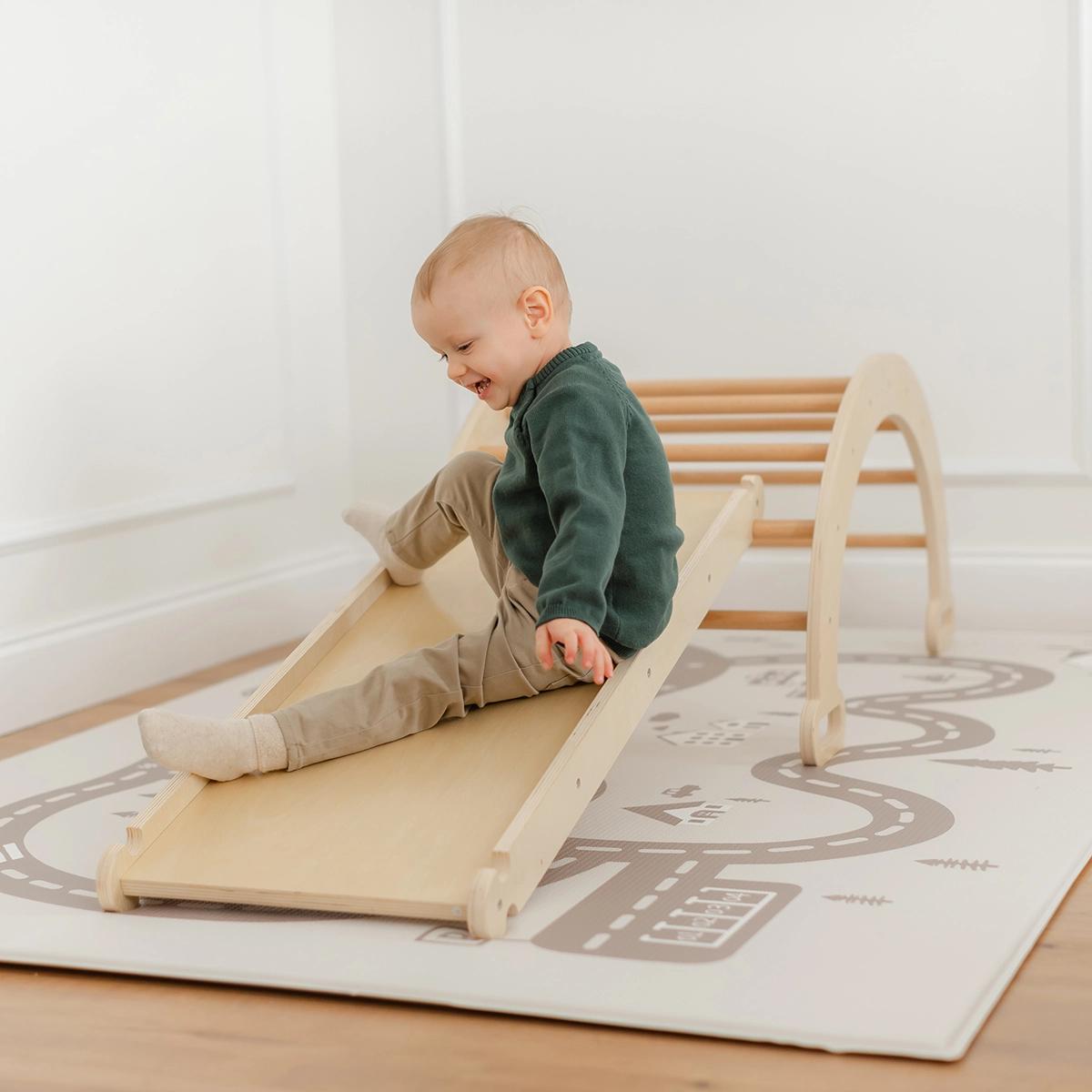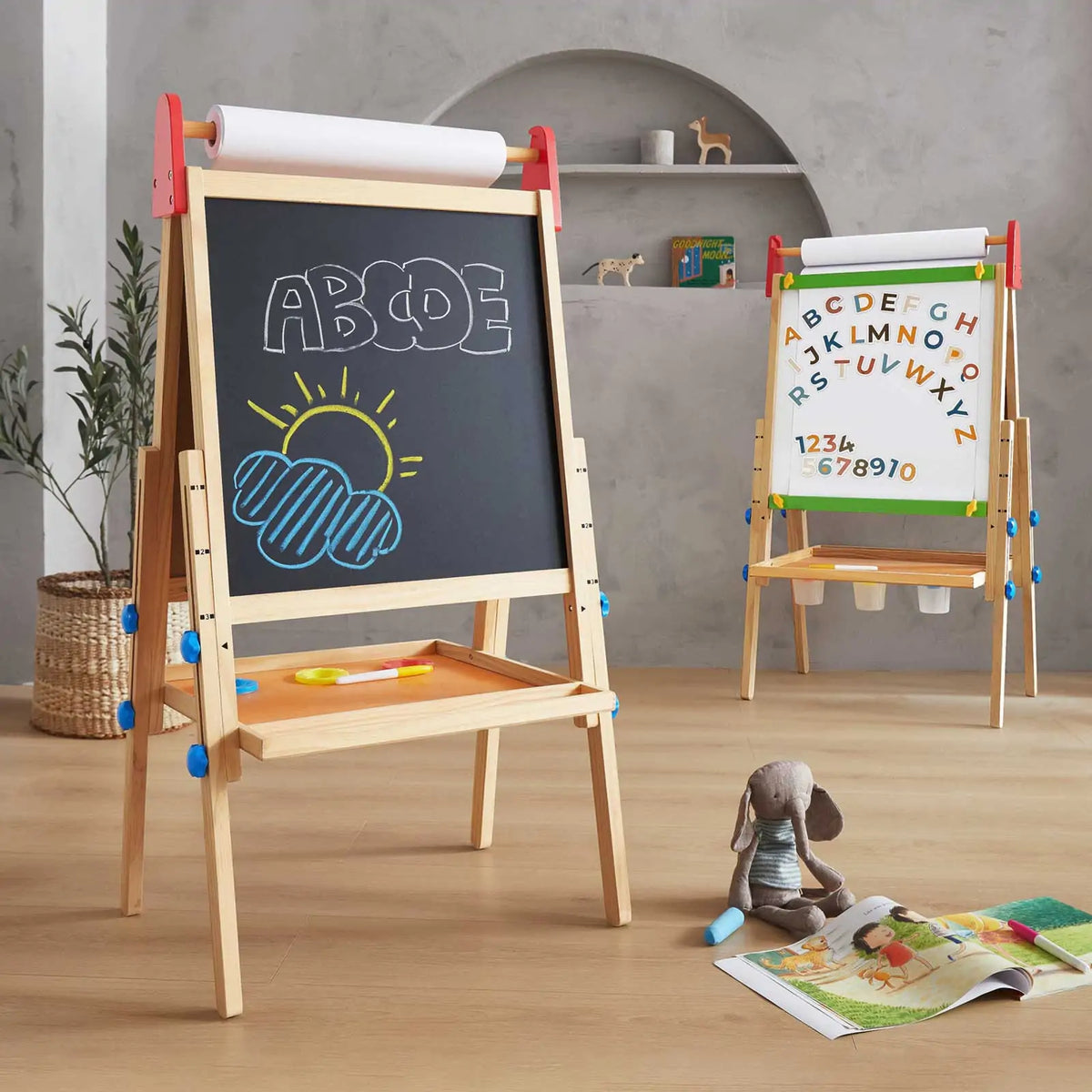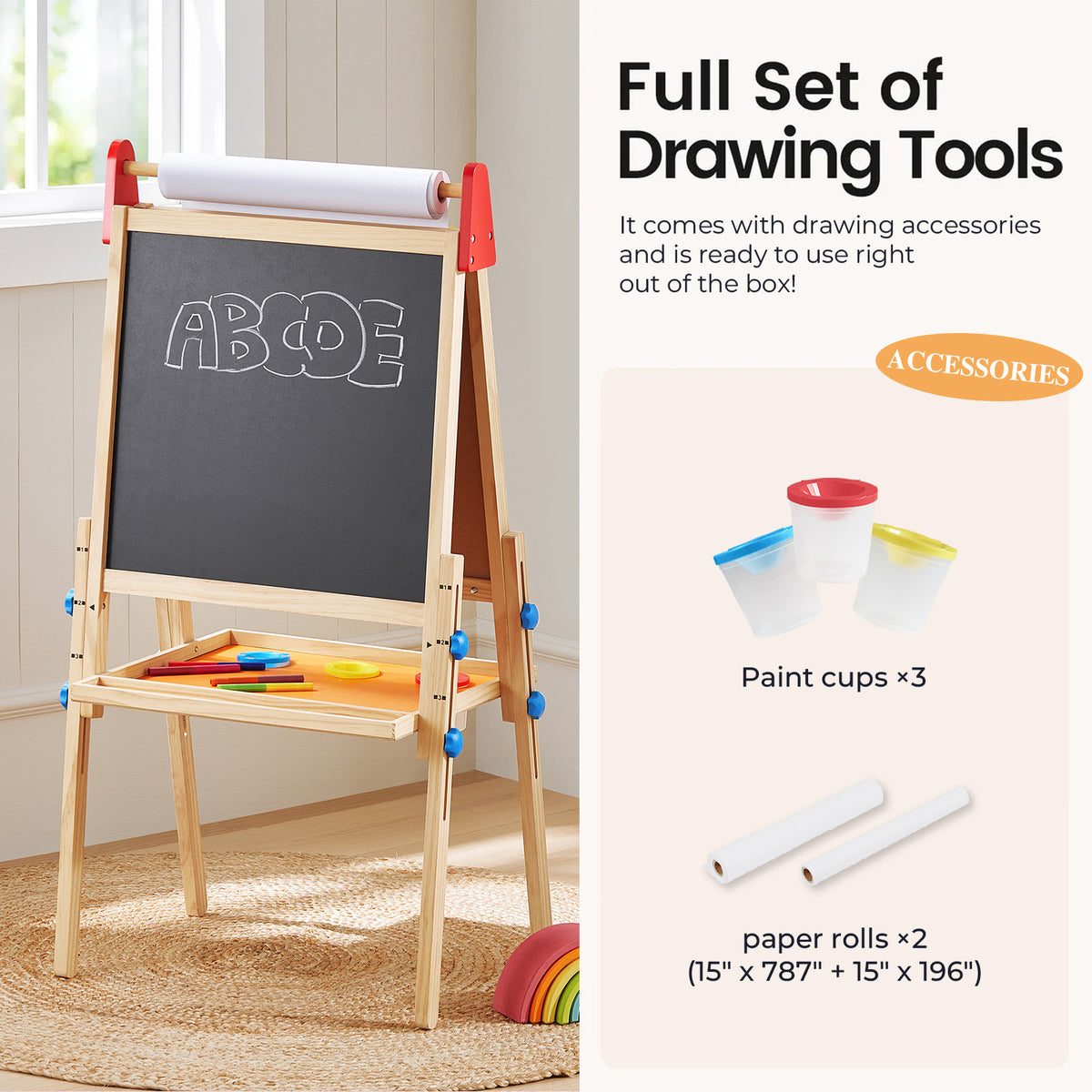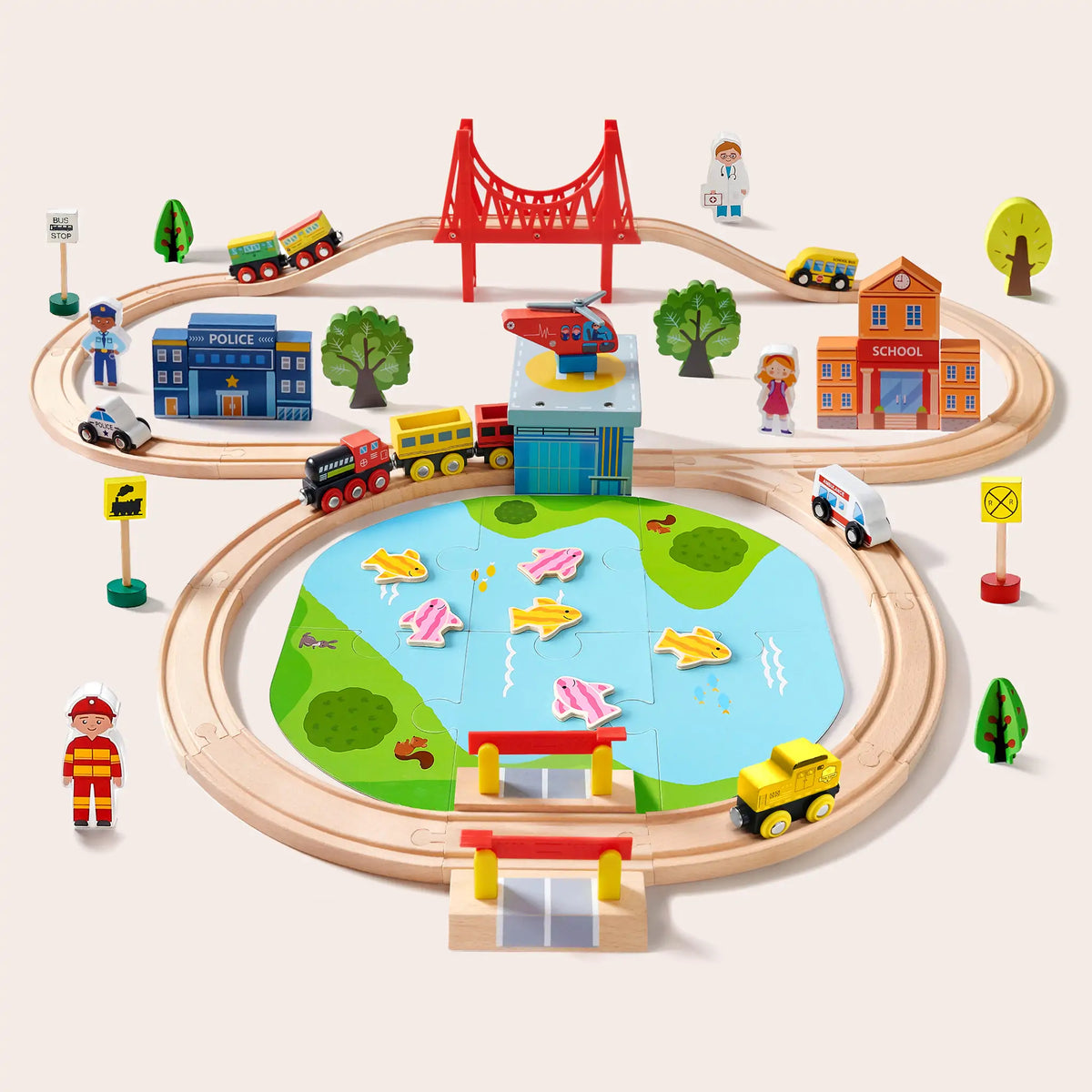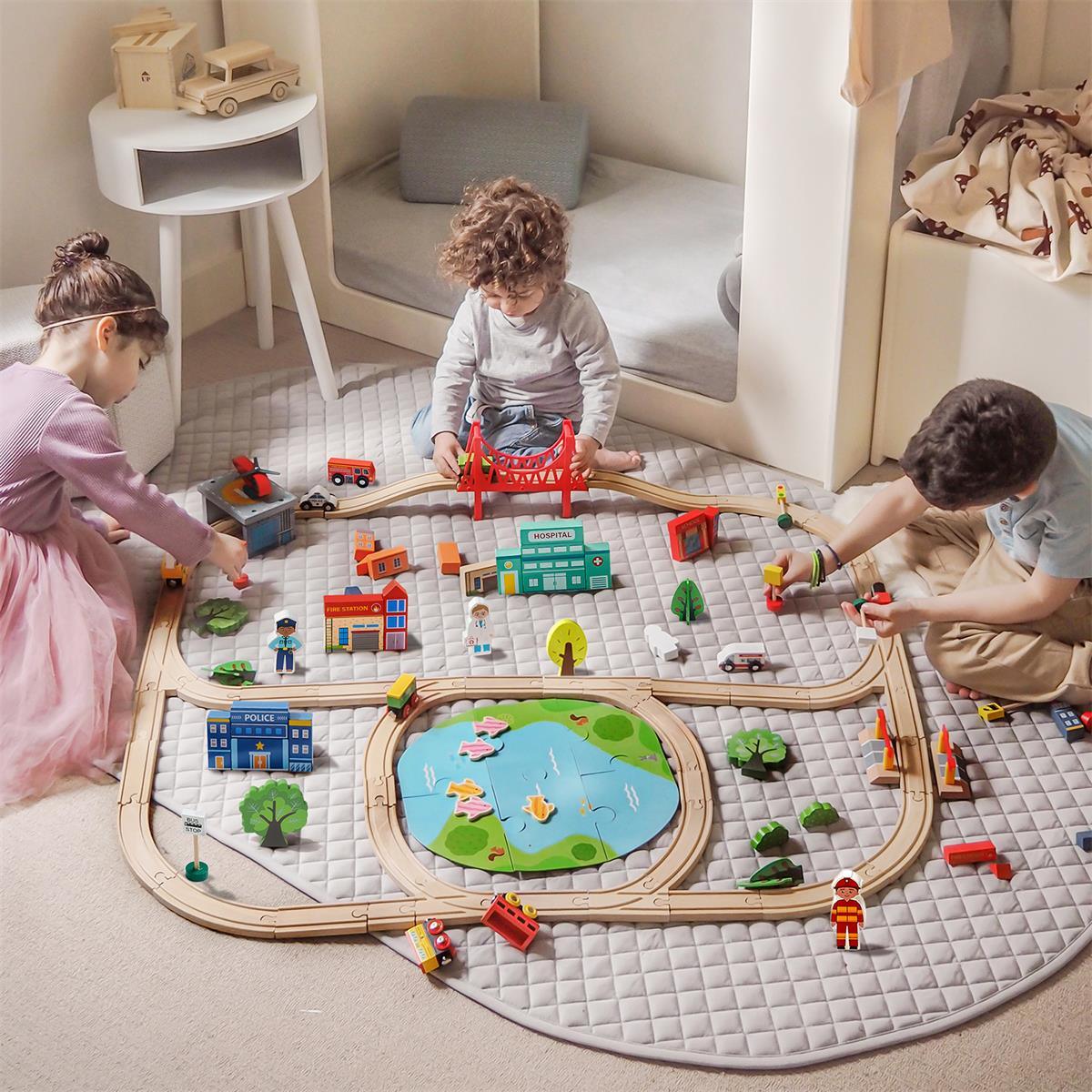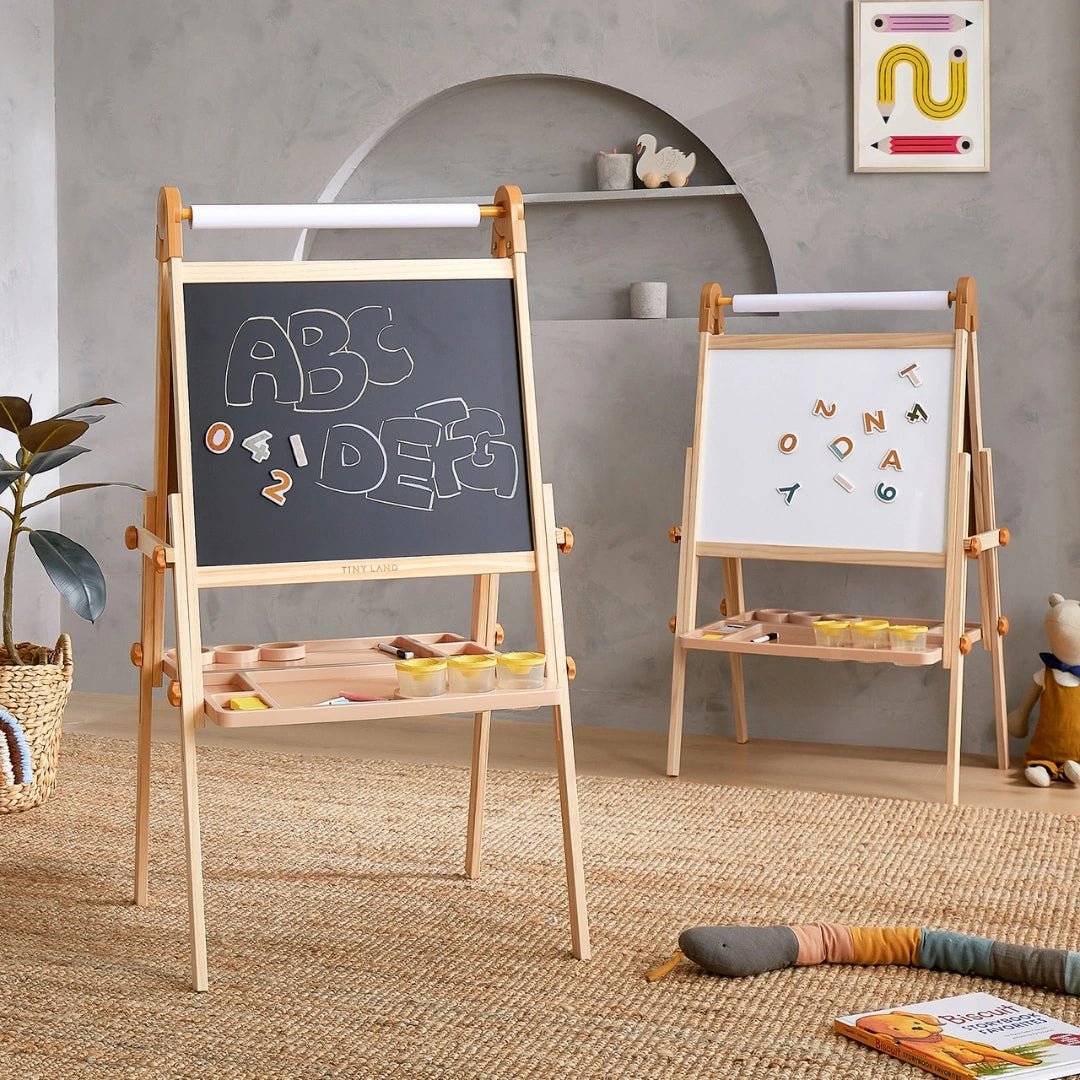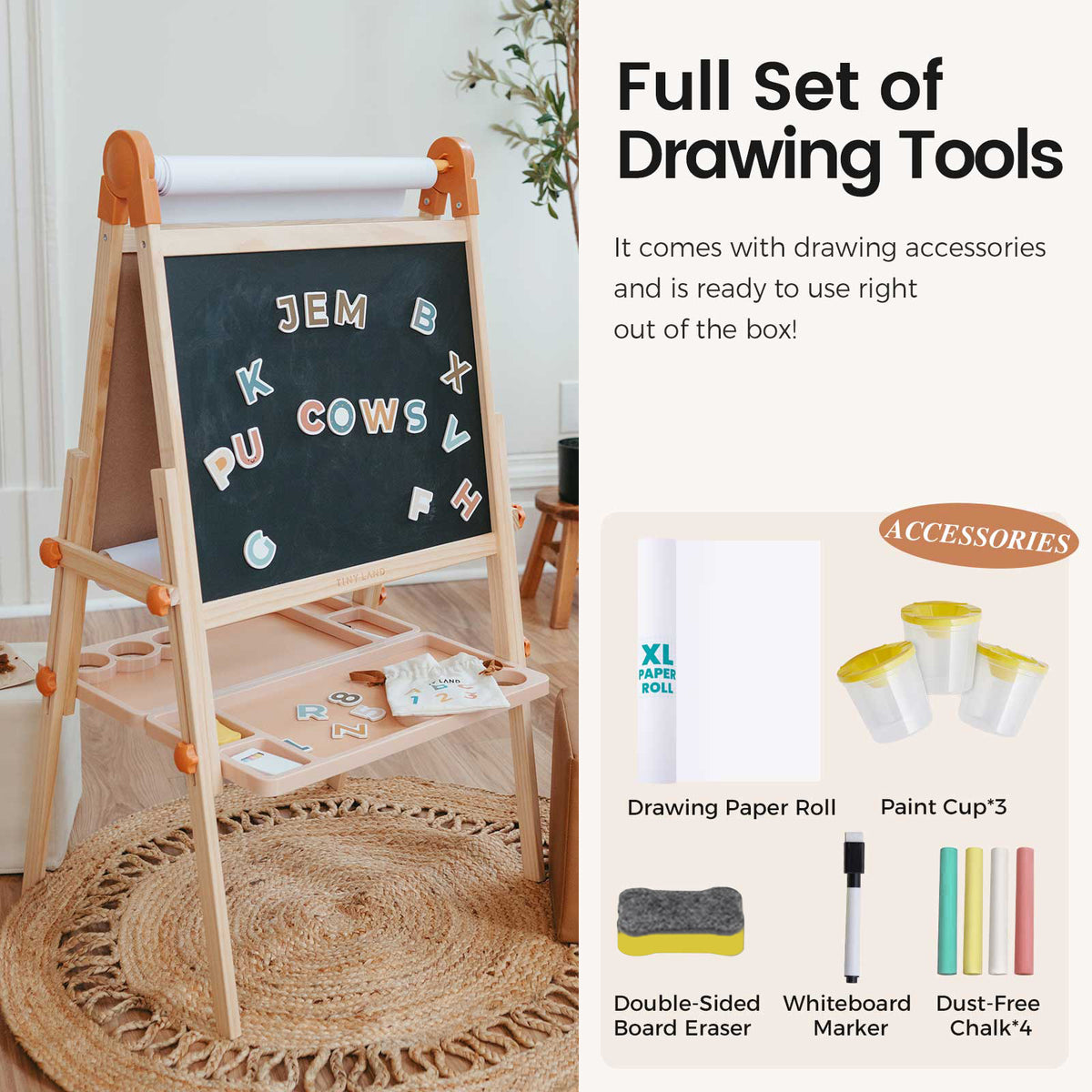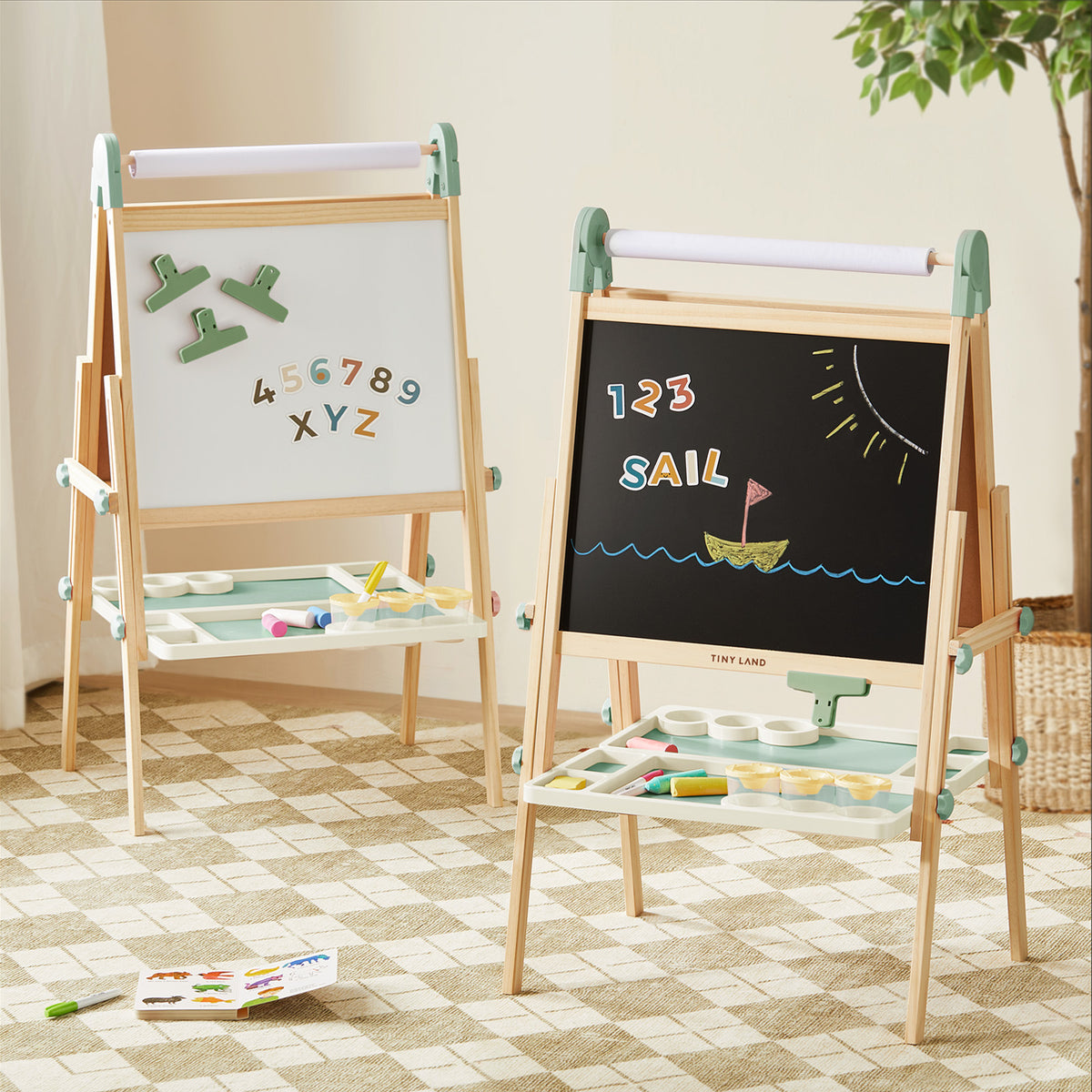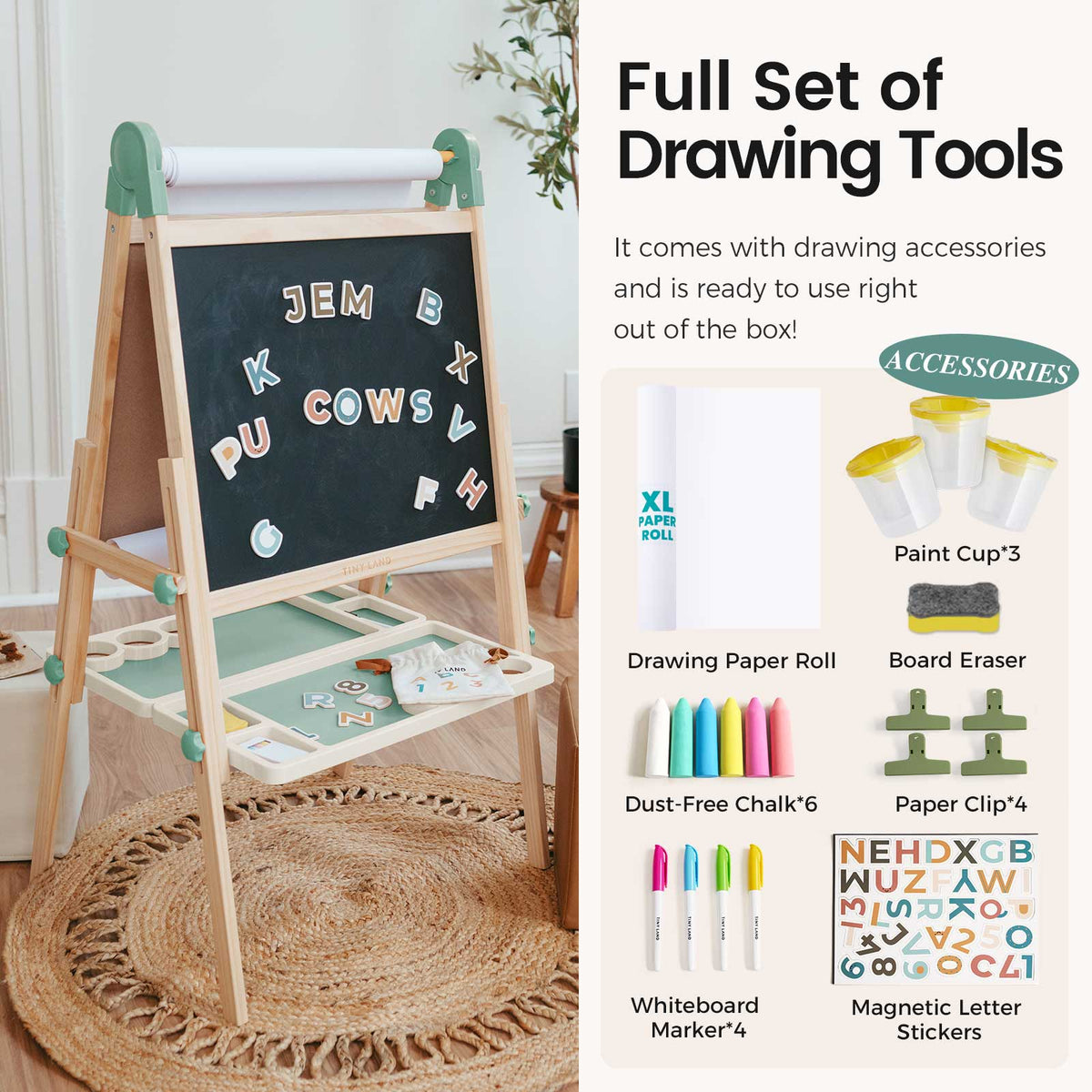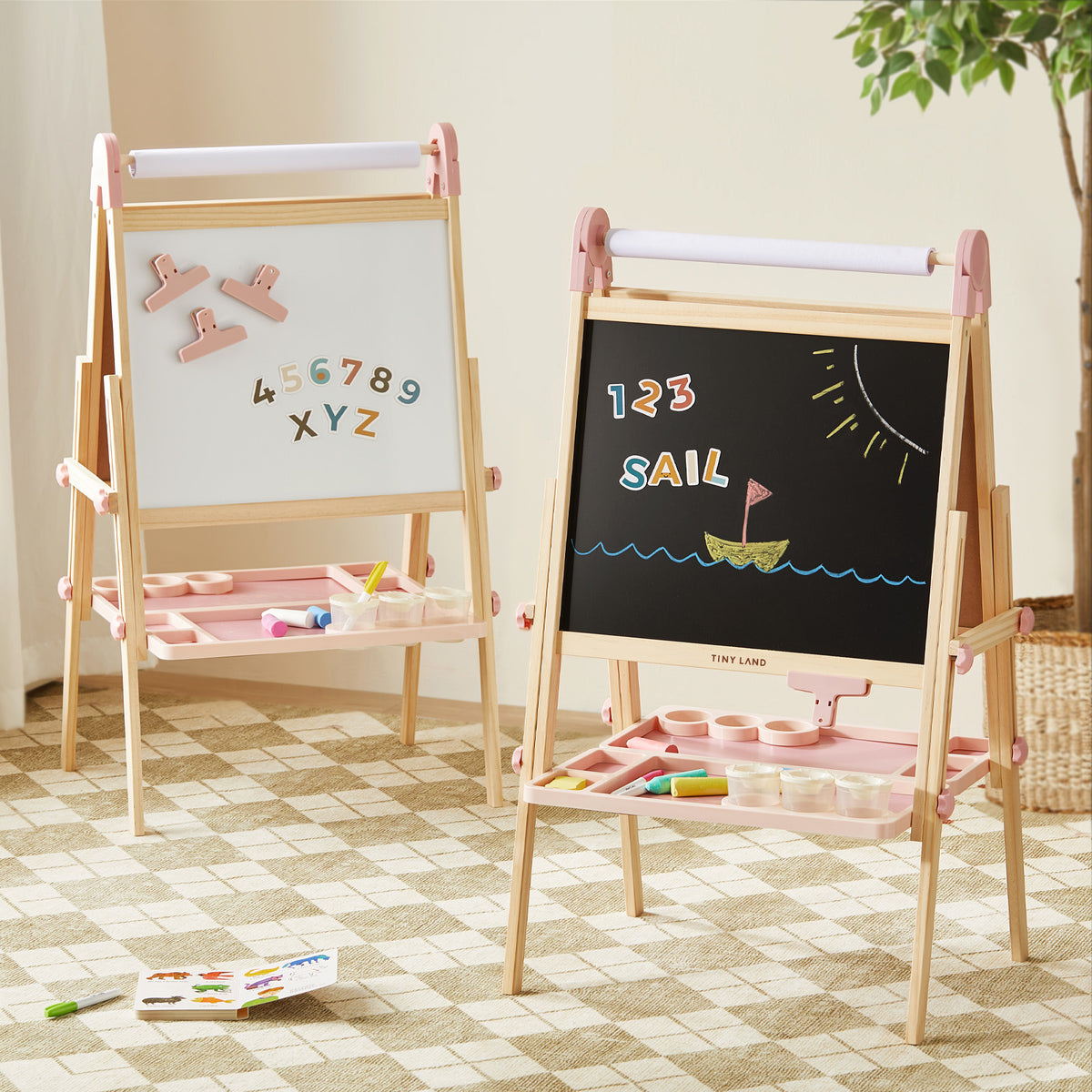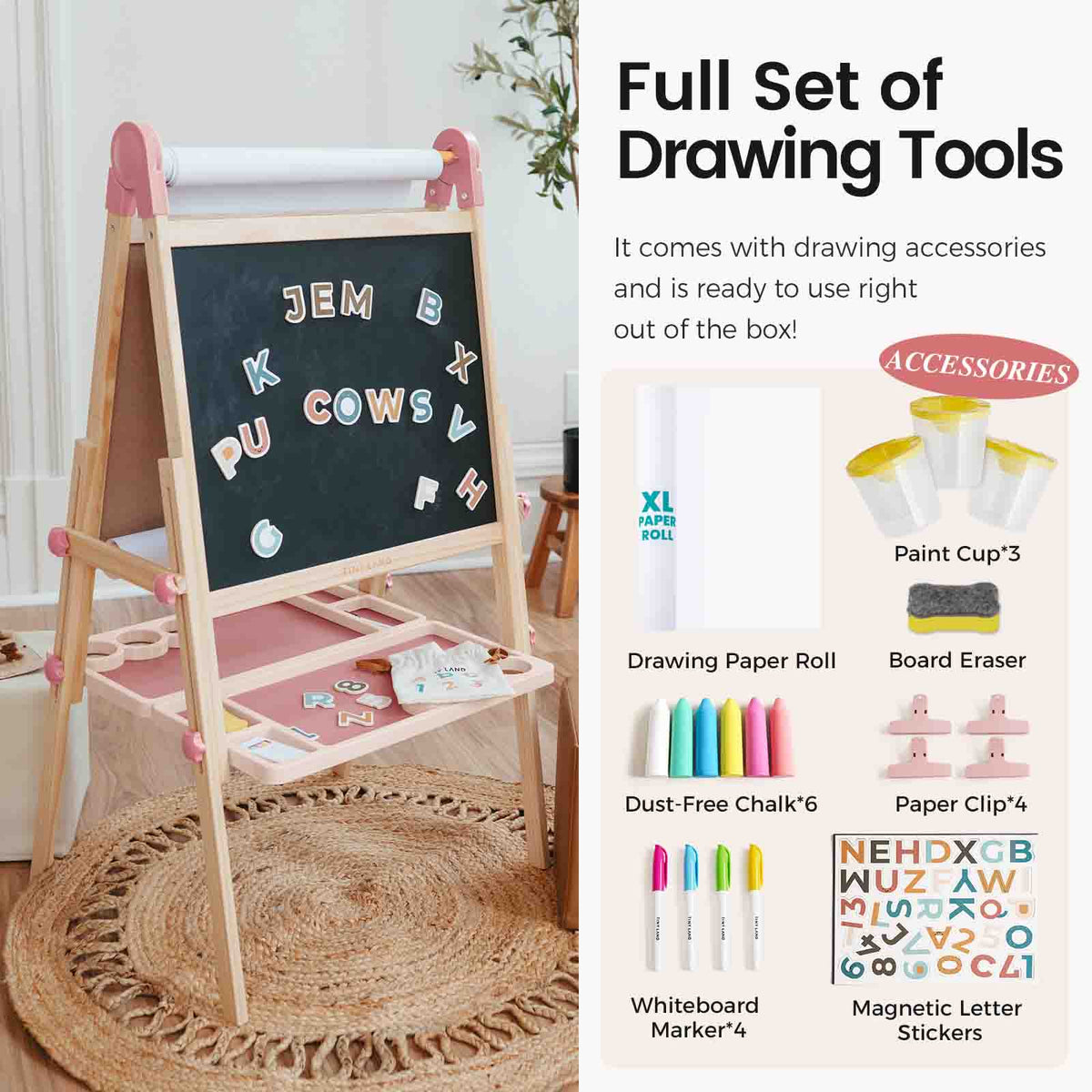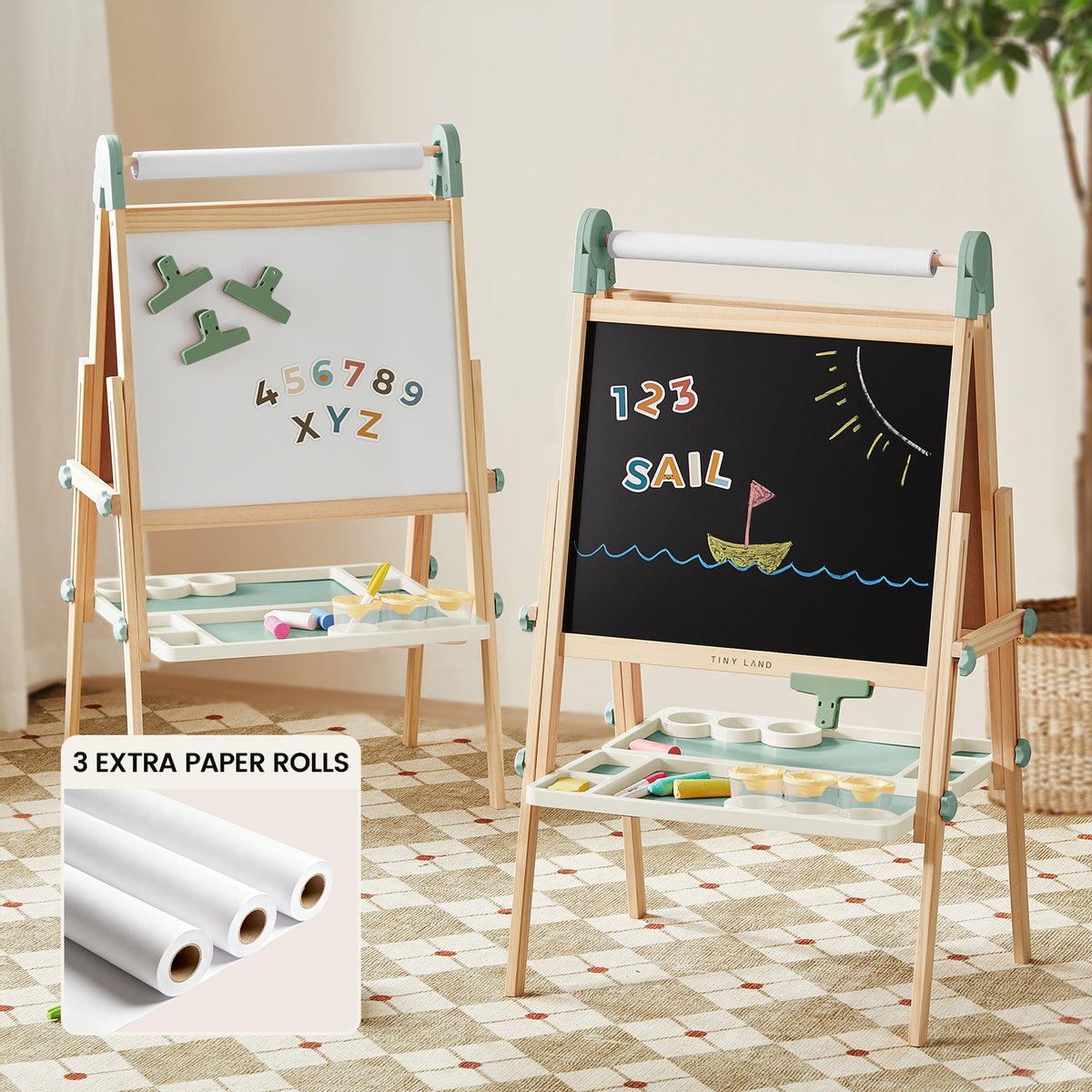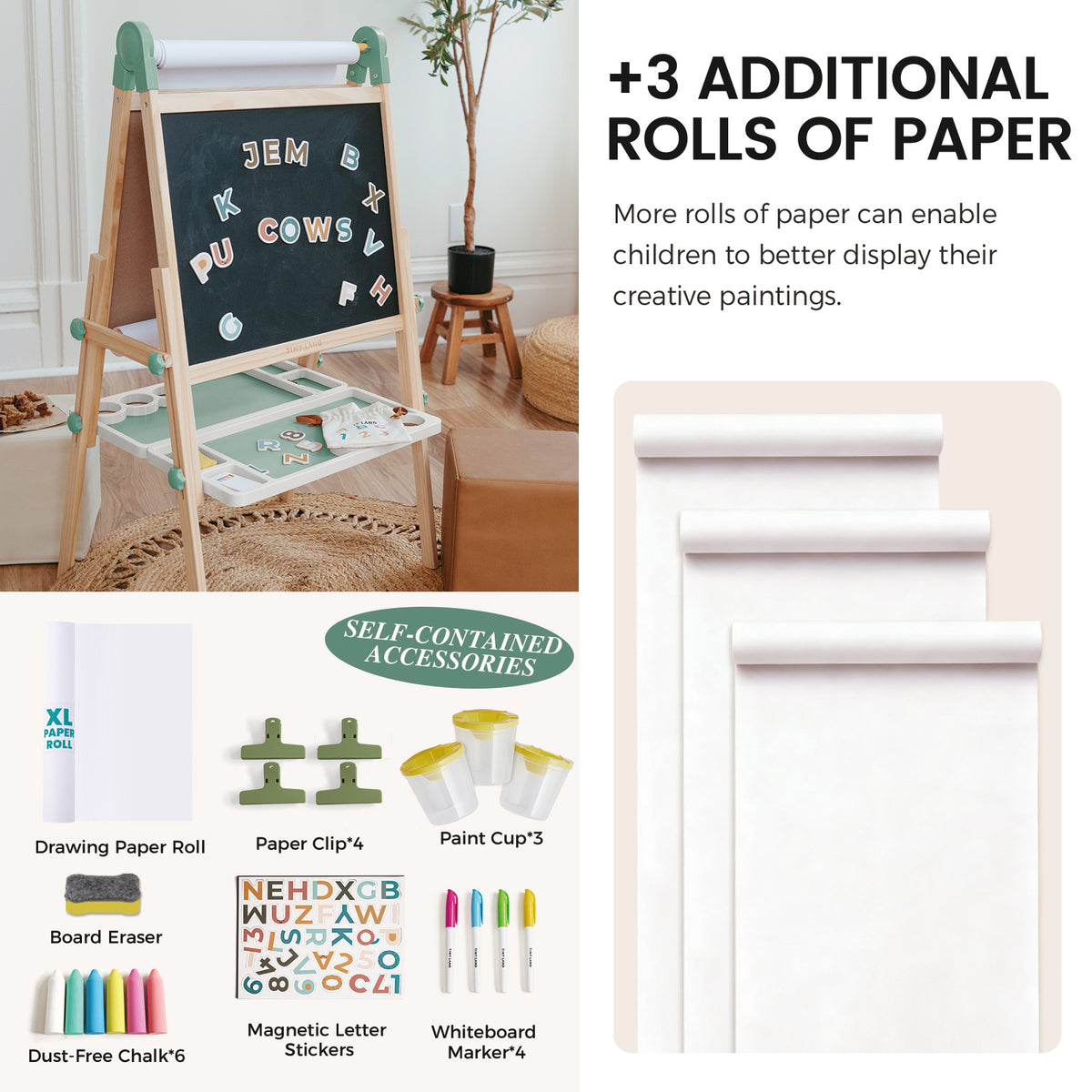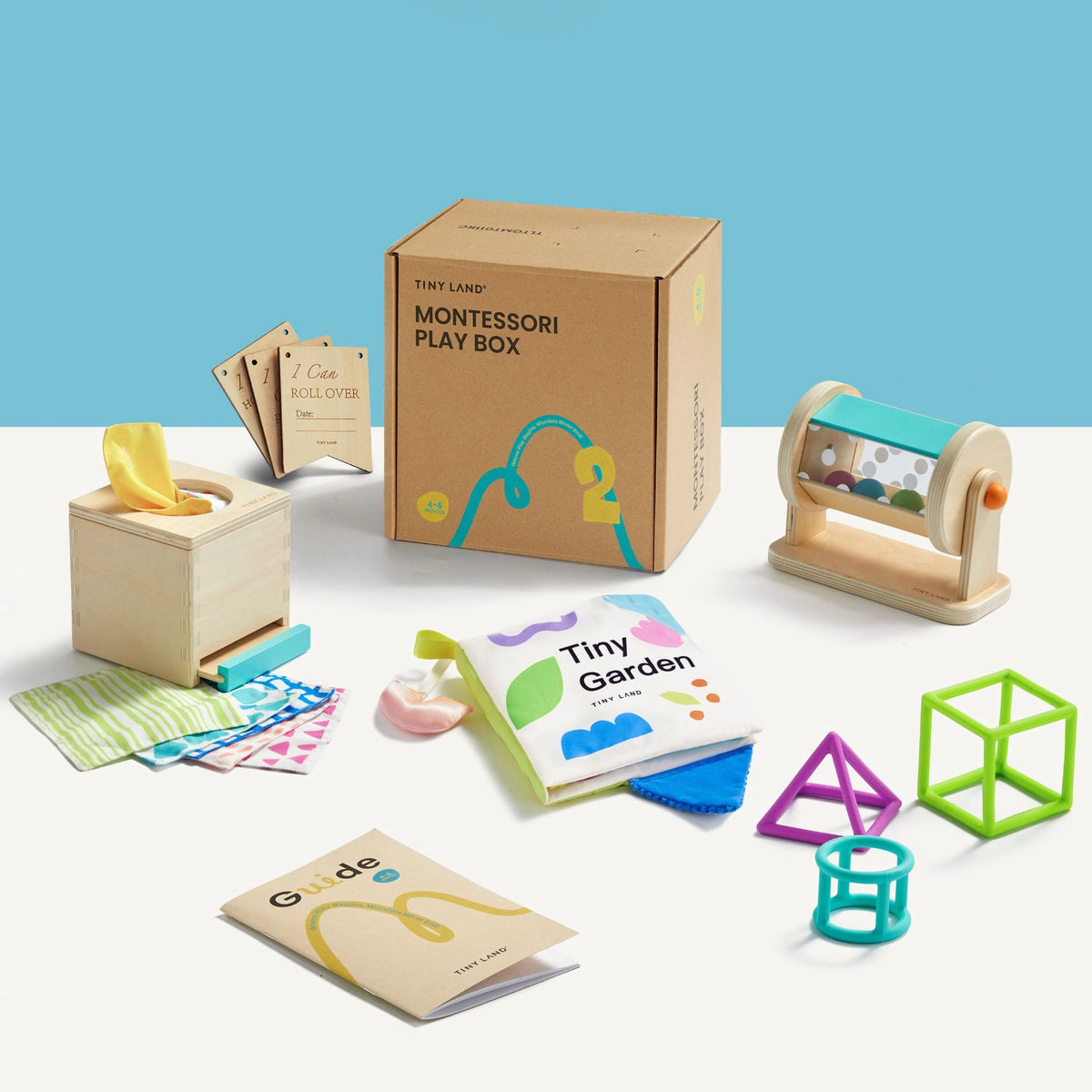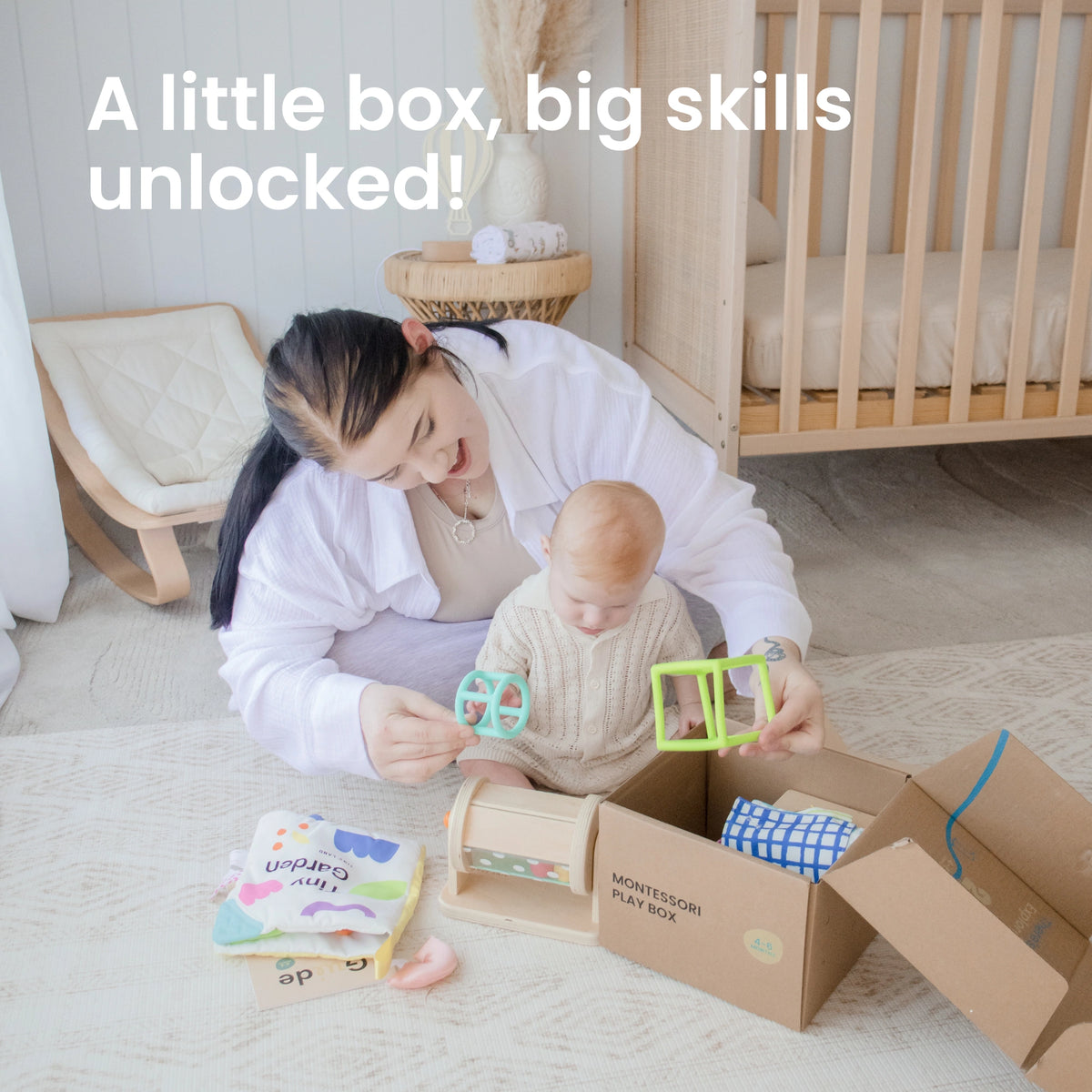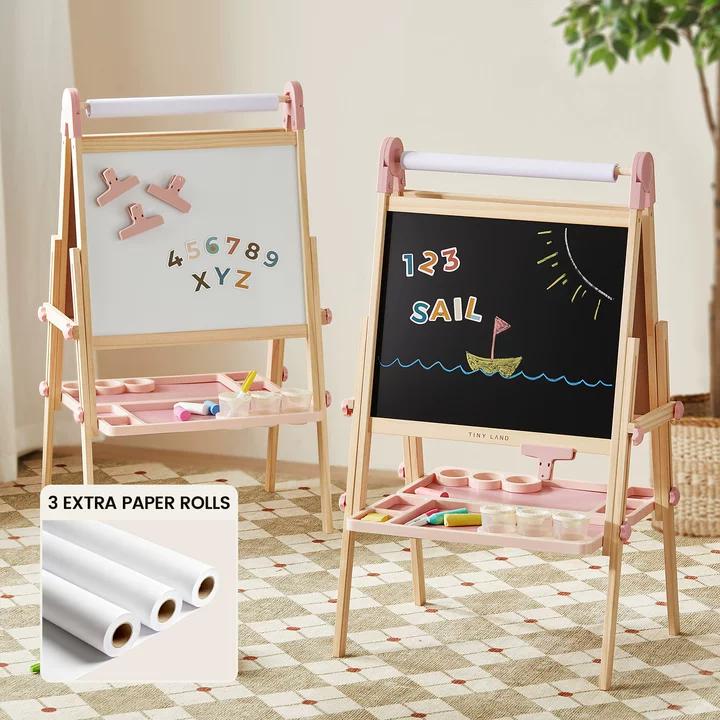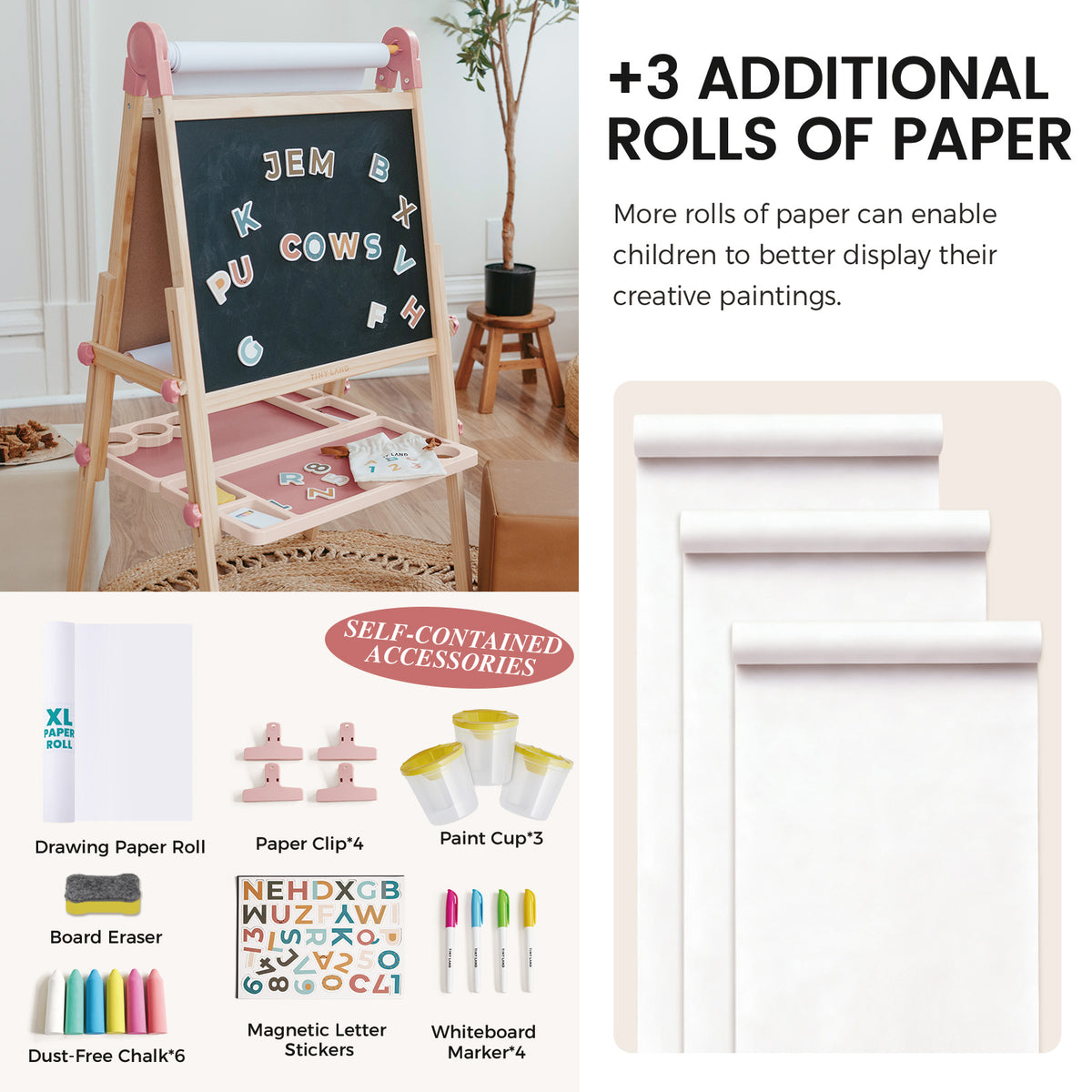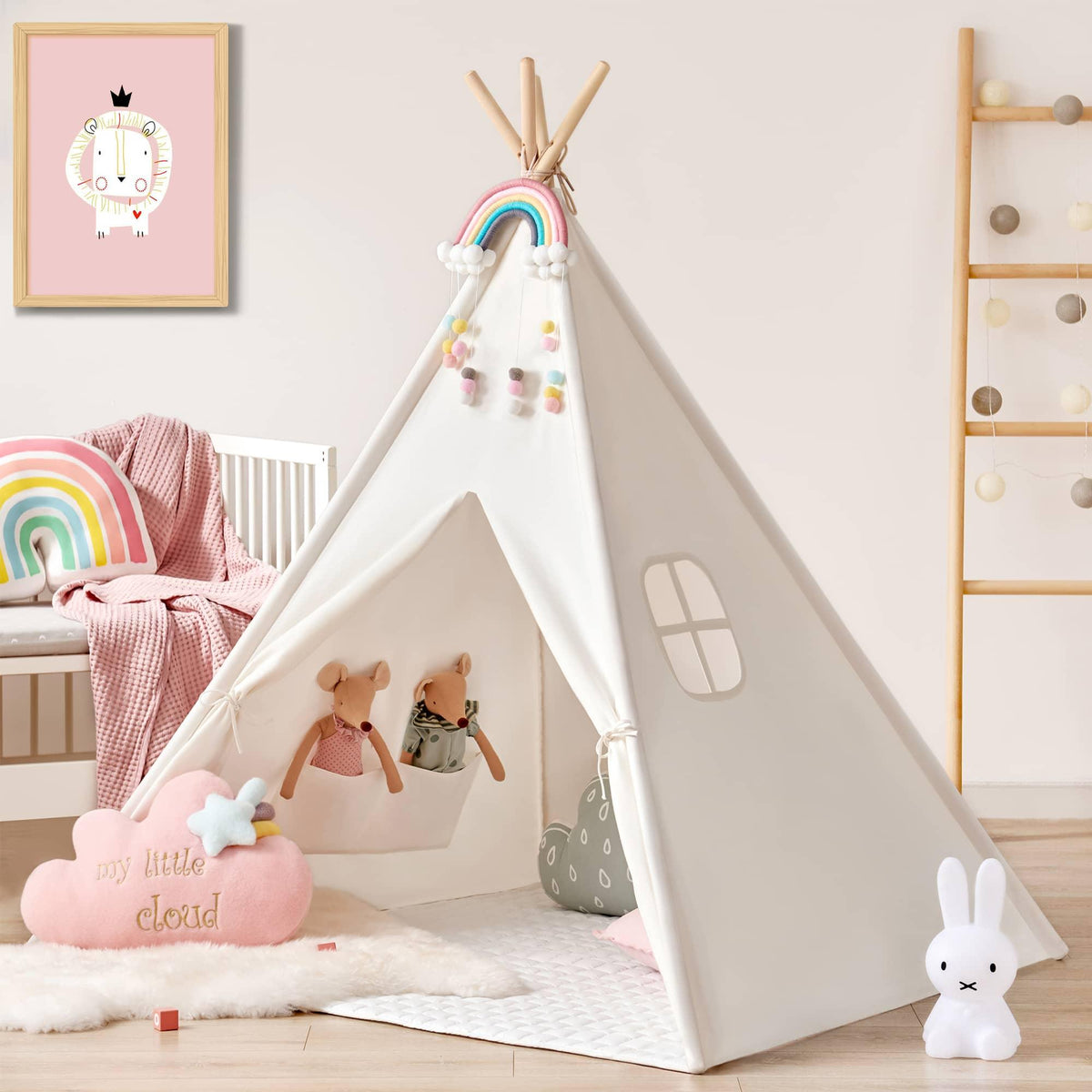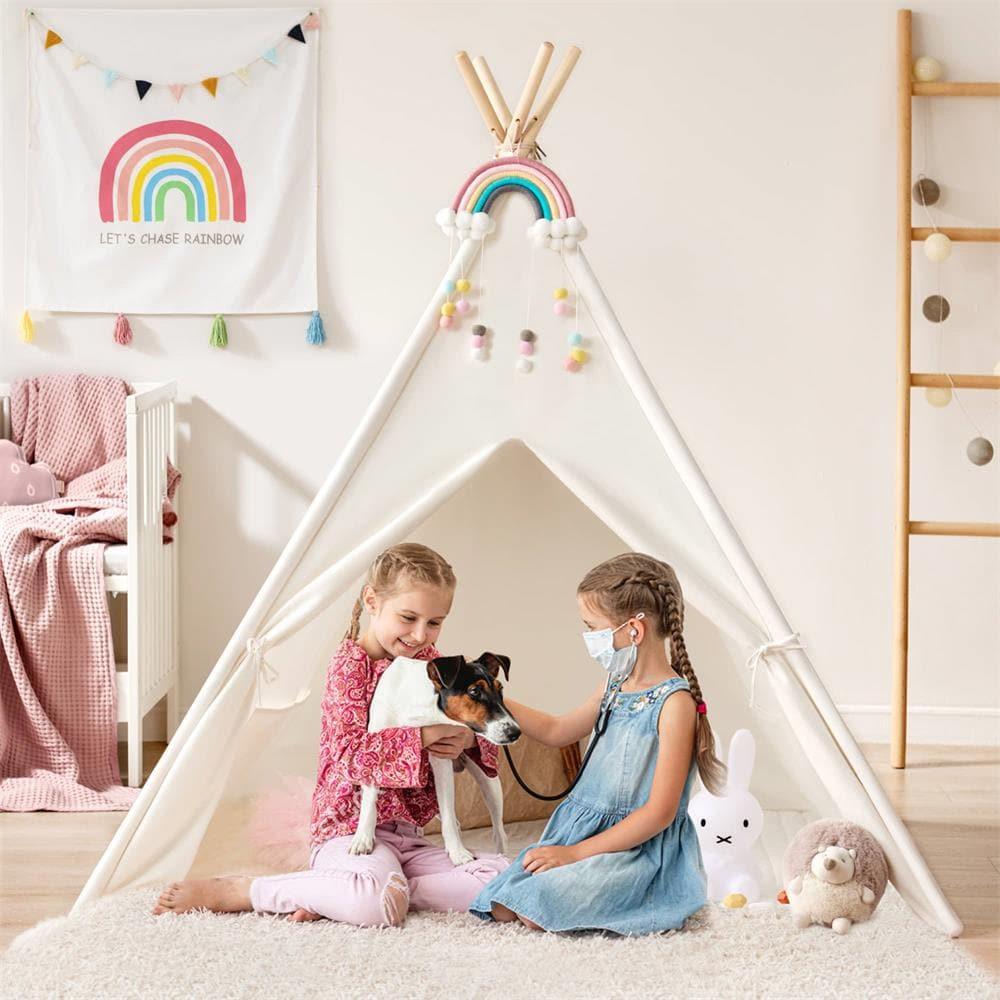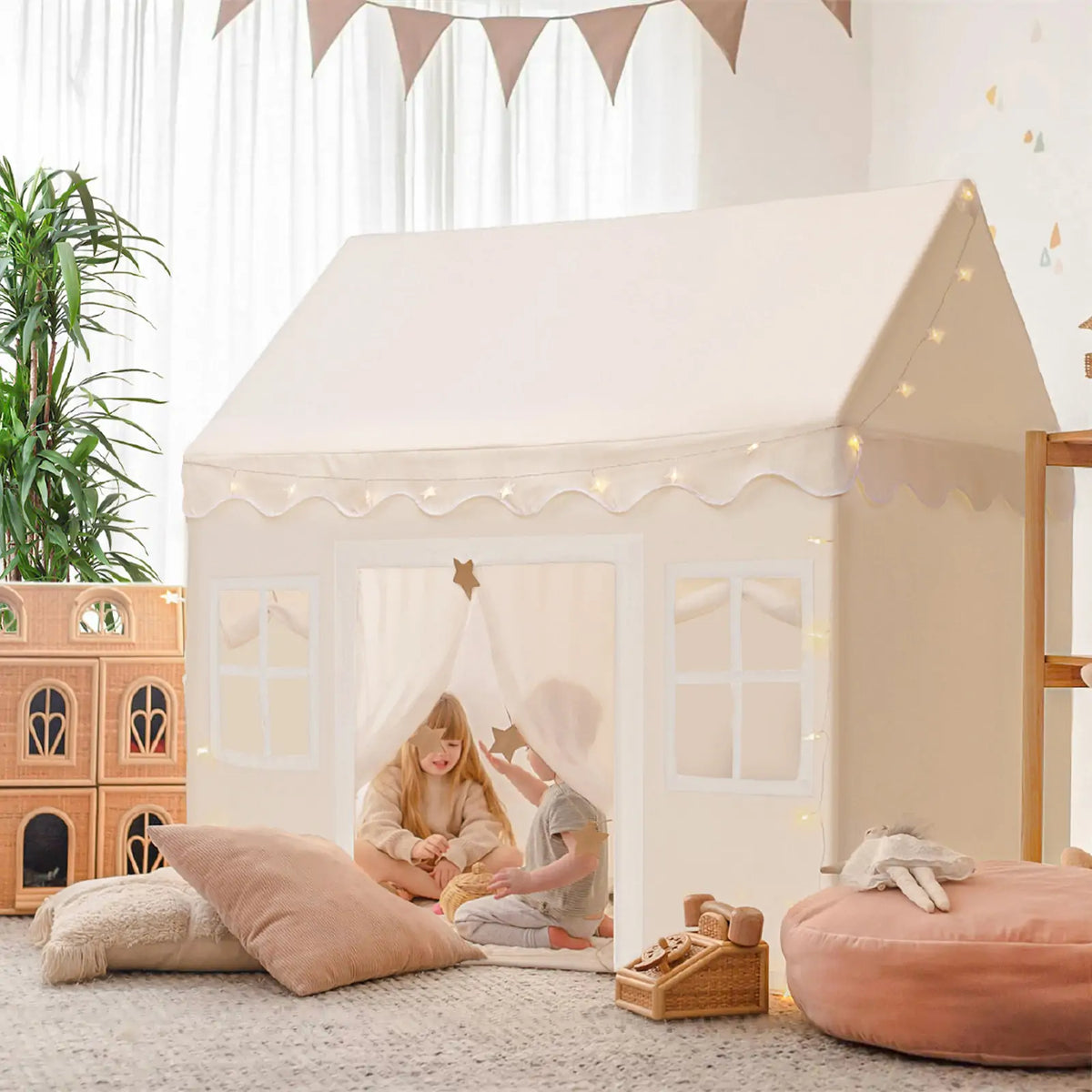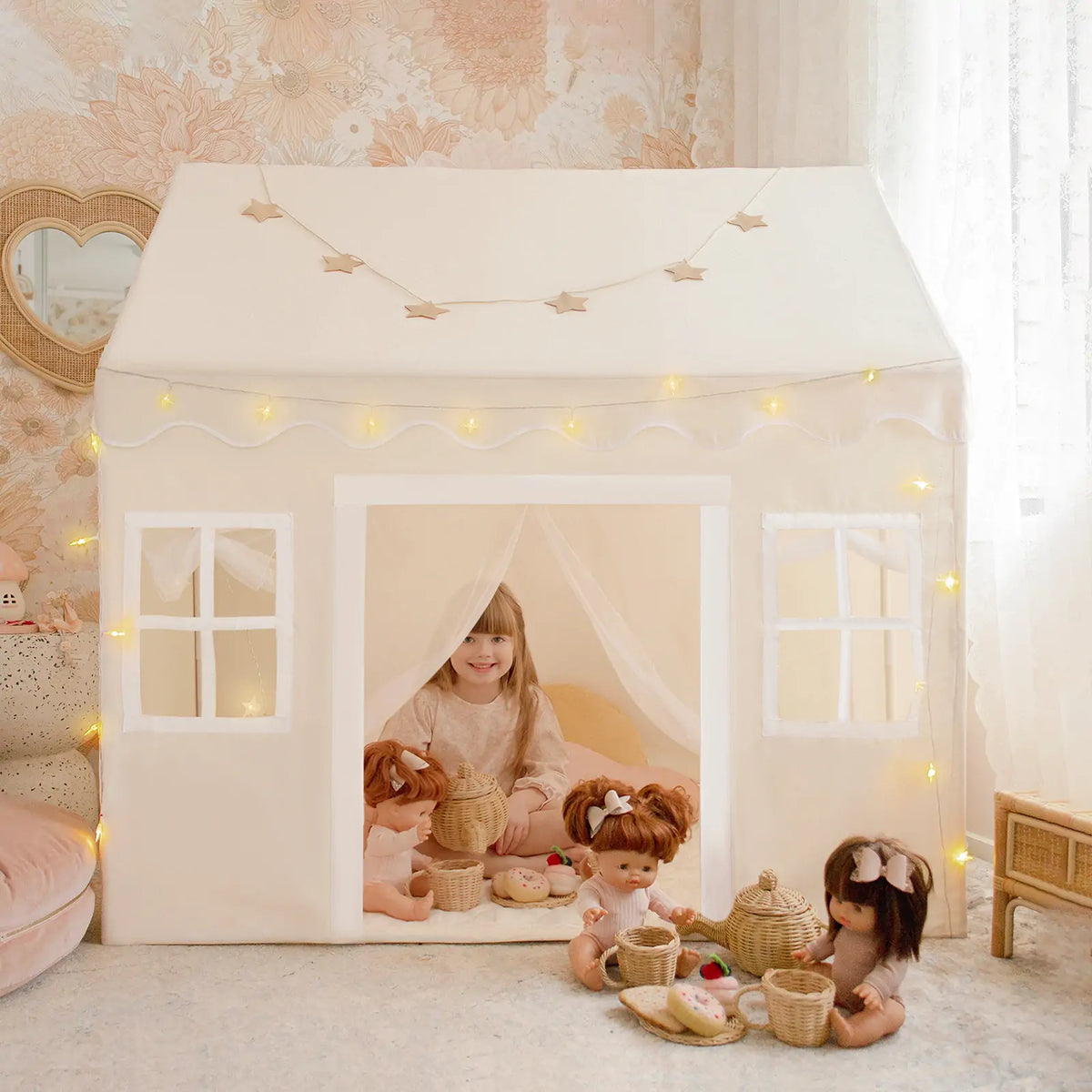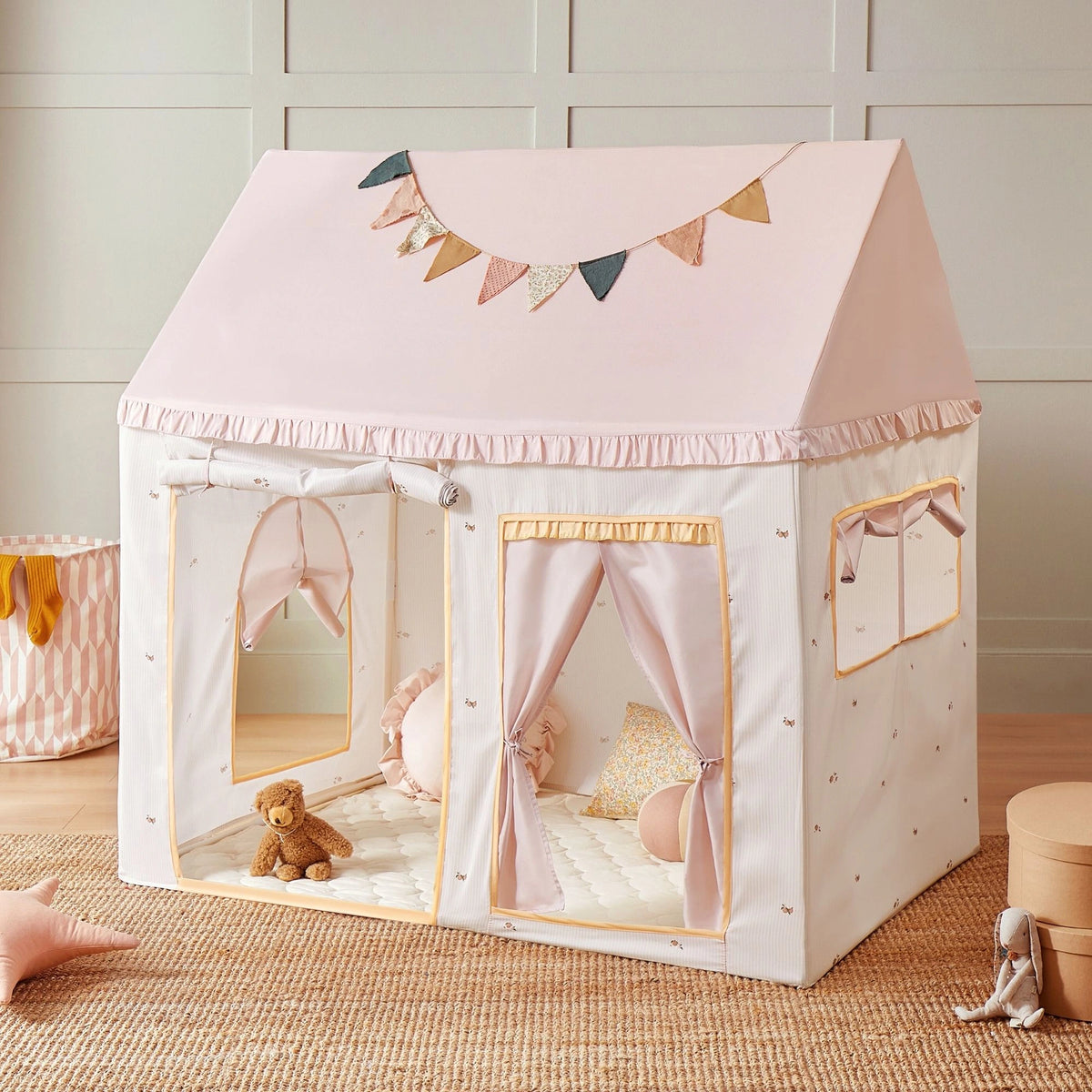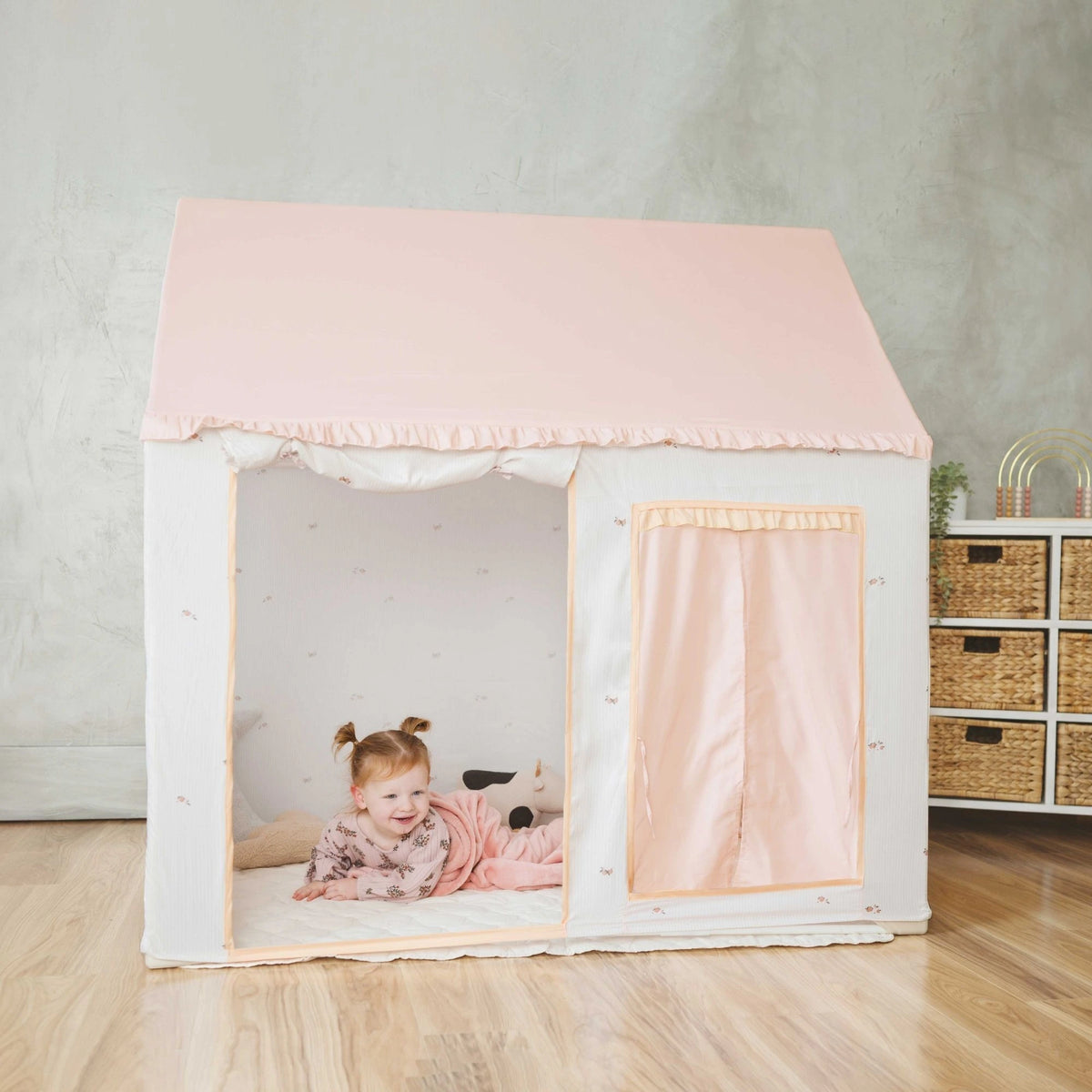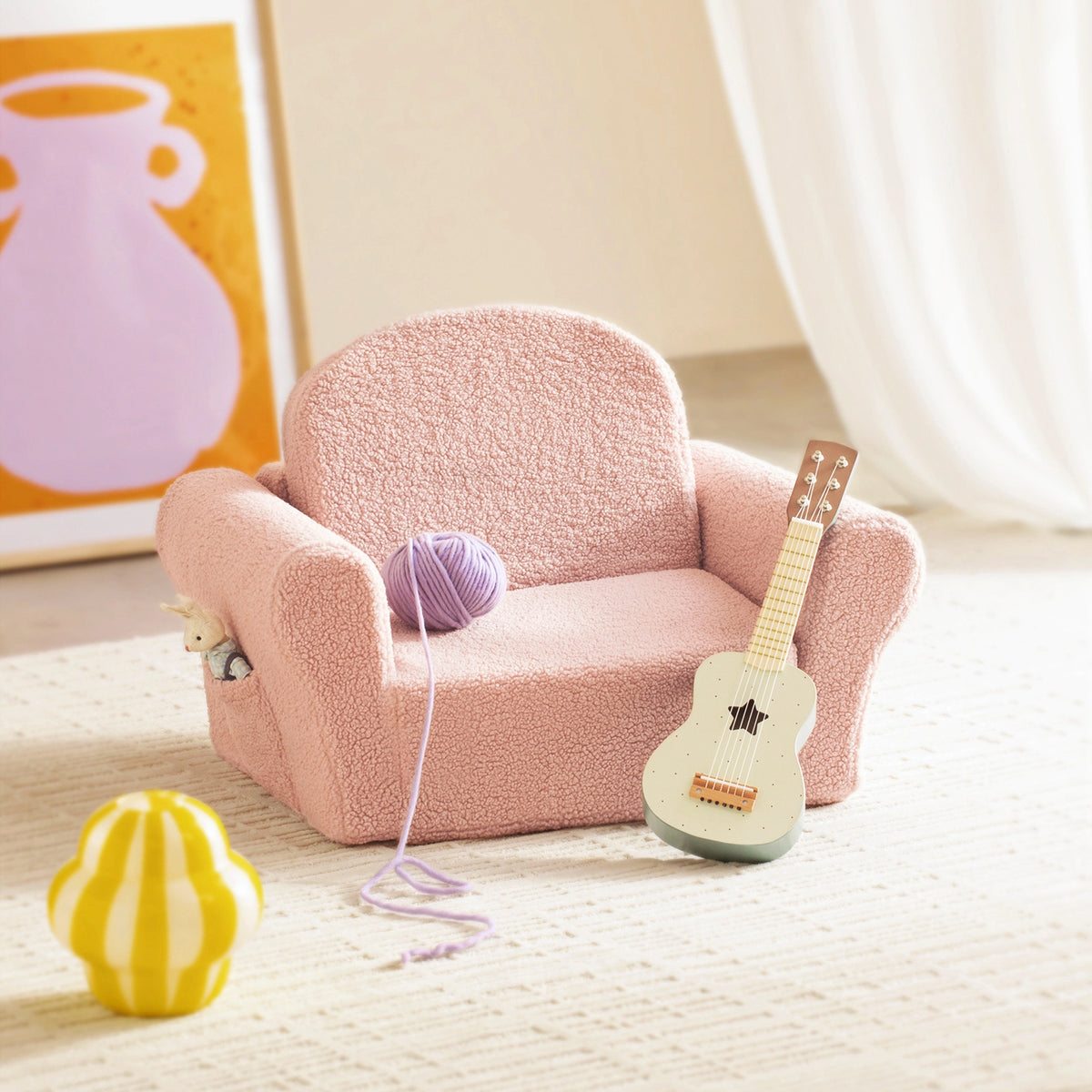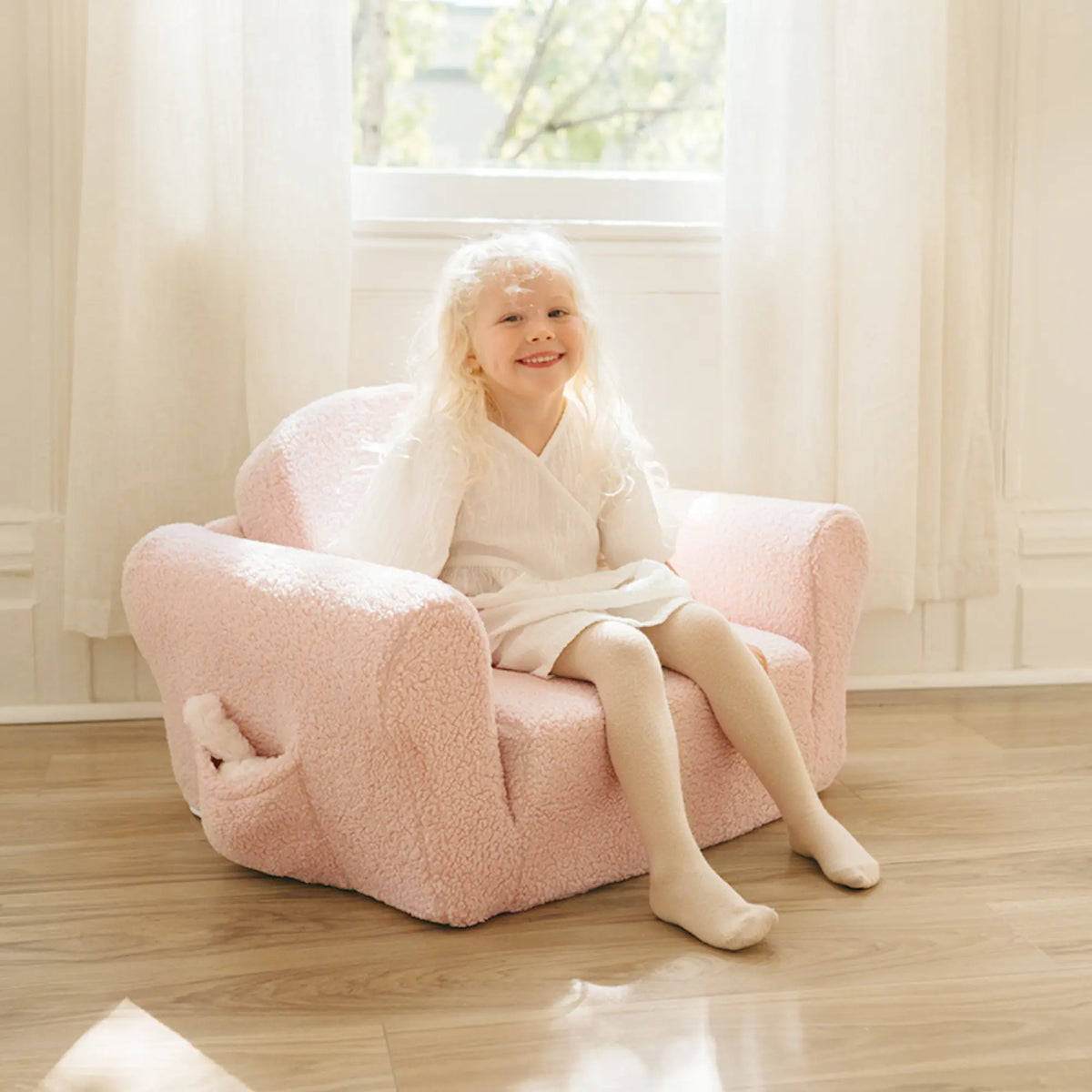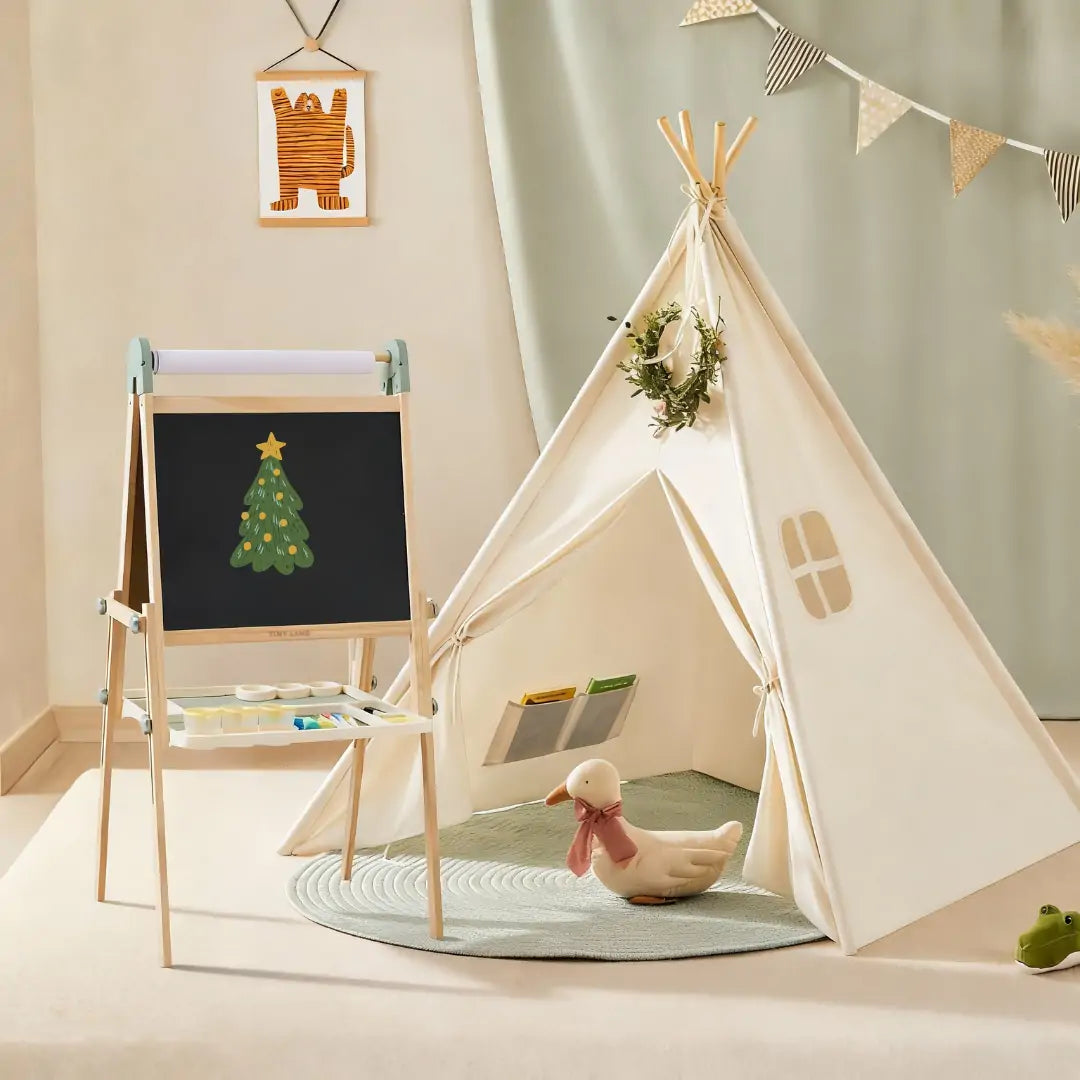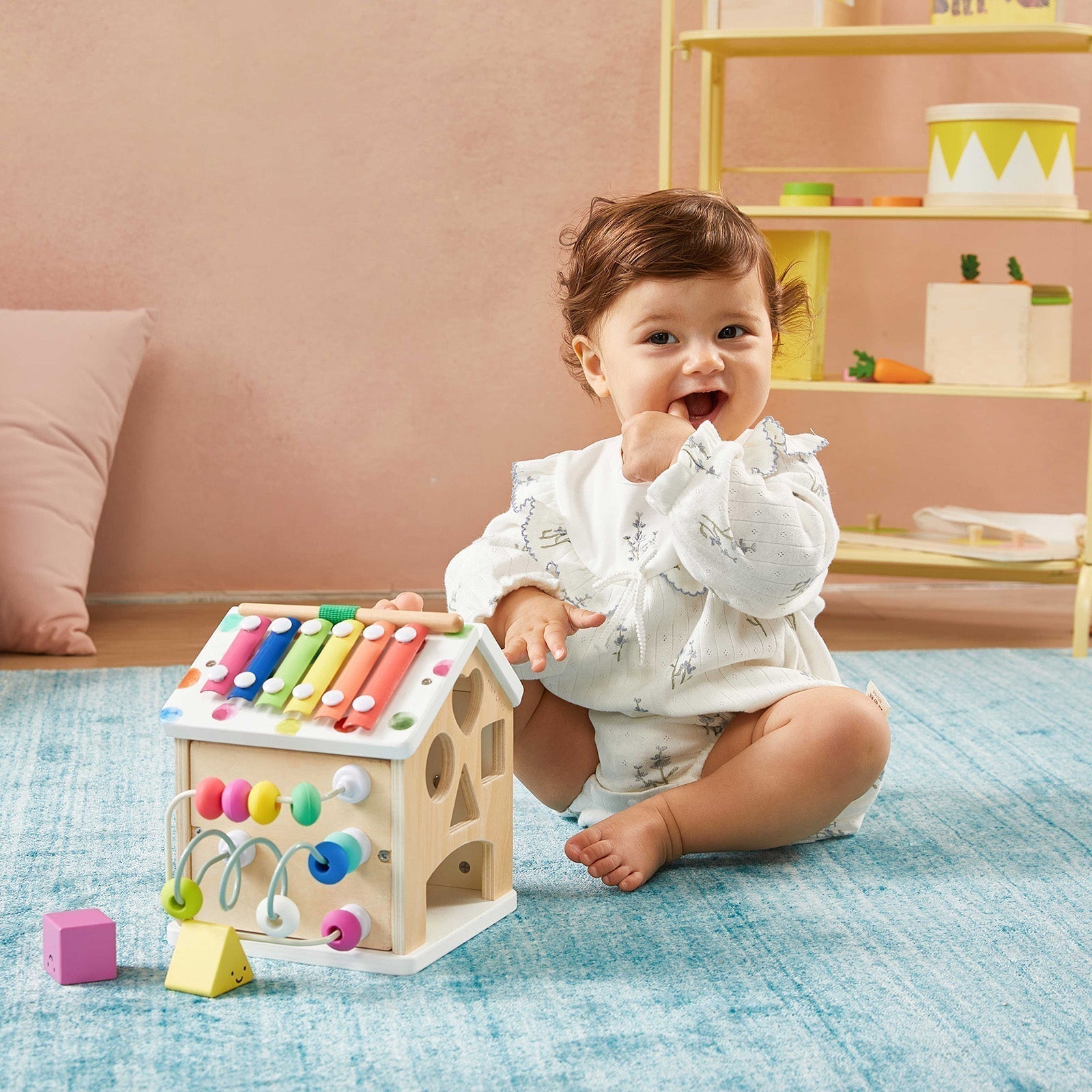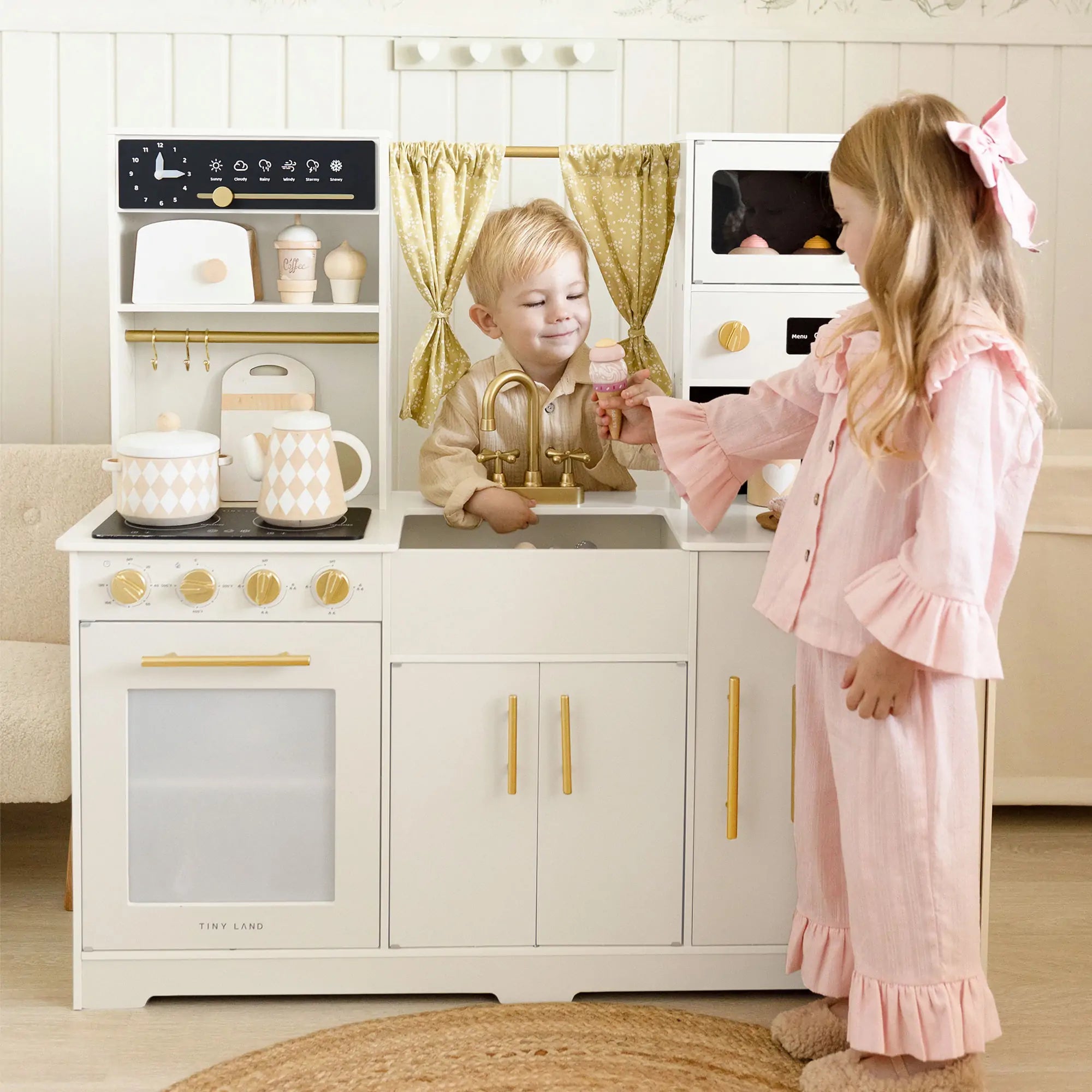Introduction
In today’s world of educational toys, few tools balance fun and development like a Tiny Land play kitchen. More than just a pretend setup, these mini culinary stations introduce children to real-world tasks in a way that’s aligned with Montessori principles. From encouraging practical life skills to building confidence, communication, and coordination, a pretend food kitchen is a powerhouse of early learning.
Whether your child is a toddler, preschooler, or school age child, imaginative kitchen play becomes a foundation for exploration and toy education. It’s where fun meets function—and where tiny hands begin mastering big skills.

Play Kitchen: All the Ways It Supports Practical Life Skills
At the heart of Montessori learning is independence—and nothing nurtures that better than a Tiny Land play kitchen. As children play, they naturally mimic adults by preparing food, using utensils, and tidying up. These tasks support:
-
Fine motor skills as they grip spoons, turn knobs, and open cabinets
-
Problem solving when they figure out how to “cook” or “clean”
-
Life skills like organization, patience, and sequence planning
Parents are often surprised by how engaged kids become when given realistic tools, such as a sink, stove, and oven—all perfectly sized for toddlers and school age children. By putting food on a plate or turning the faucet, they learn to think in steps and practice coordination.

At the table, children learn the value of cooperation. Whether role-playing restaurant scenarios or setting the kitchen scene with friends, they share, take turns, and follow directions. When a mistake happens—like “burning” pretend toast—they build problem solving skills and resilience. These early lessons in patience and recovery translate directly to real-life confidence.
Pretend Food Kitchen for Learning & Language Development
A pretend food kitchen is more than play—it's a stage for storytelling. As children learn to name ingredients, describe recipes, or assign roles (“You be the chef, I’ll be the customer”), they naturally develop:
-
Language development
-
Social communication
-
Emotional awareness through role playing and sharing
This type of interactive environment allows for self-expression and helps kids recognize and regulate emotions. Children may pretend to be tired chefs, happy customers, or grumpy dishwashers—each scenario letting them explore feelings and reactions in a safe space.

The caregiver’s role is also important here. Adults can help guide language, validate emotions, and model phrases or vocabulary. Watching how a caregiver interacts with the pretend environment helps children copy, repeat, and master communication patterns.
Even infants, while not yet participating directly, benefit from observing. When they watch older siblings or friends pretend to stir soup or serve coffee, they begin to understand social patterns and discover new actions. This type of observational learning is supported in pediatrics, where child specialists advocate for early exposure to enriched social play.
Why Tiny Land Stands Out in Toy Education
Tiny Land’s Montessori-inspired designs ensure that toy education goes beyond fun. Every play kitchen and accessory is crafted with:
-
Durable, child-safe materials
-
Thoughtfully included tools (like a sink, oven, and pretend food)
-
A focus on creative exploration and a lifelong love of learning

Unlike disposable or gimmicky toys, a Tiny Land kitchen provides years of use across ages. What starts as basic pretend games for toddlers becomes rich, layered role play for older children. They explore grocery shopping, cooking shows, and family meals—building stories fueled by imagination and curiosity.
Tiny Land also supports parents and educators with extended resources. These include downloadable play guides, kitchen setup tips, and themed challenges to support every developmental stage. Of course, every product is designed with Montessori values in mind—autonomy, realism, and child-led learning.
In a Tiny Land kitchen, children aren’t just playing—they’re becoming chefs, hosts, providers, and problem-solvers. That’s what makes it an exceptional toy education tool.
School Age Children and Continued Learning
While many see kitchen sets as toddler toys, they remain powerful tools for school age children. With more complex play, these children explore:
-
Planning multi-step tasks (“Let’s bake cookies!”)
-
Understanding time, measurements, and order
-
Developing life skills like sharing, cooking, and teamwork
Older kids begin writing menus, taking orders, and playing restaurant with friends, which builds literacy and math skills in a natural way. They also explore empathy and emotional nuance—how to “serve” politely, how to take feedback, how to handle a mistake gracefully.

Collaborative kitchen play requires negotiation and cooperation, helping children build social maturity while staying immersed in play. Whether preparing breakfast or hosting a pretend birthday party, kids are learning to think, react, and create as a team.
A Montessori-Inspired Approach to Real Life
Montessori encourages children to engage with real tasks. A kitchen set—particularly one like Tiny Land’s that features child-realistic tools—bridges fantasy and reality. The practical life skills learned in this space prepare kids for actual kitchen duties, safety awareness, and personal responsibility.
They’re not just mimicking—they’re preparing. They’re not just stirring imaginary soup—they’re mastering a sequence. They’re not just playing—they’re learning, deeply and joyfully.
By encouraging creativity, validating emotions, and empowering choice, a Tiny Land kitchen fosters well-rounded development.

Conclusion: Why Montessori + Tiny Land Is a Smart Investment
Montessori education is all about hands-on learning—and with Tiny Land play kitchens, your child isn’t just playing; they’re learning skills for life. Whether it’s language development, fine motor skills, or problem solving, a pretend food kitchen is a joyful way to teach children how the world works.
With the help of a thoughtful caregiver, and the right environment, children can transform pretend time into a foundation for real-world mastery.

Tiny Land turns everyday playtime into meaningful growth. Support your child's development and give them a space where imagination, confidence, and curiosity thrive—at their own pace, and at their own little table.


